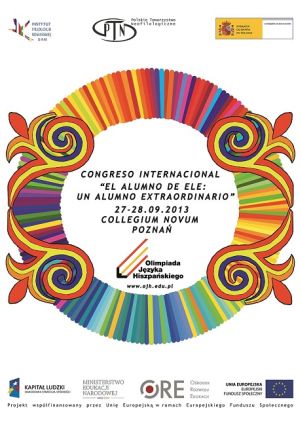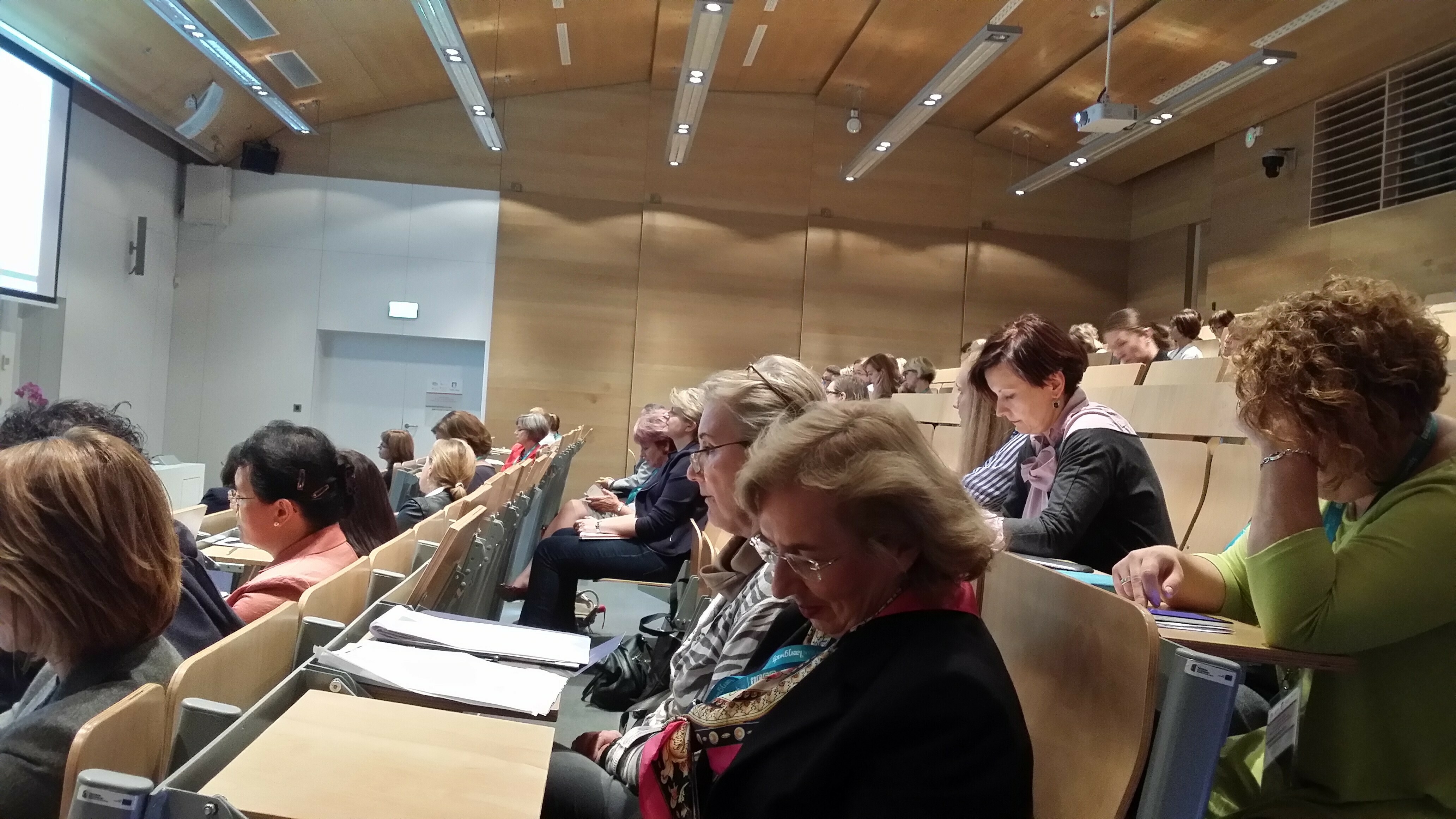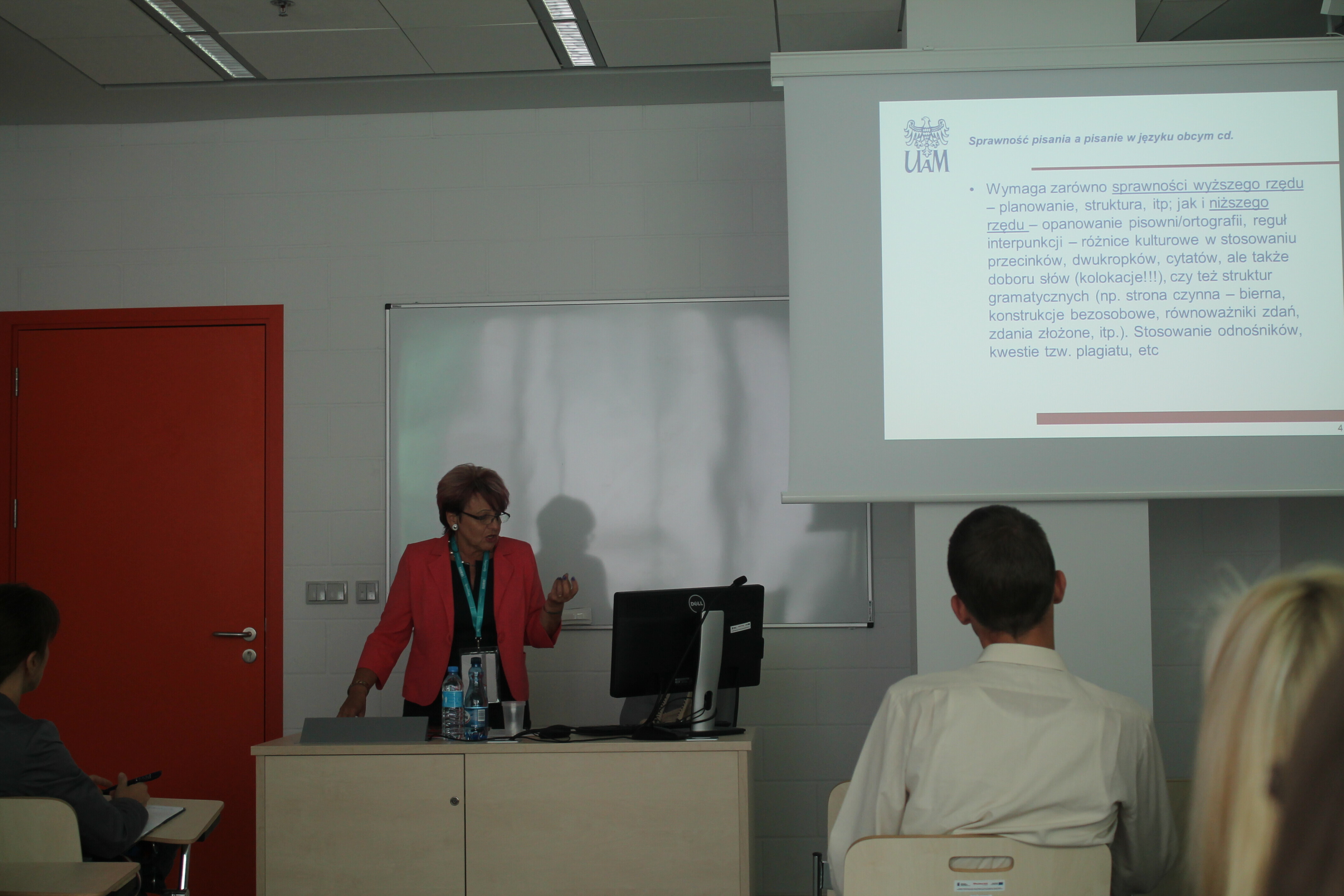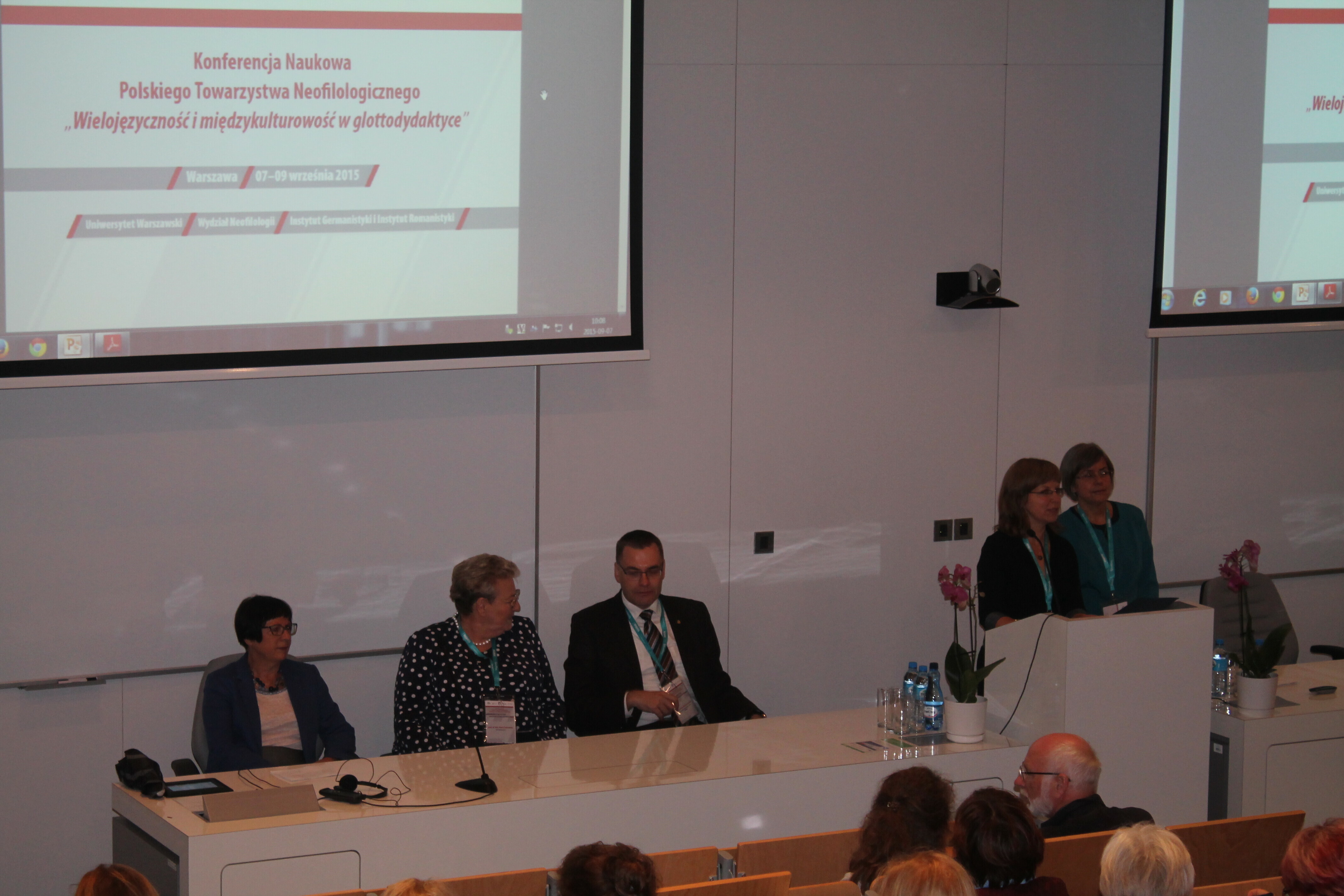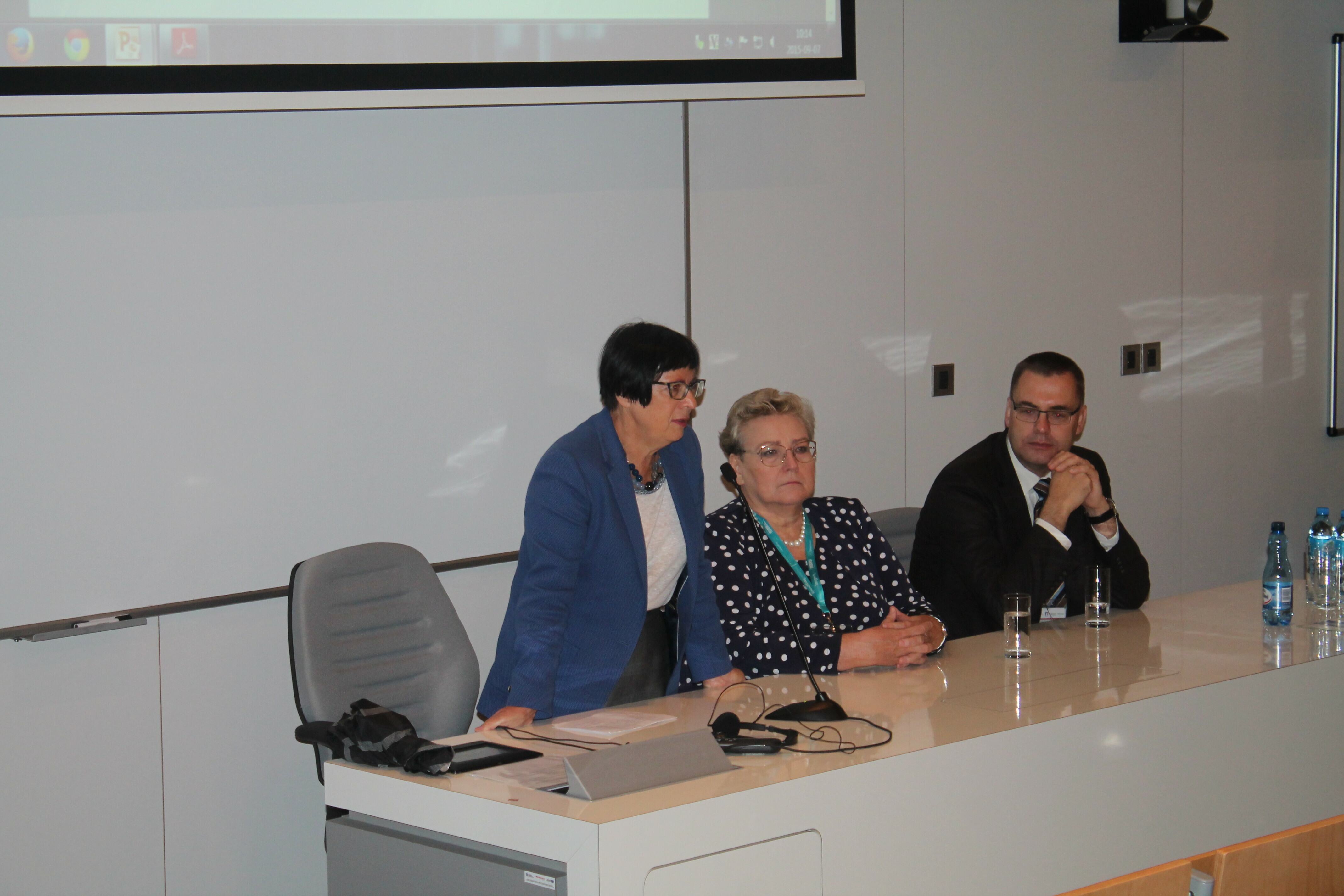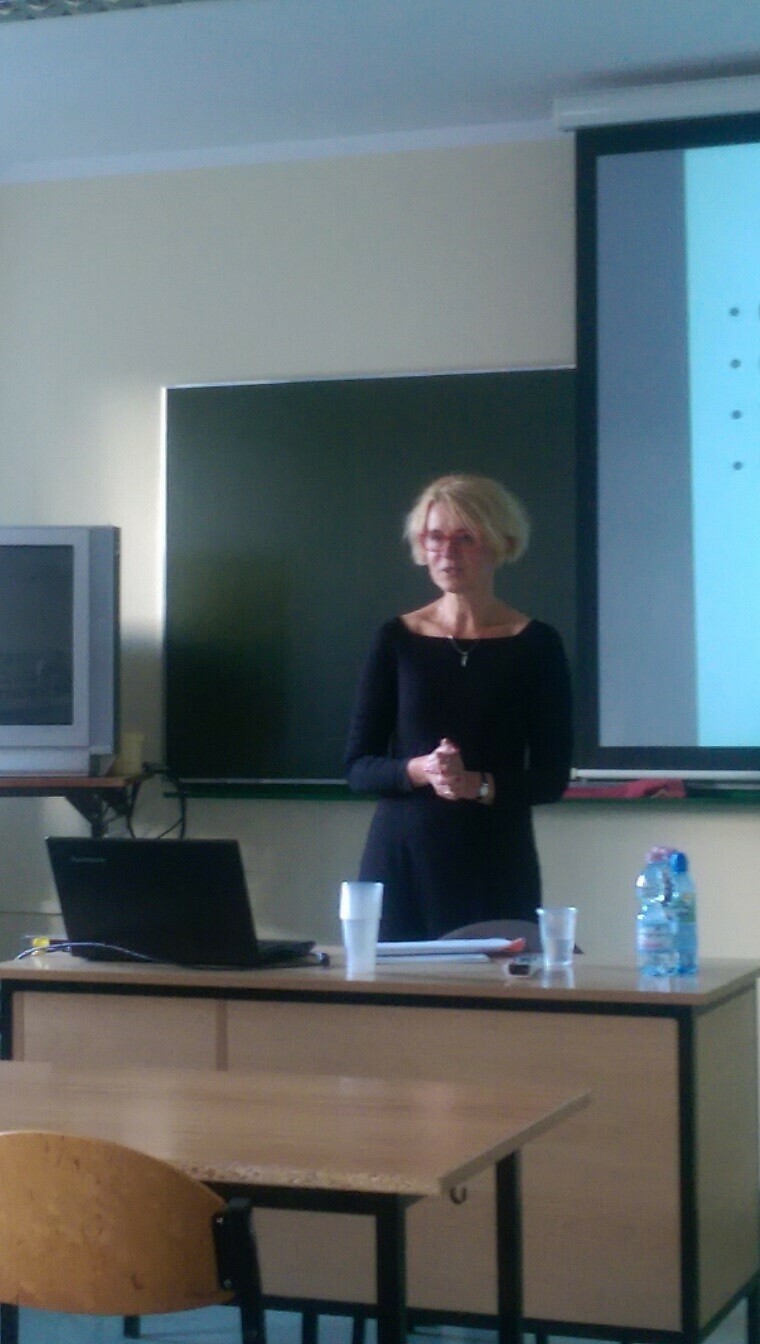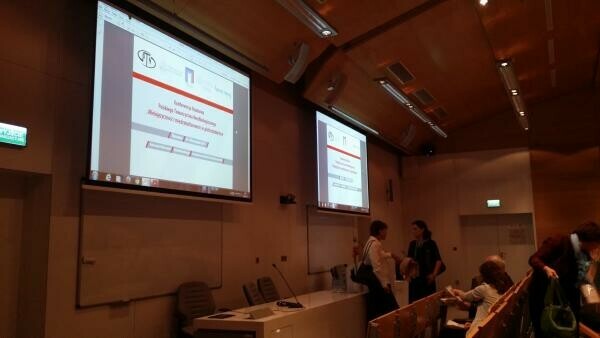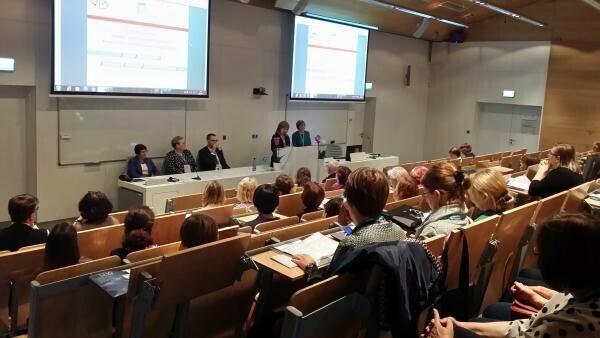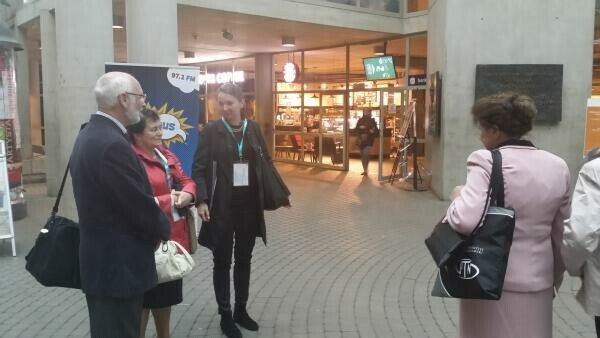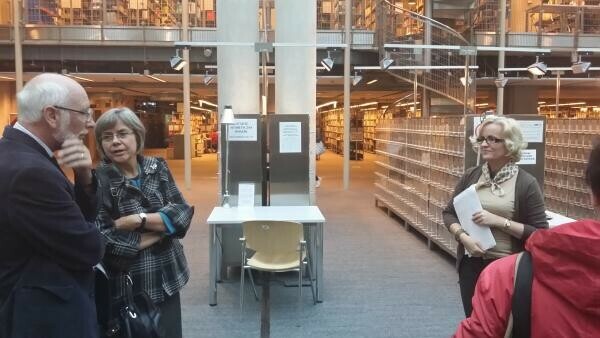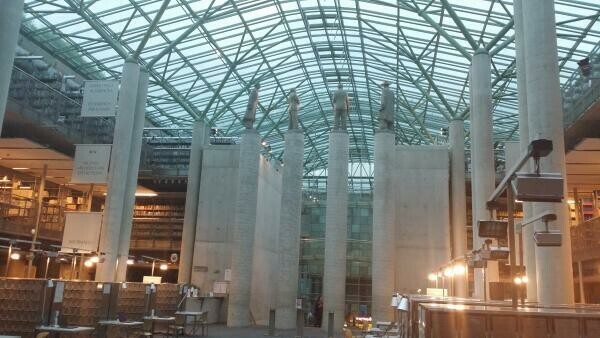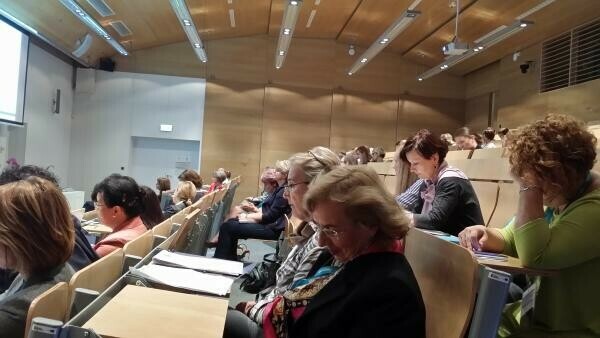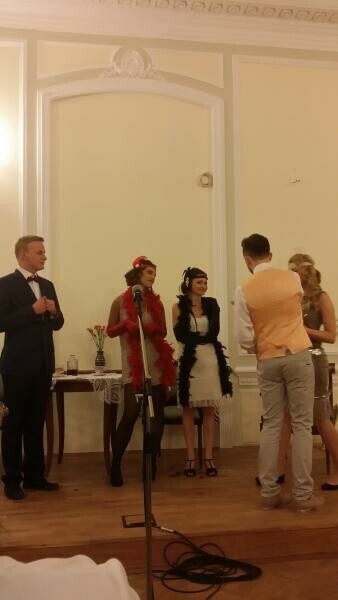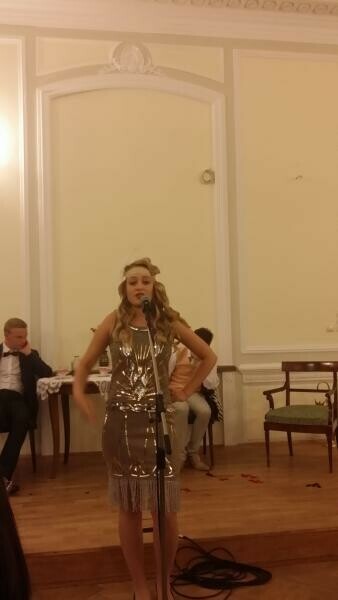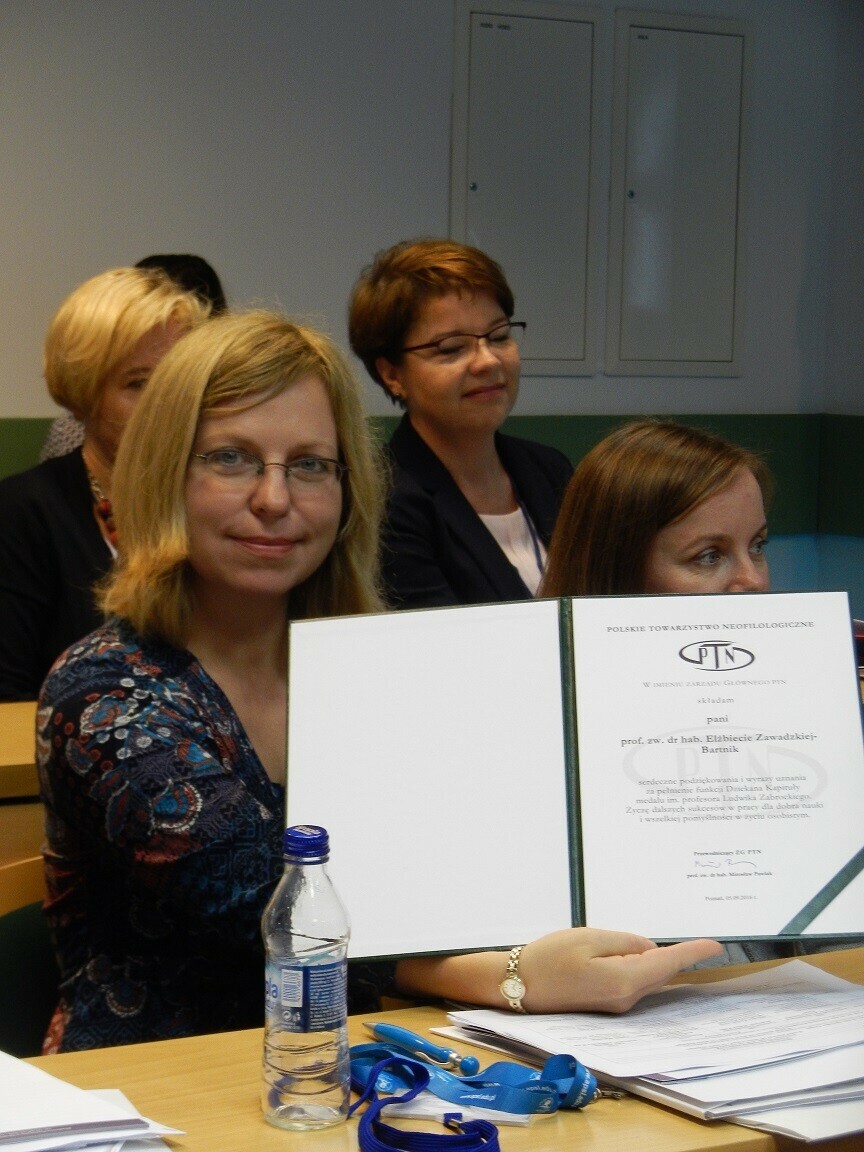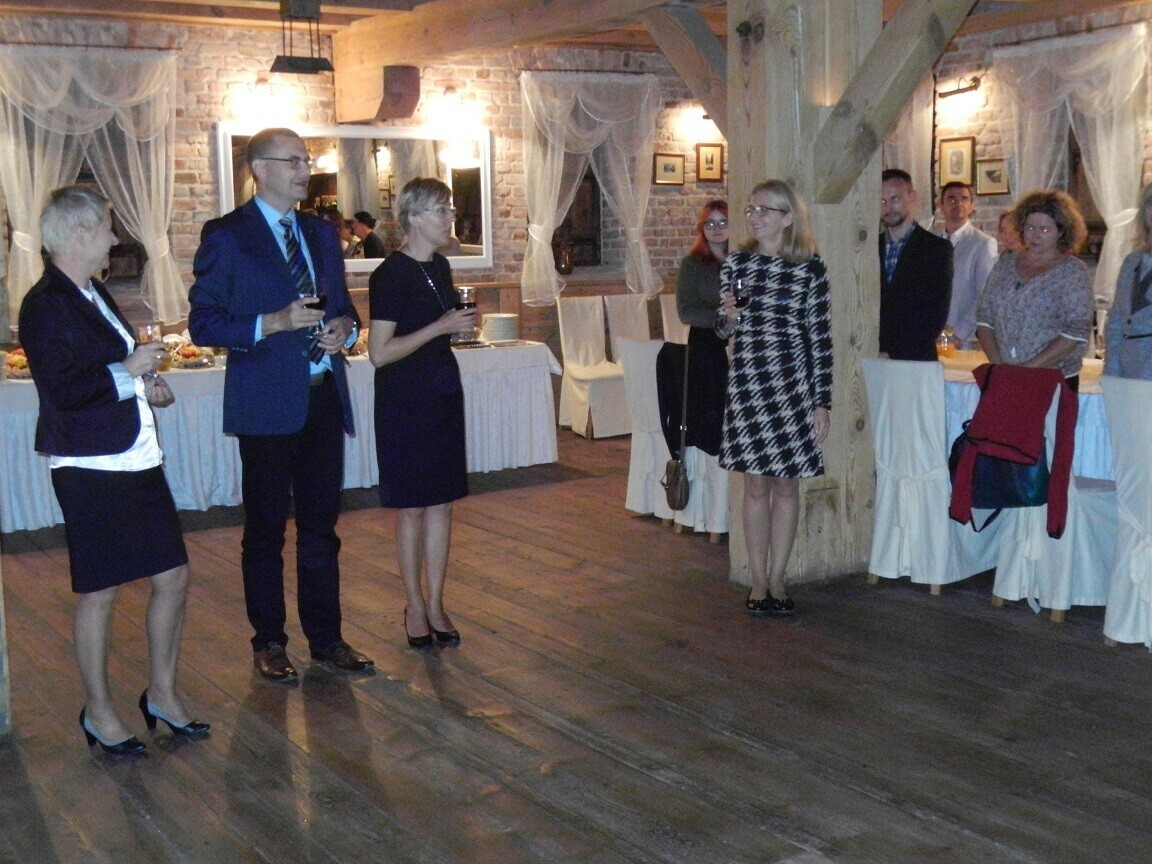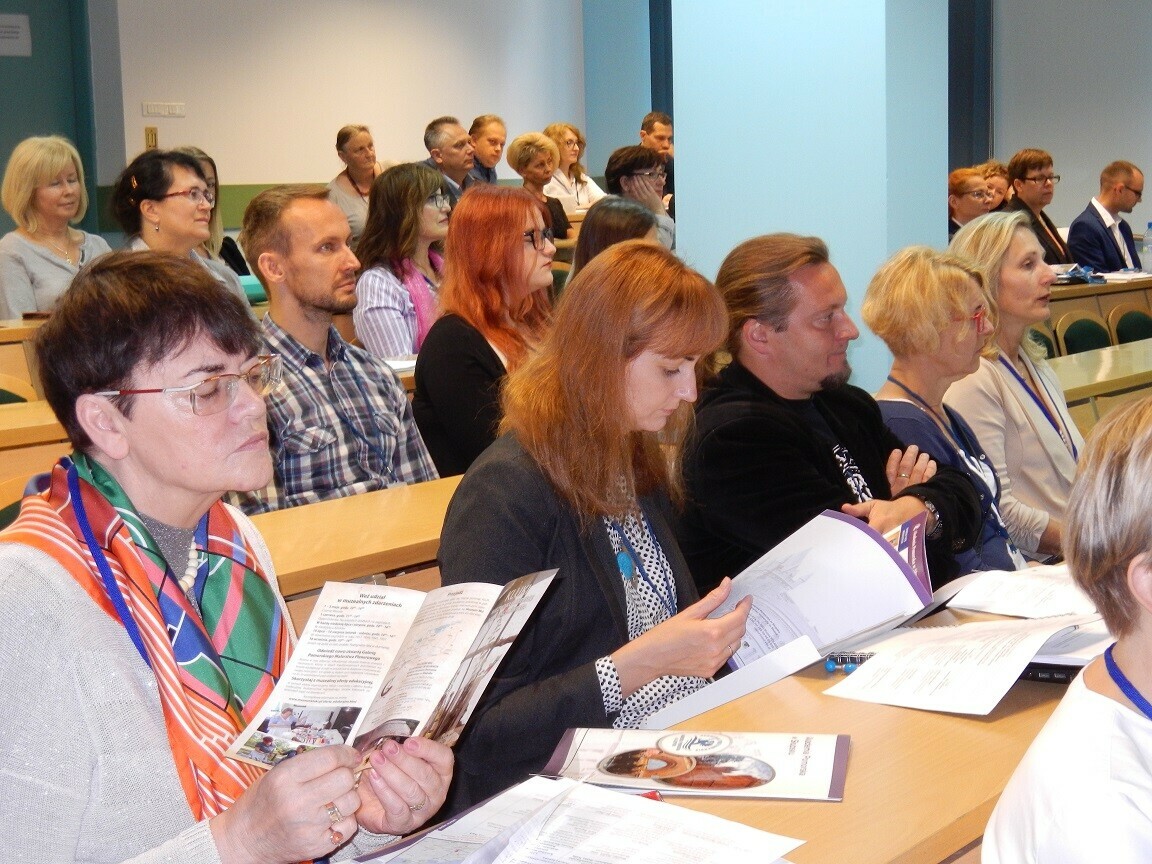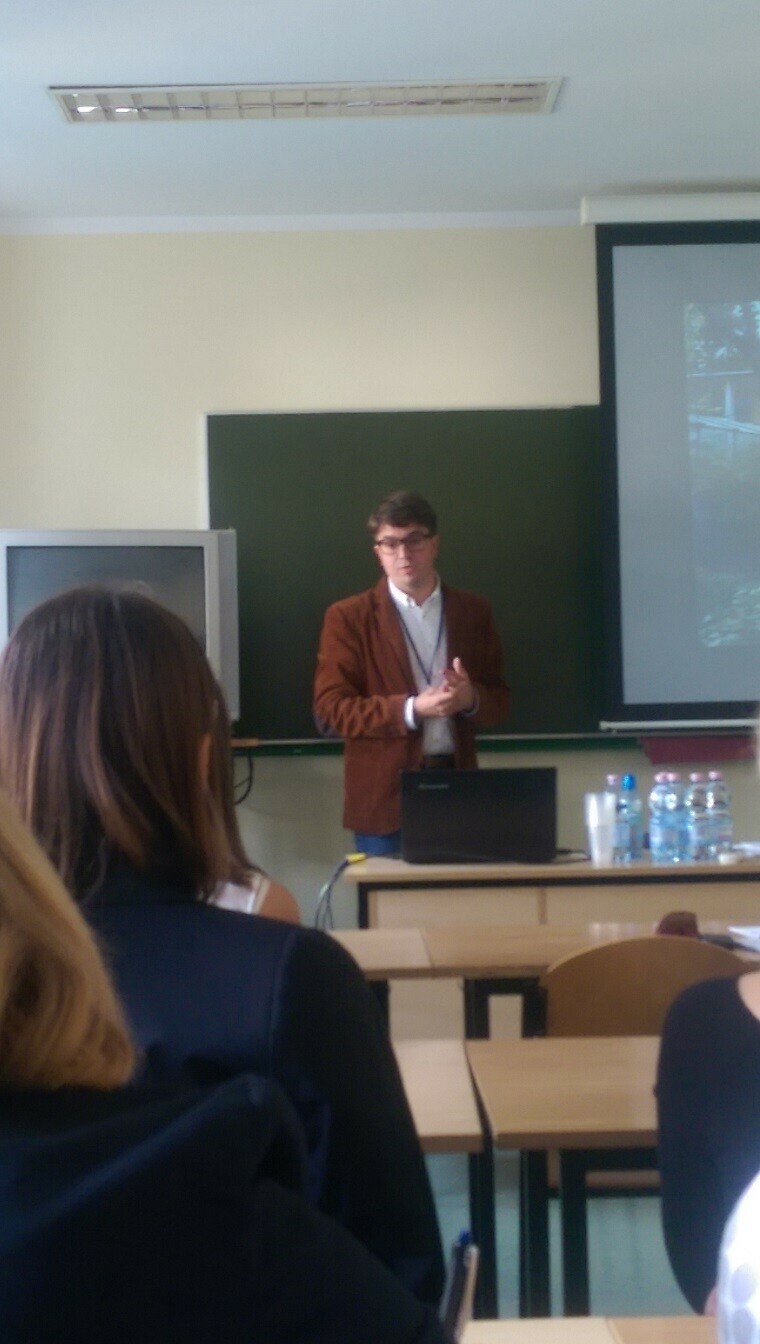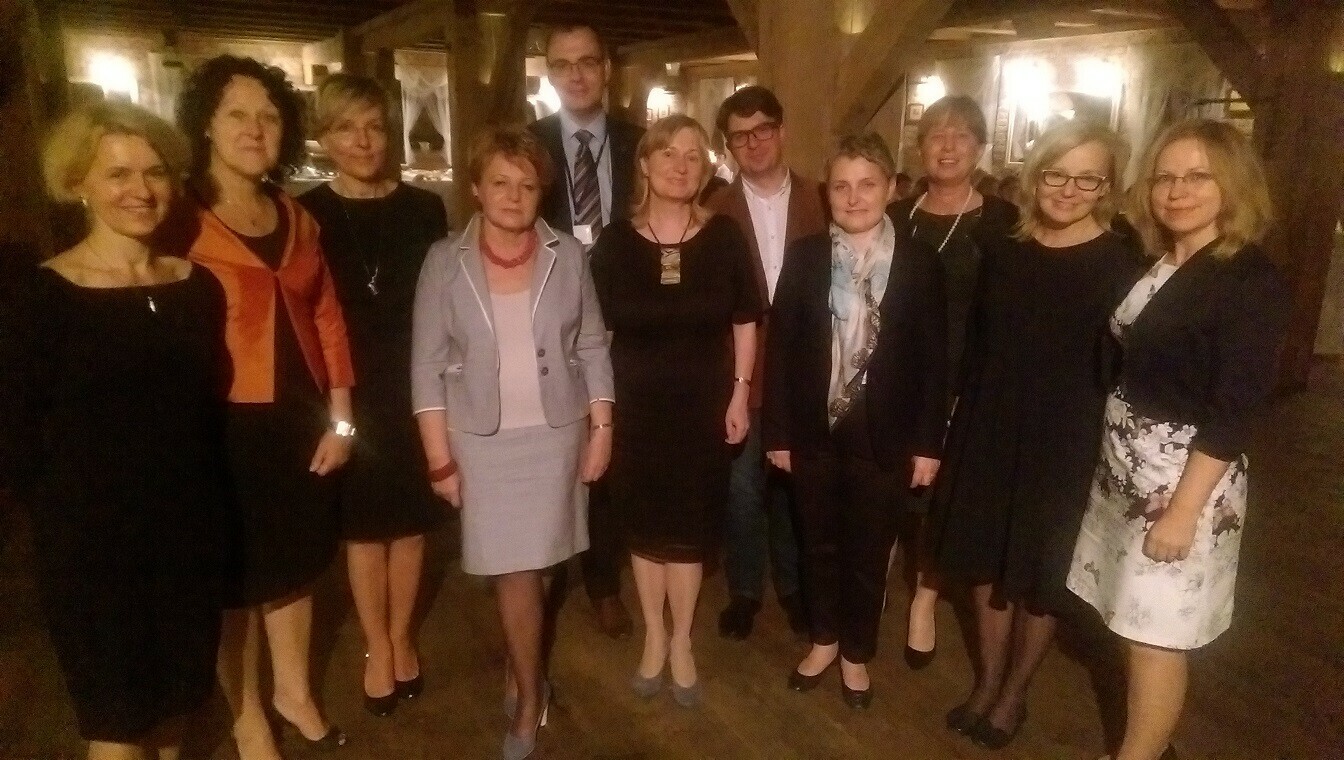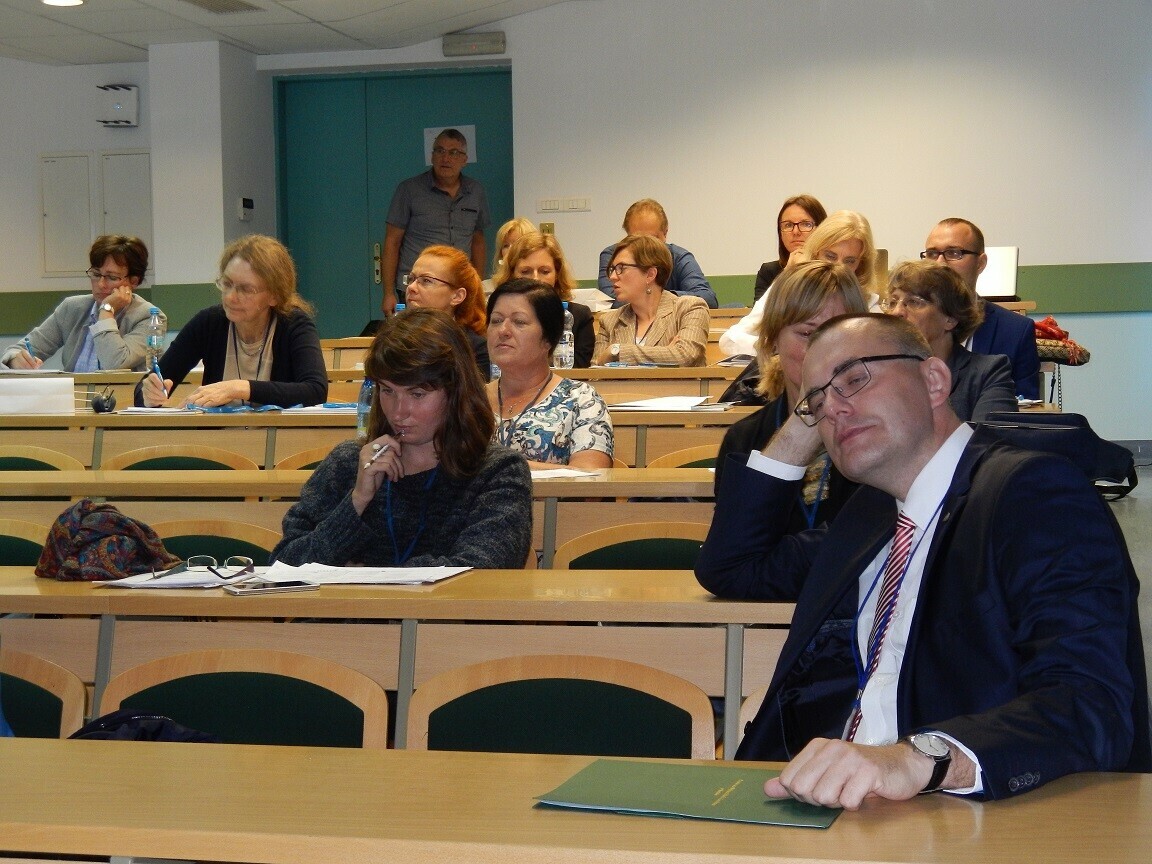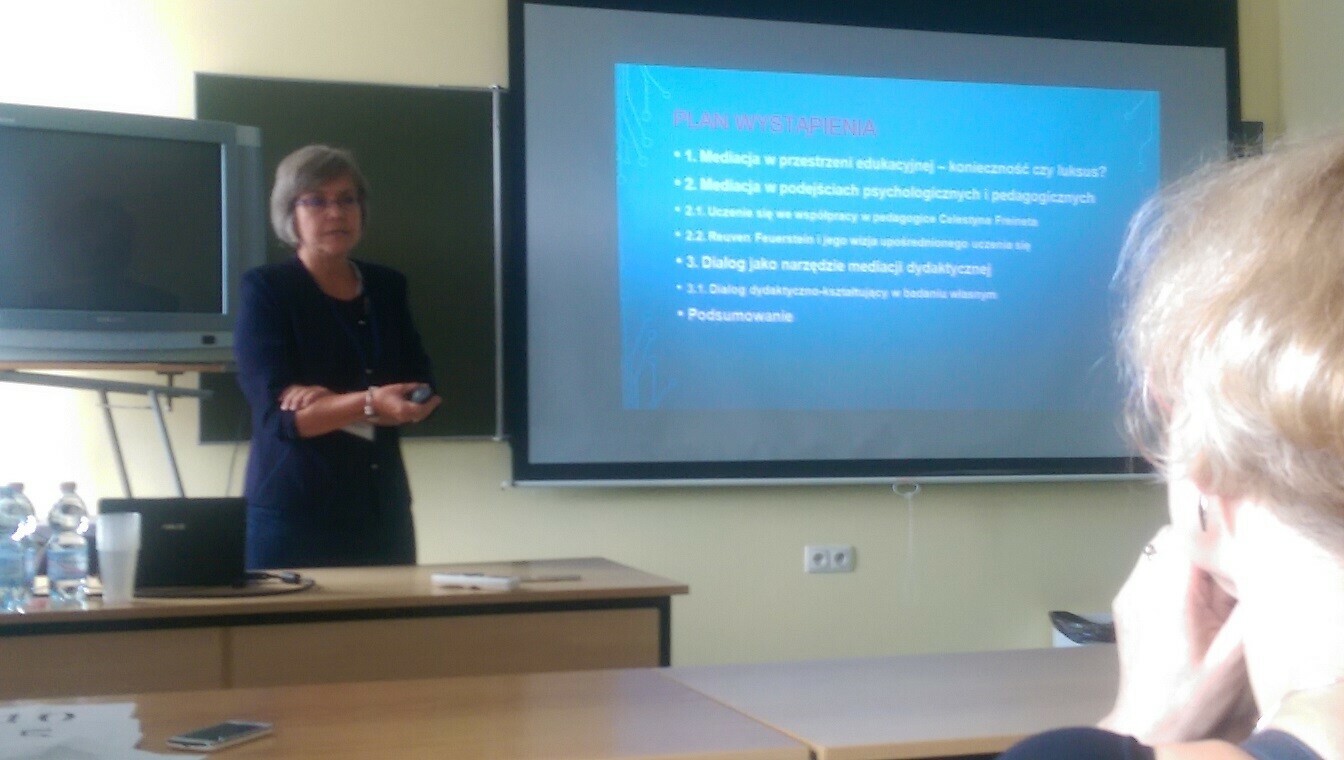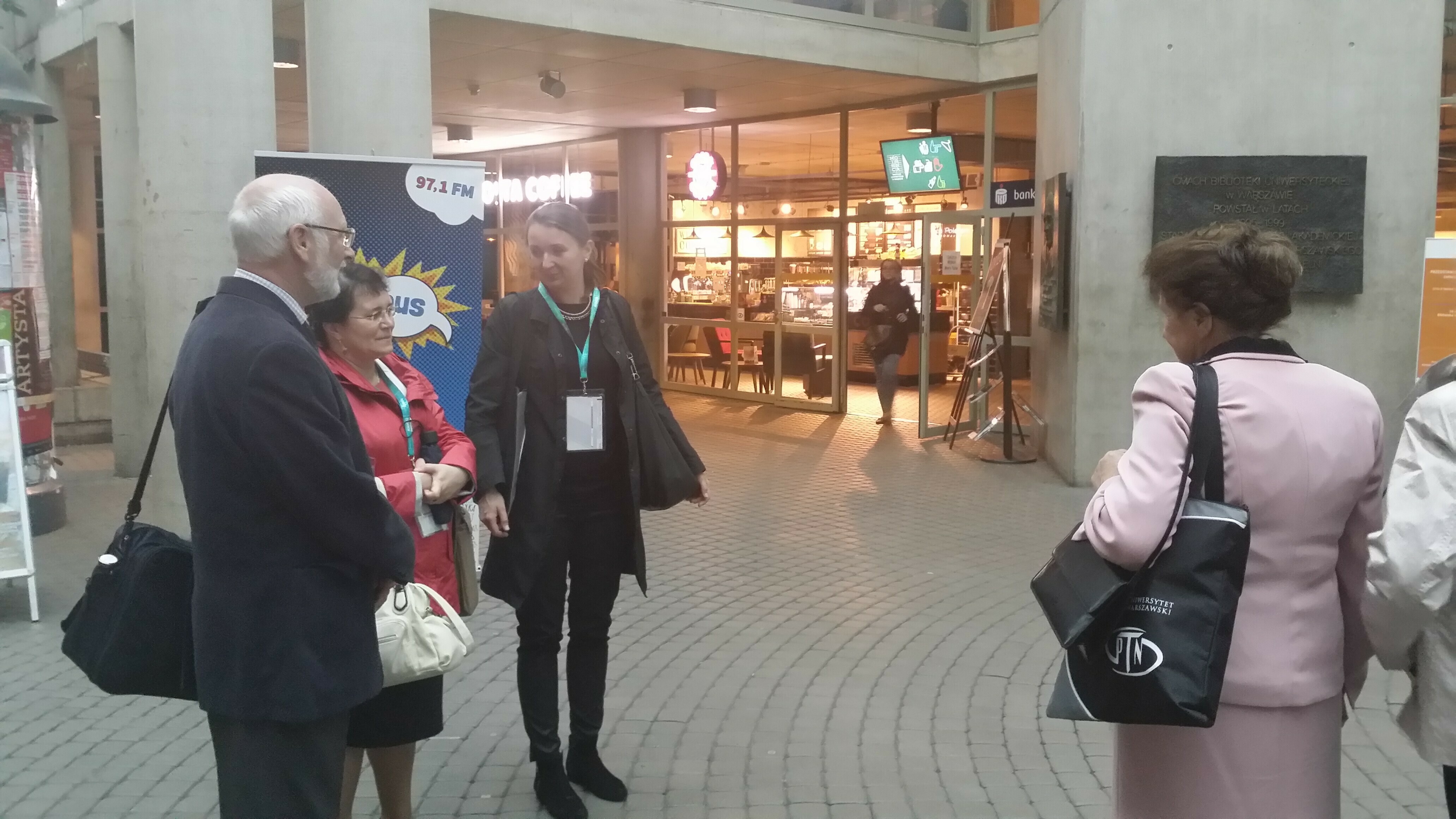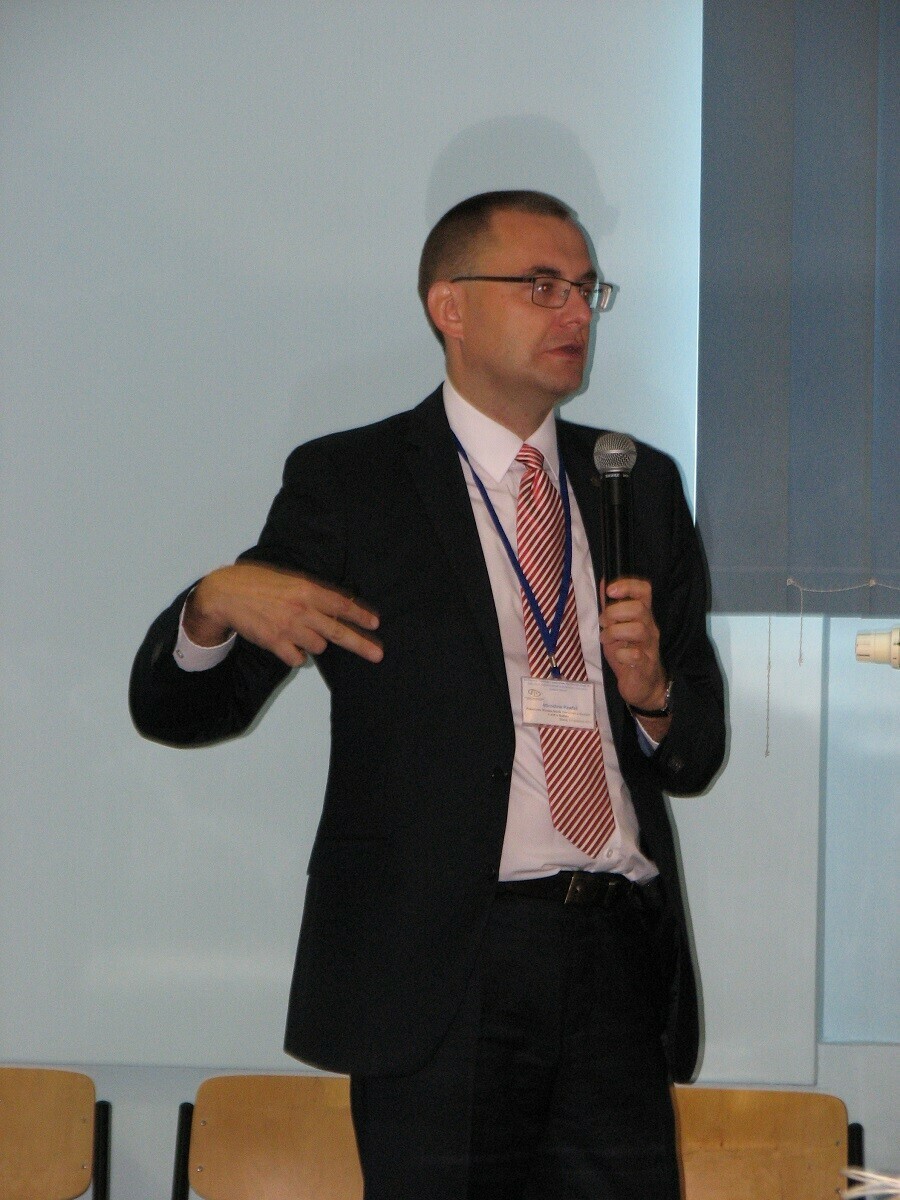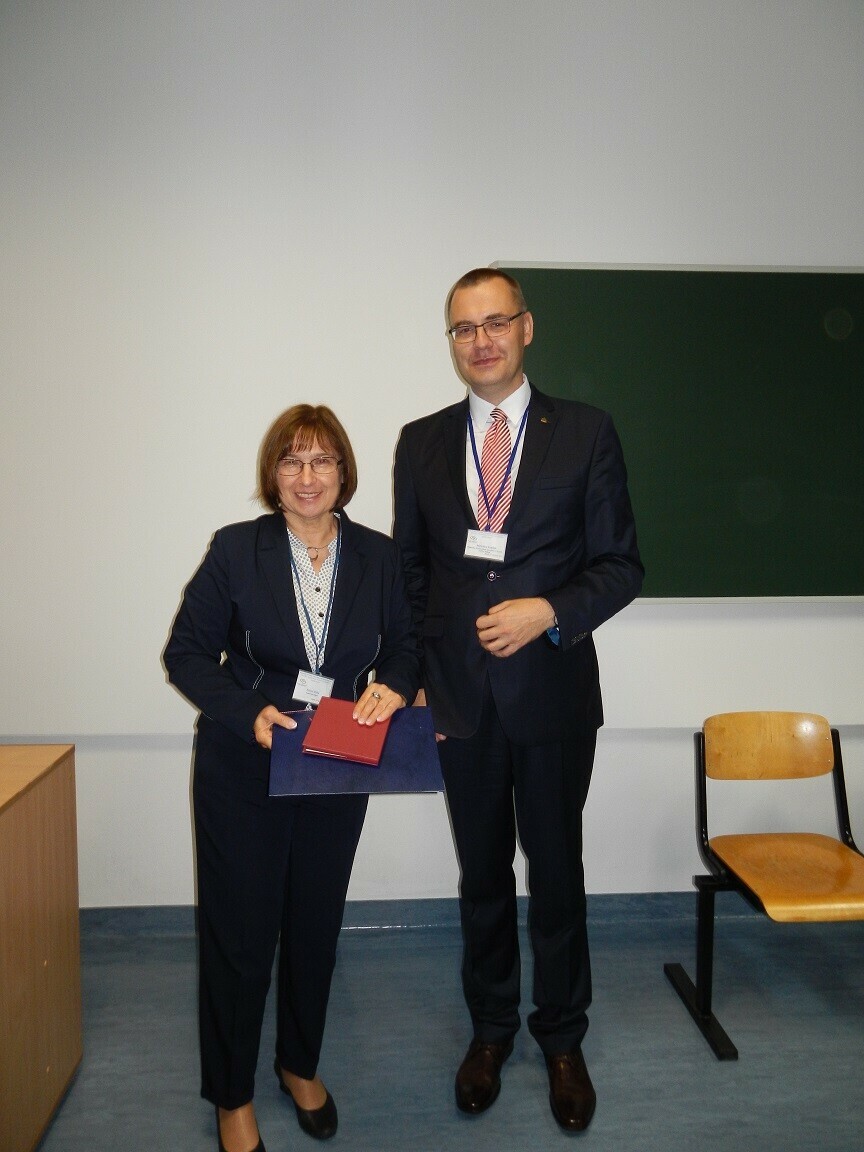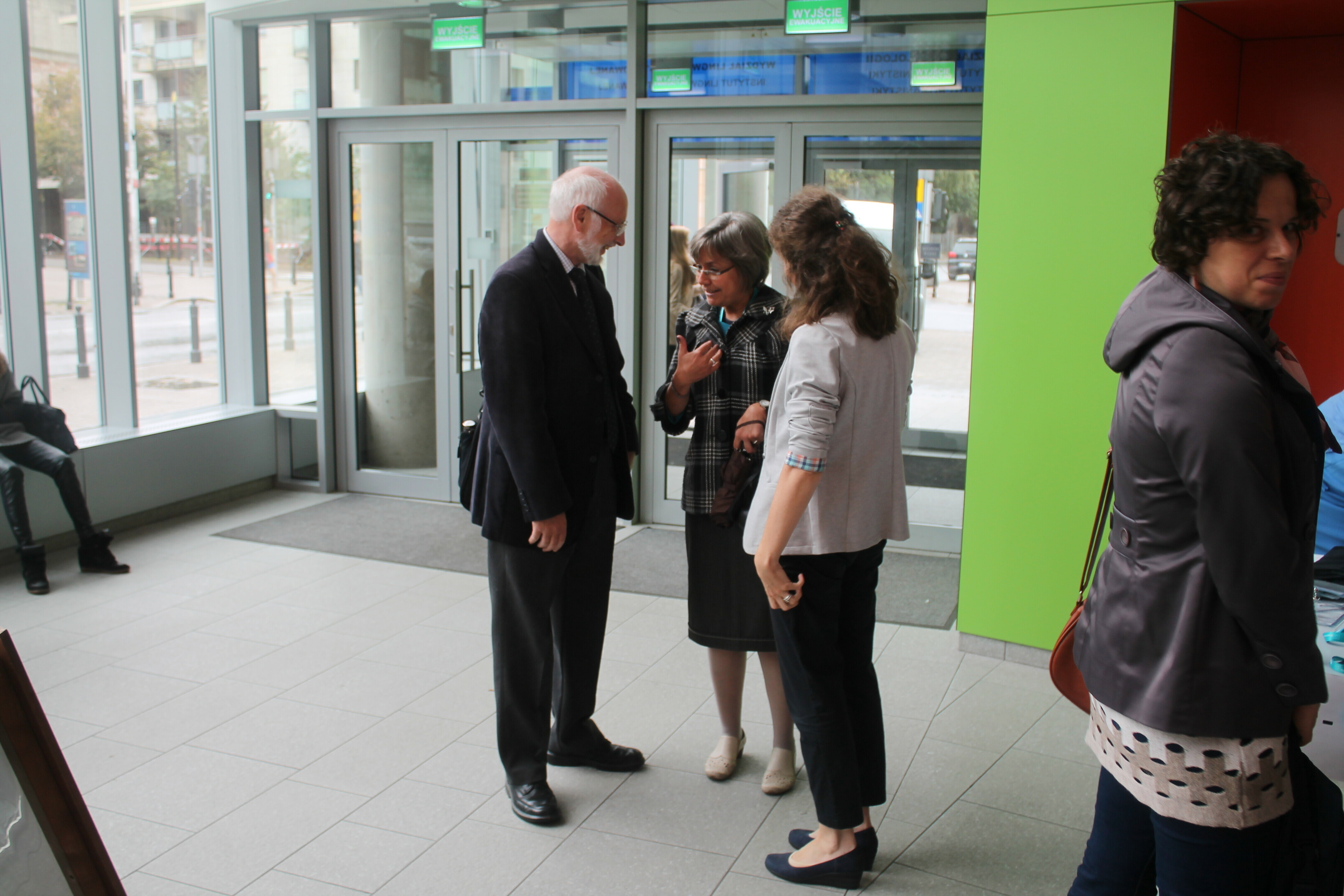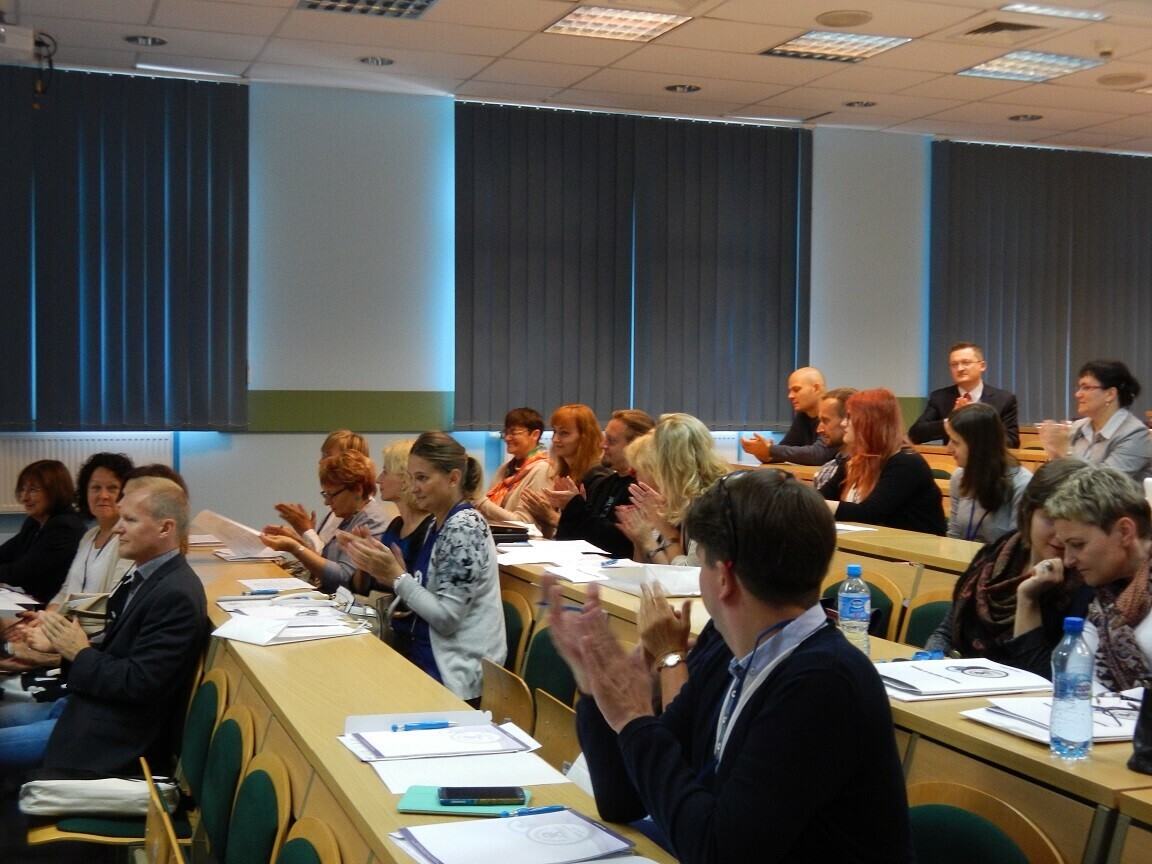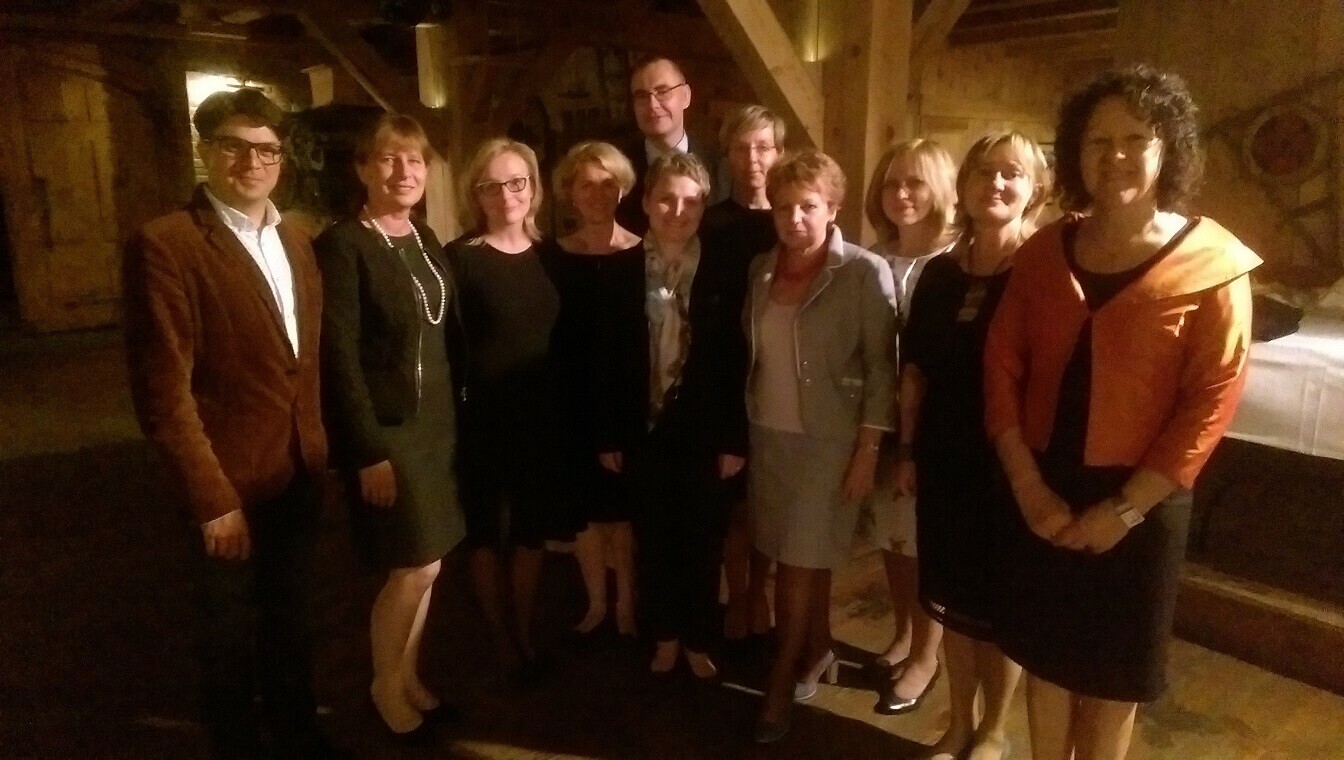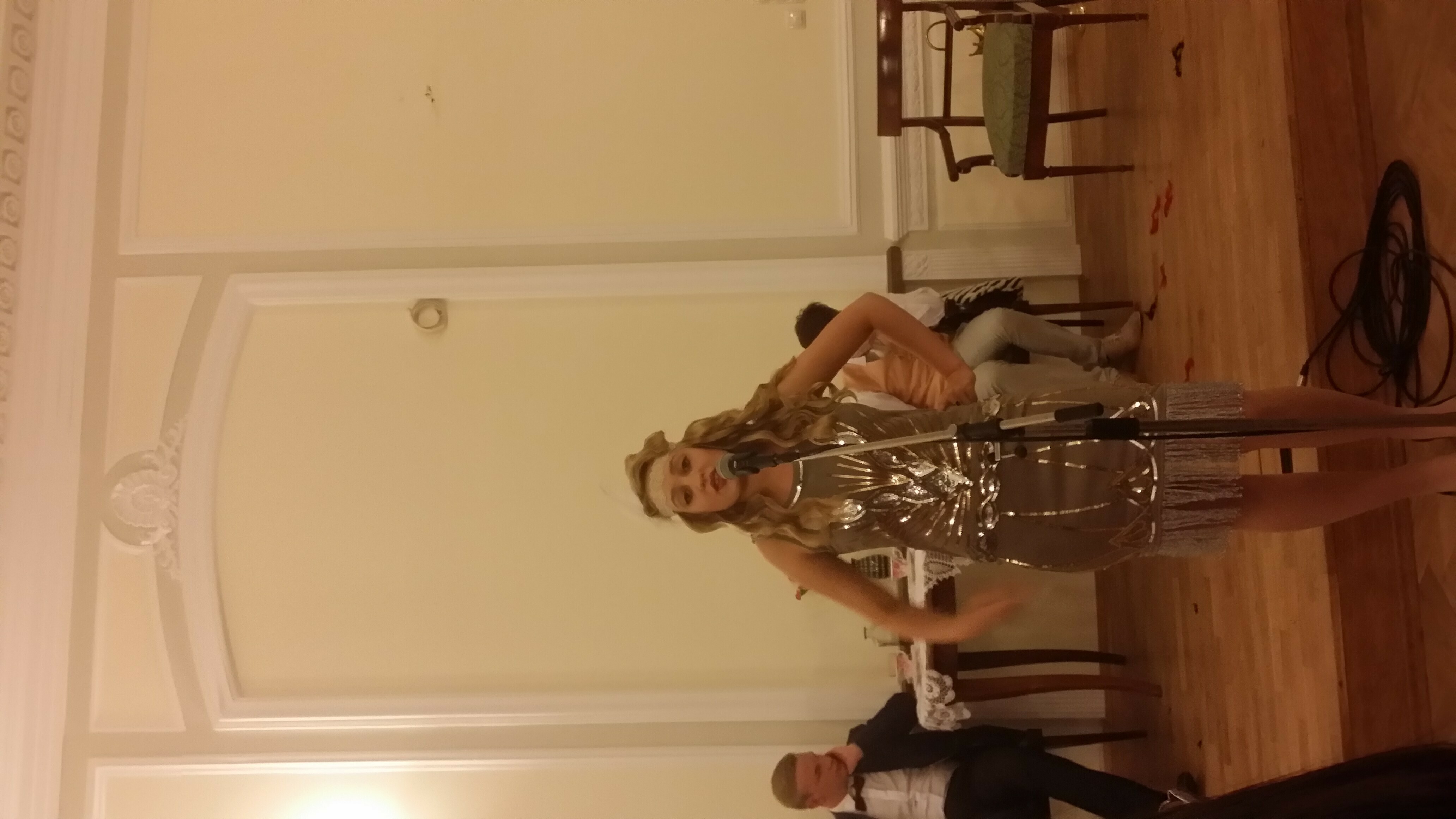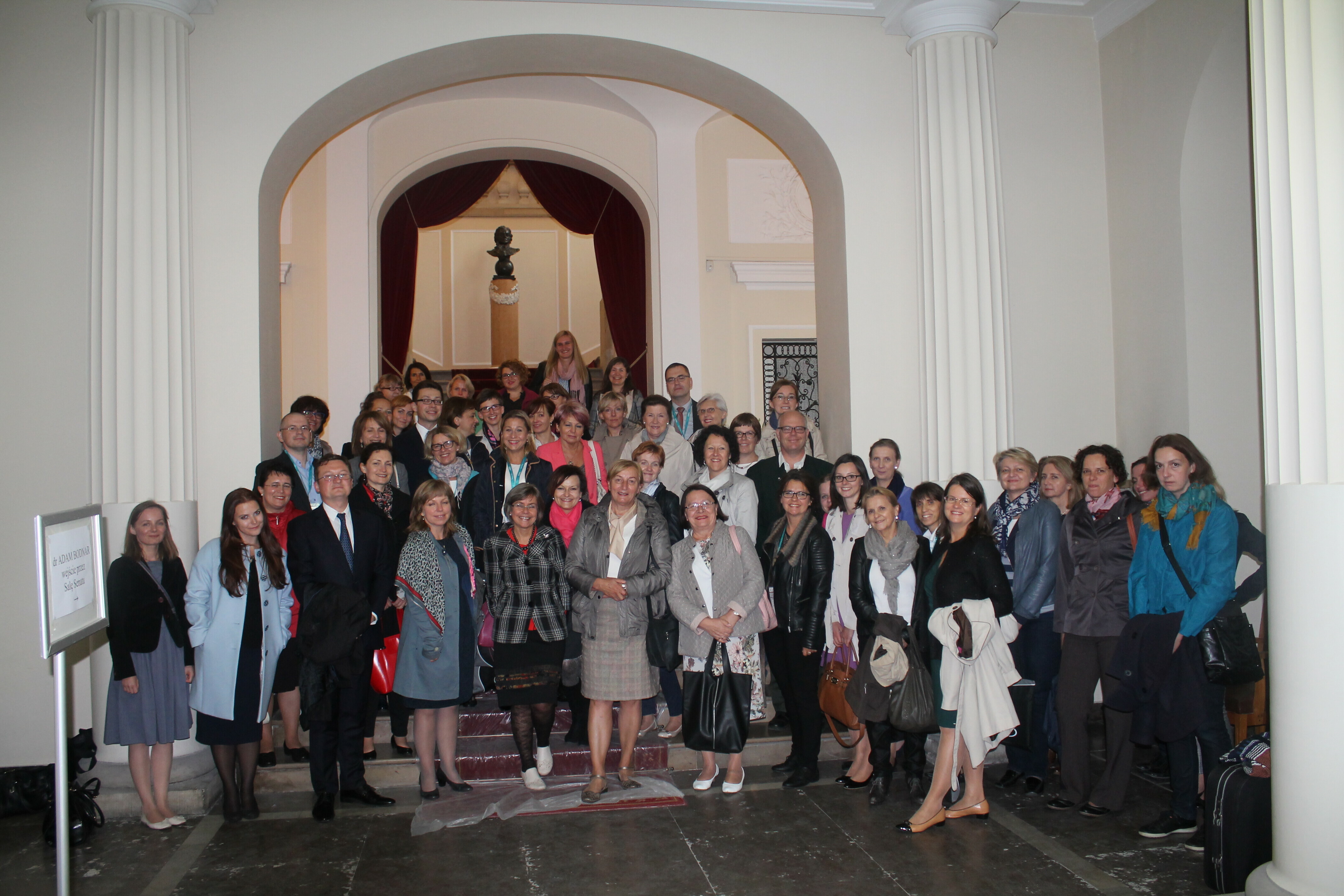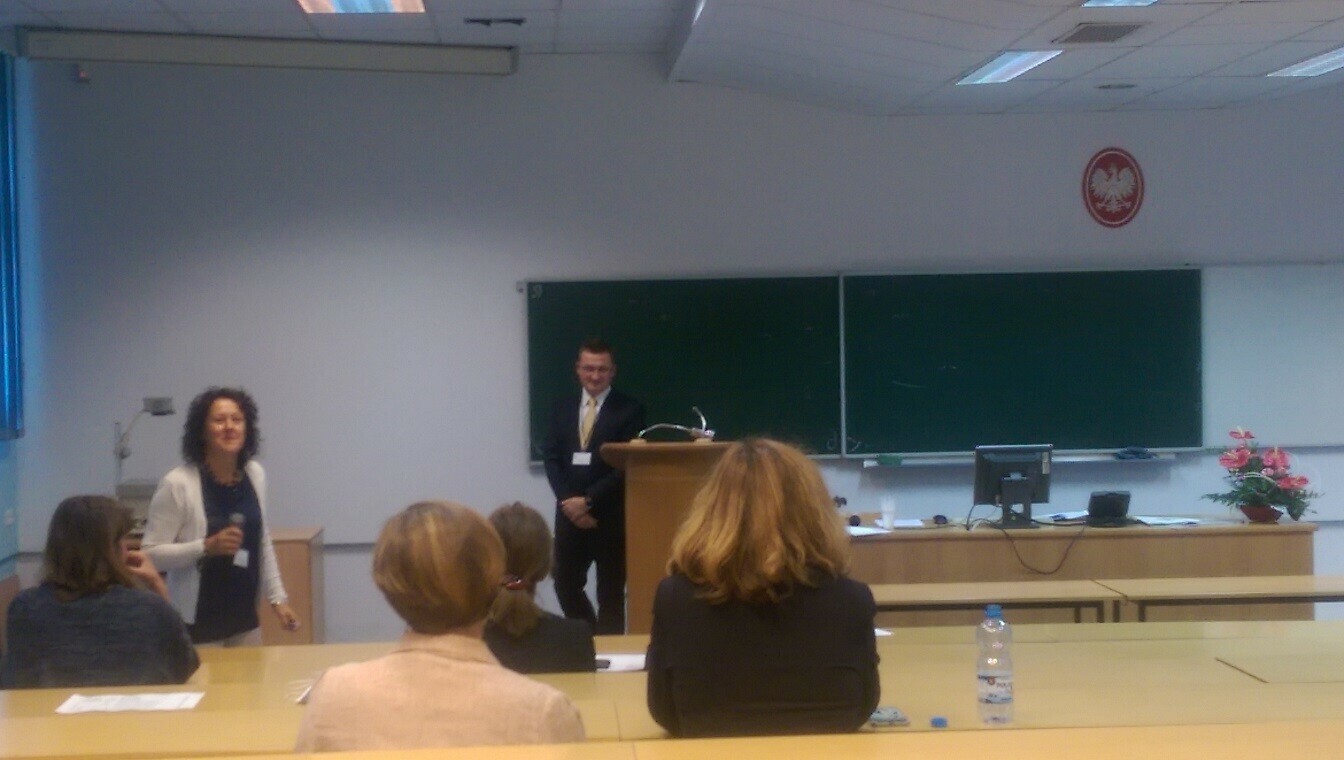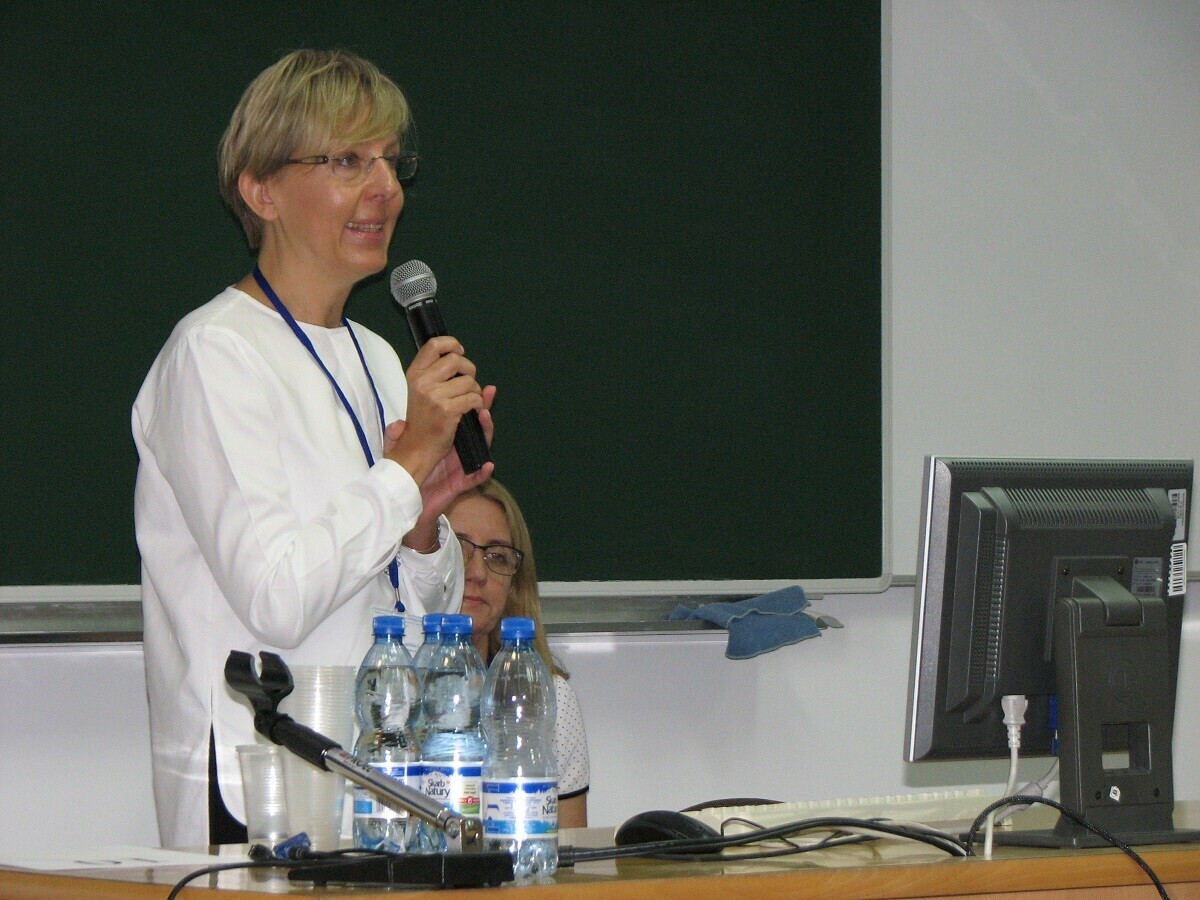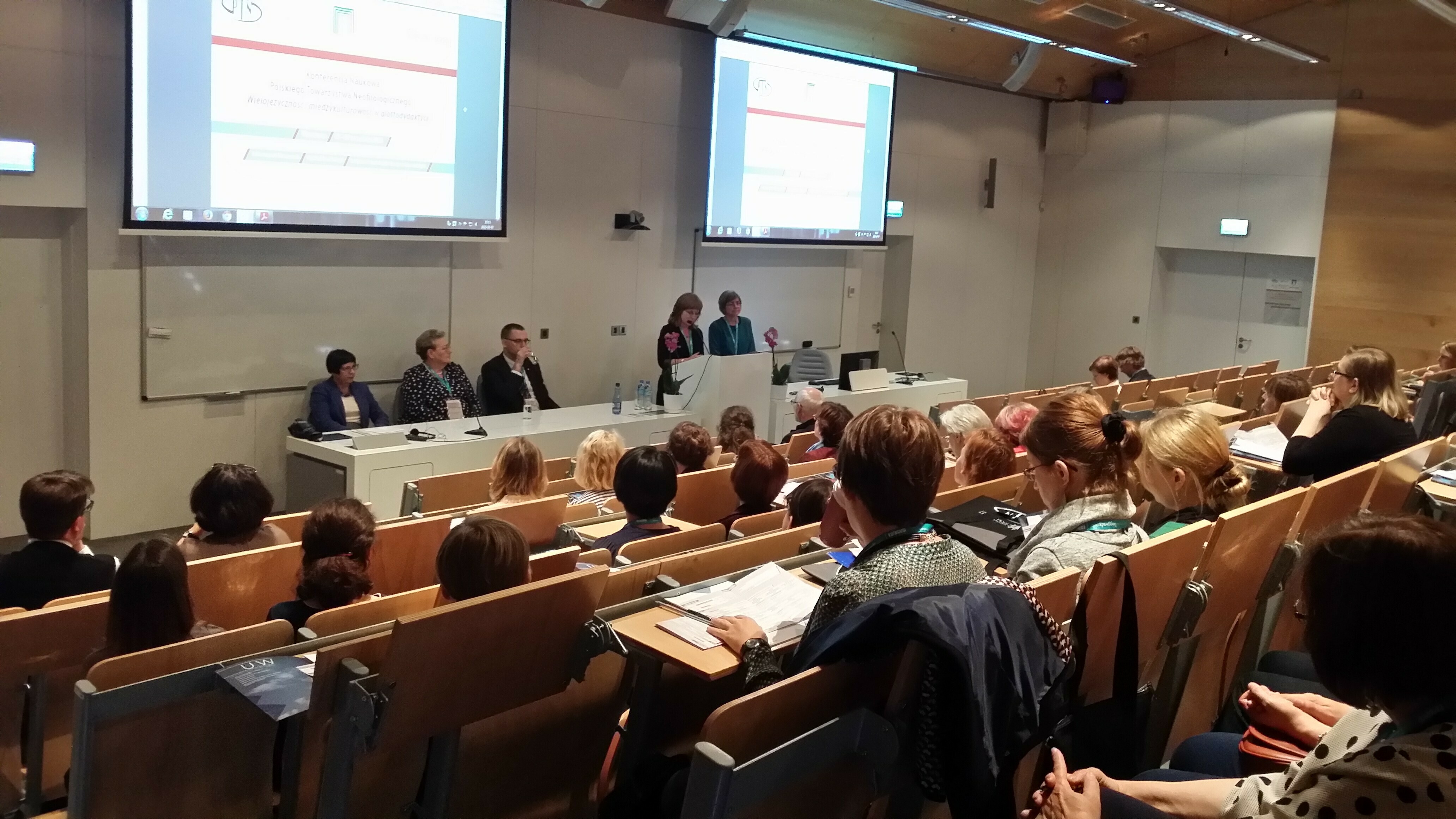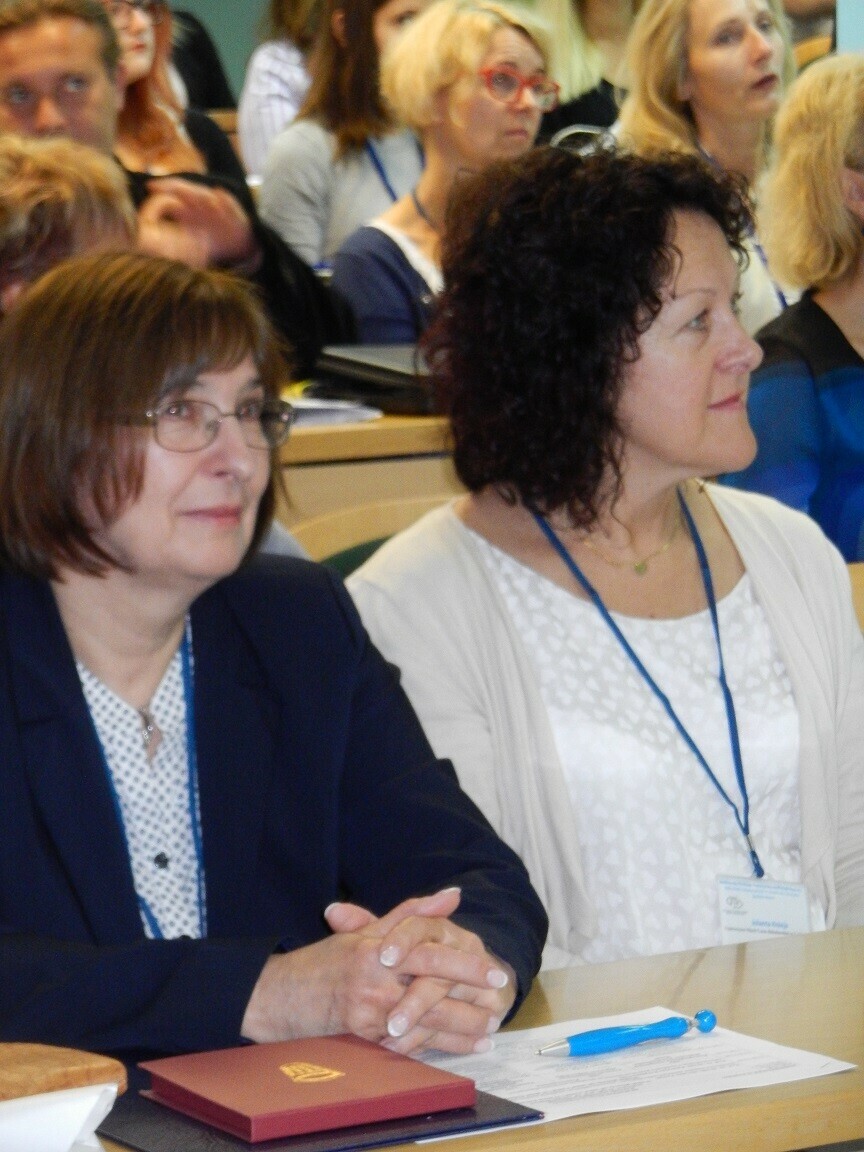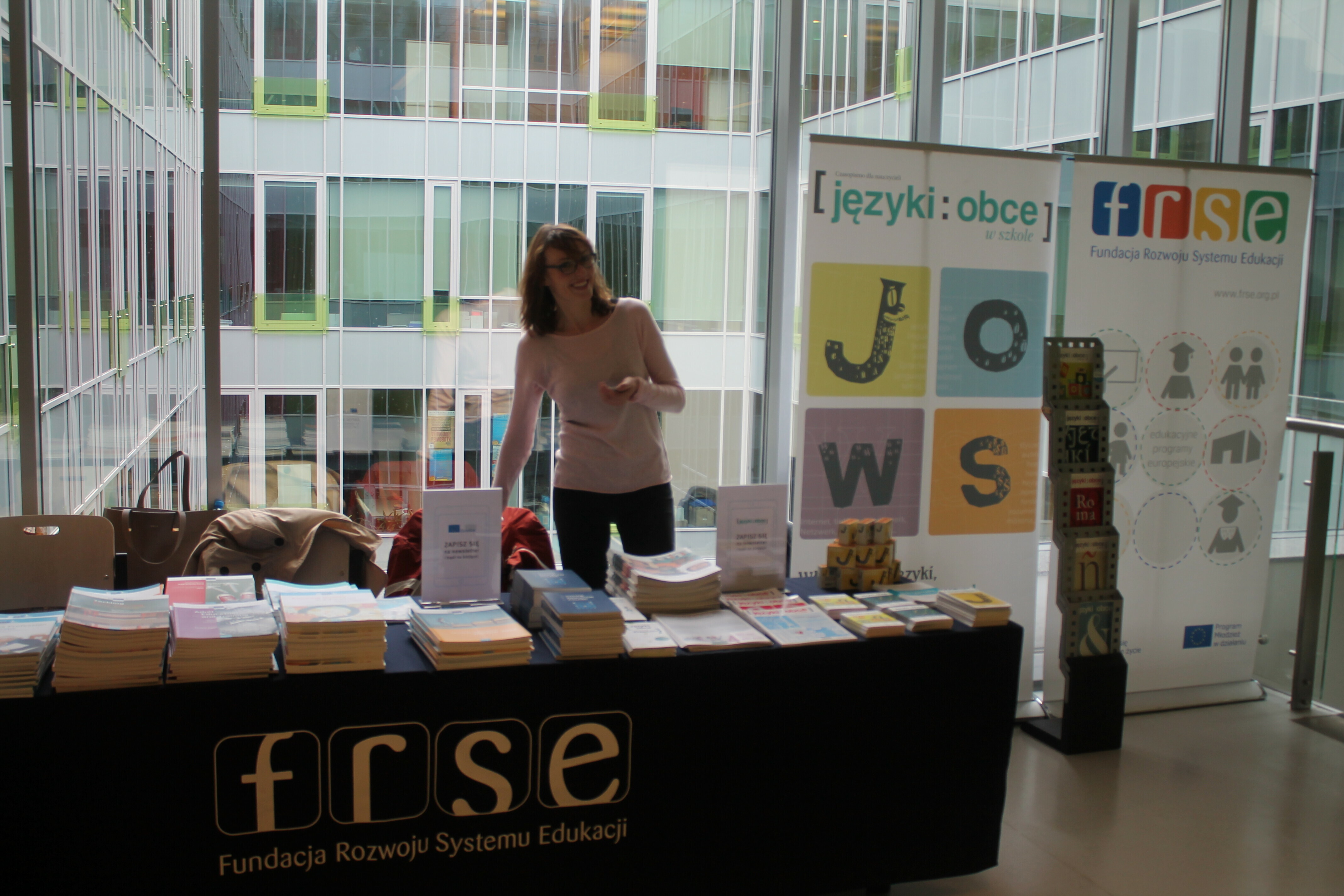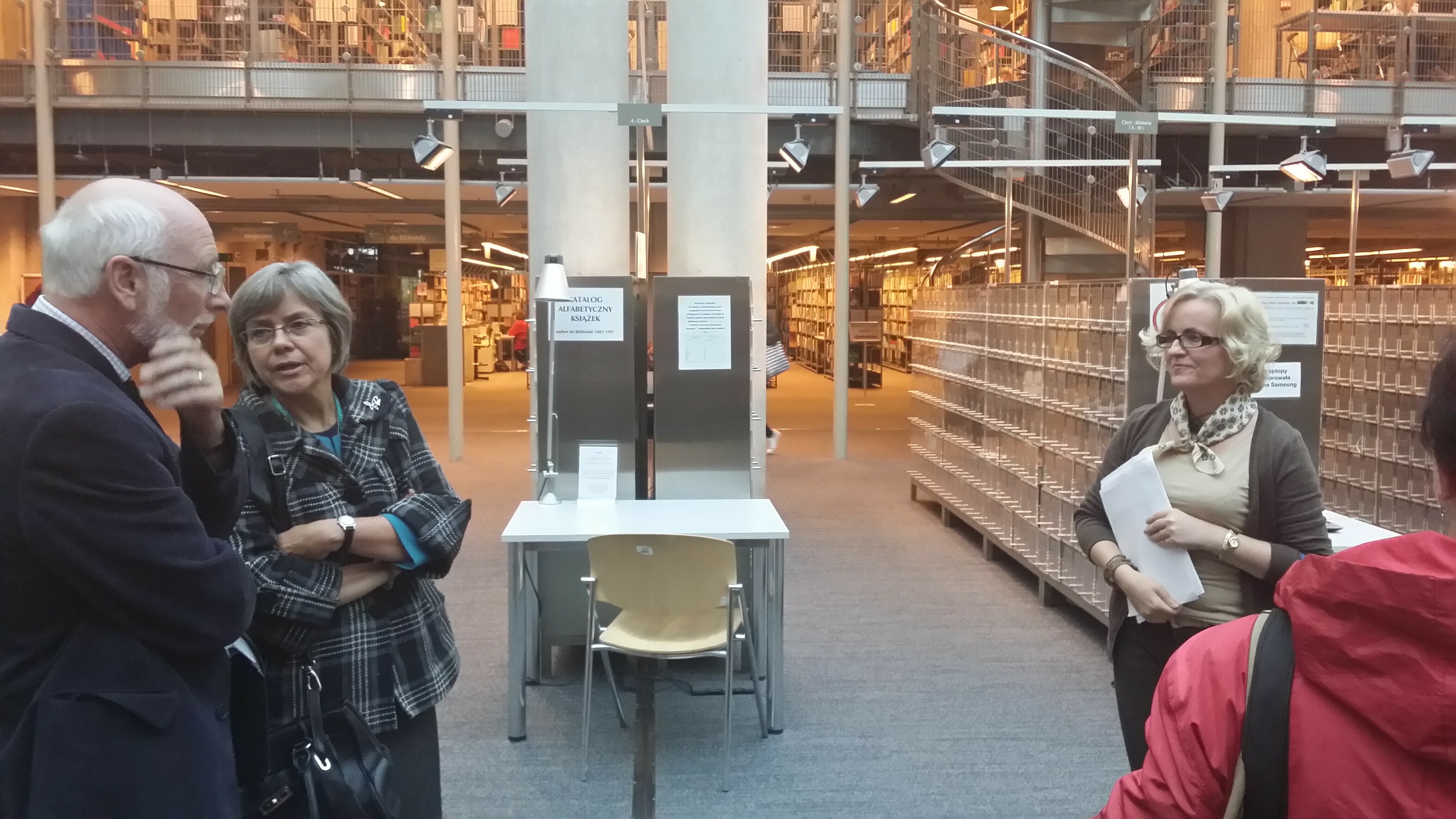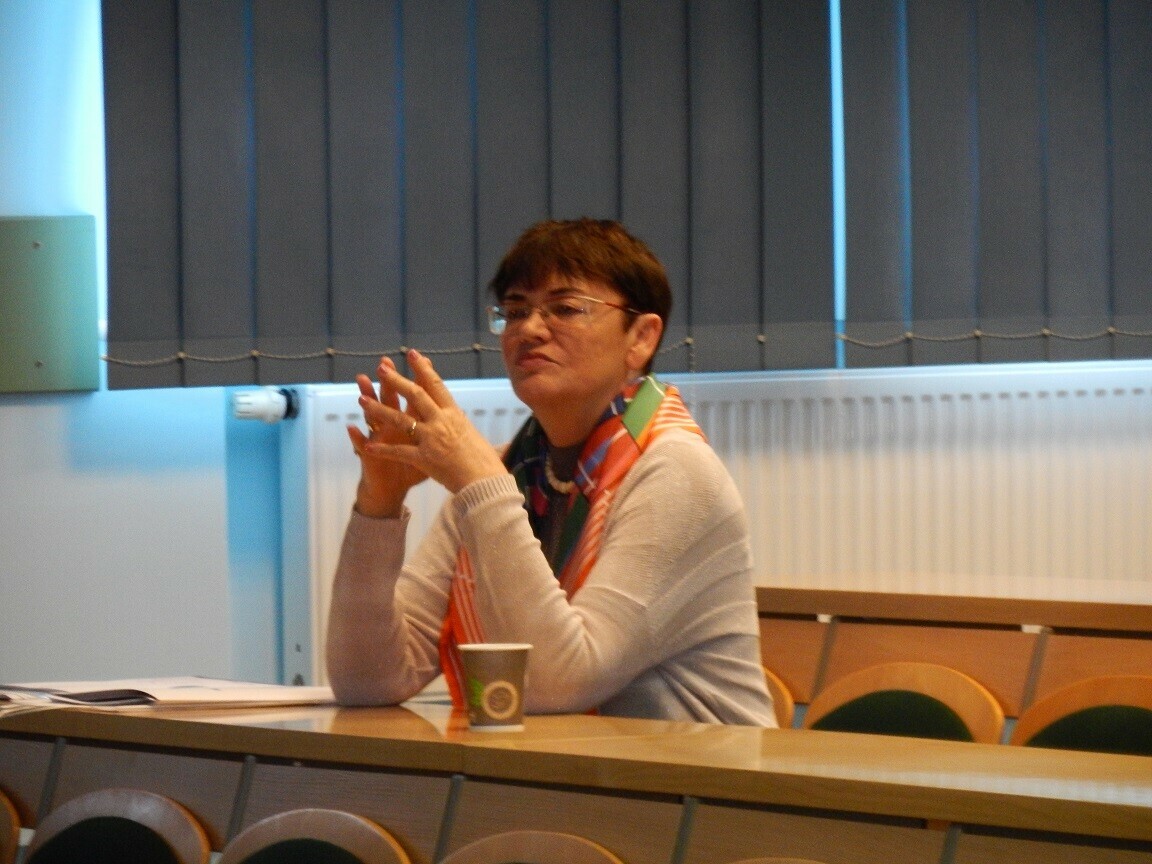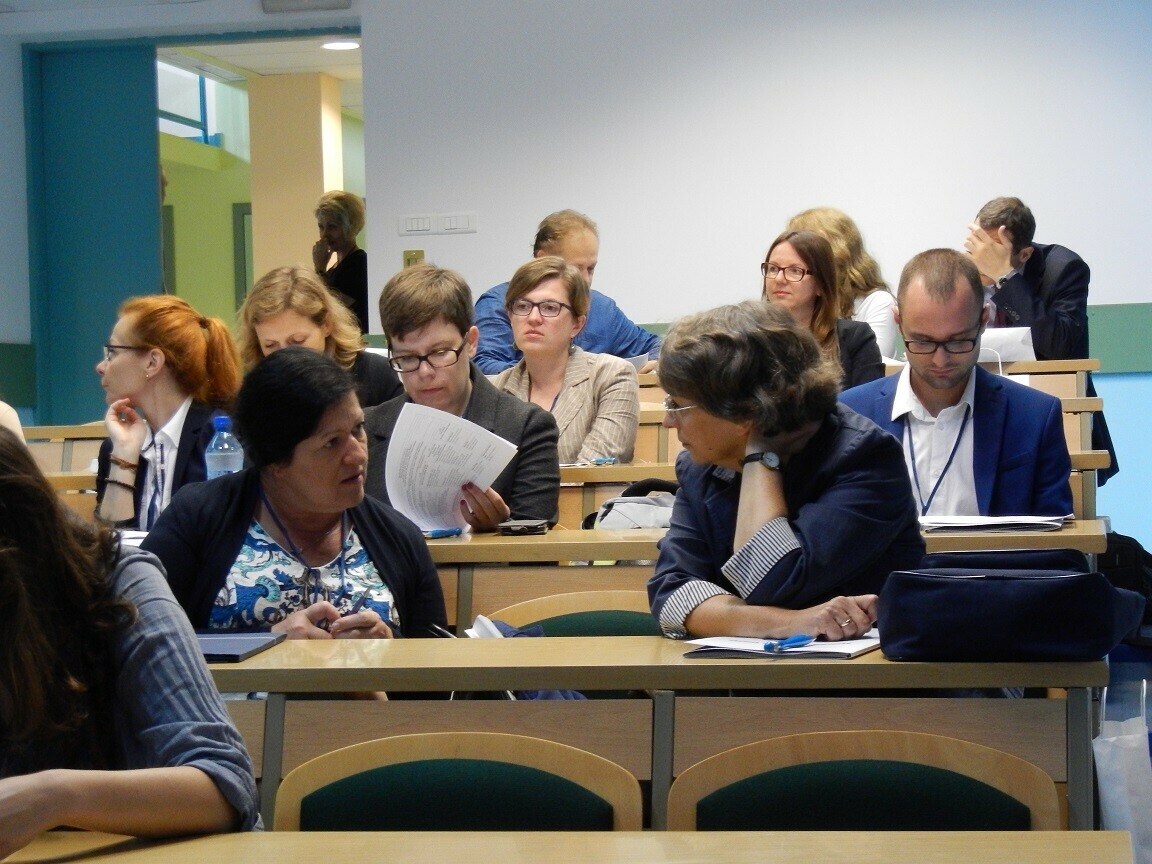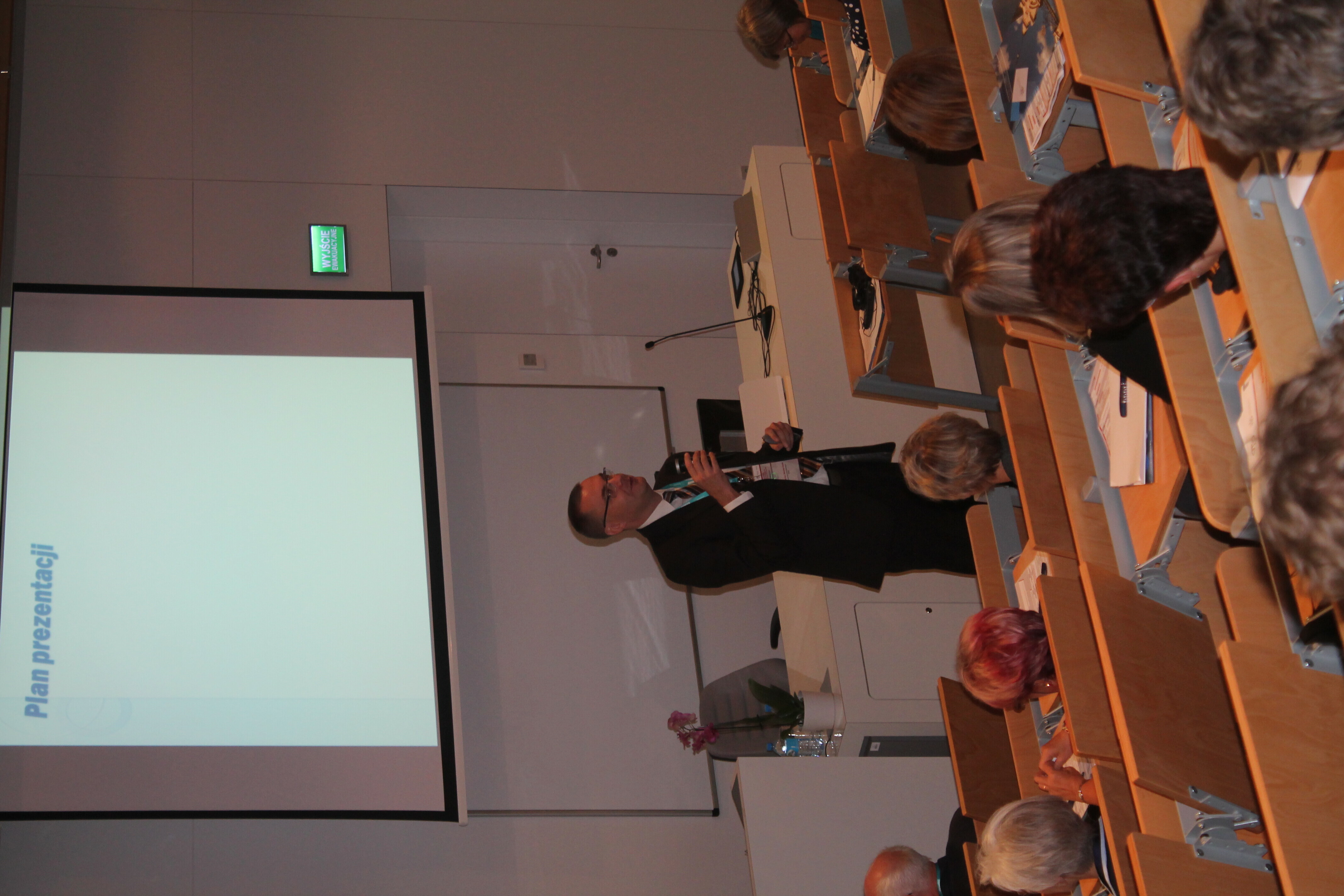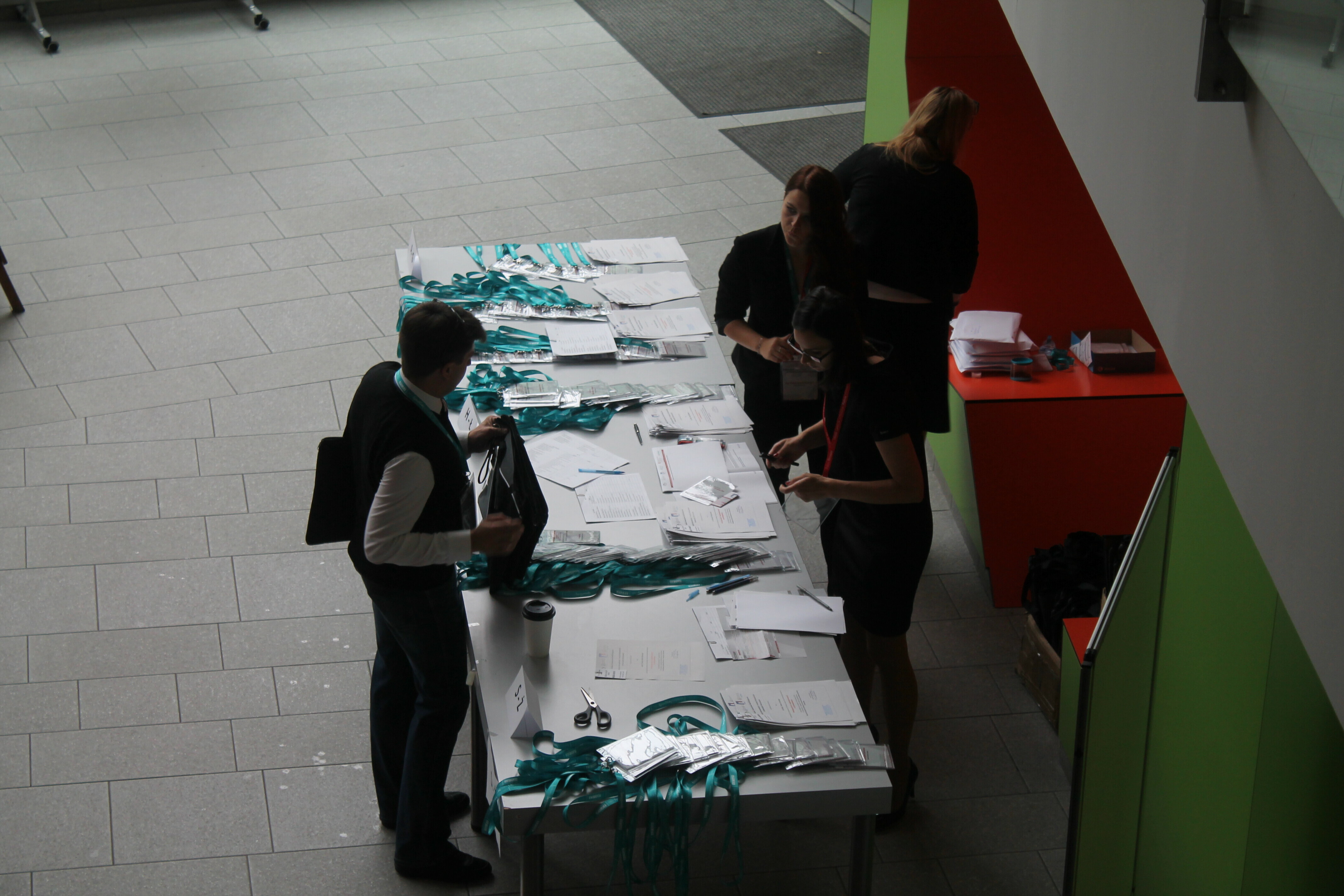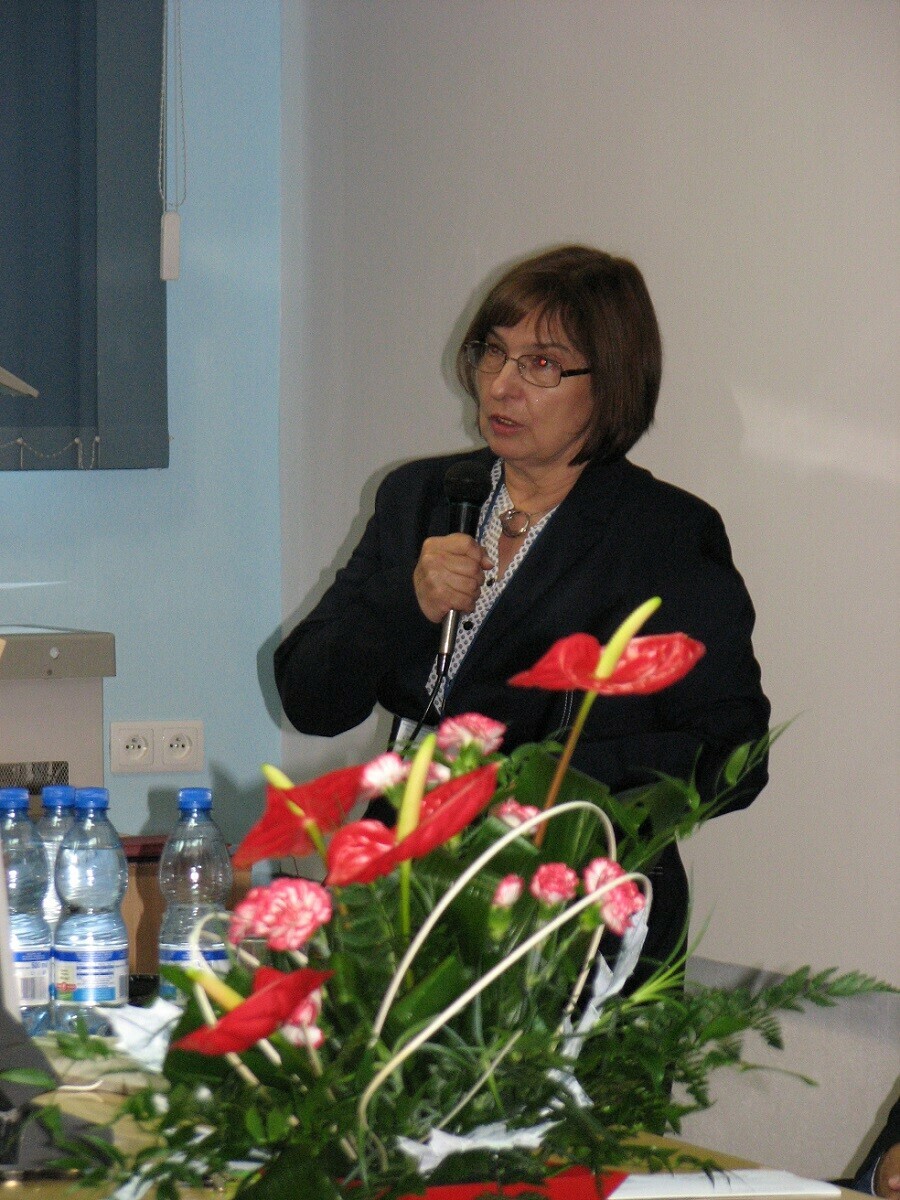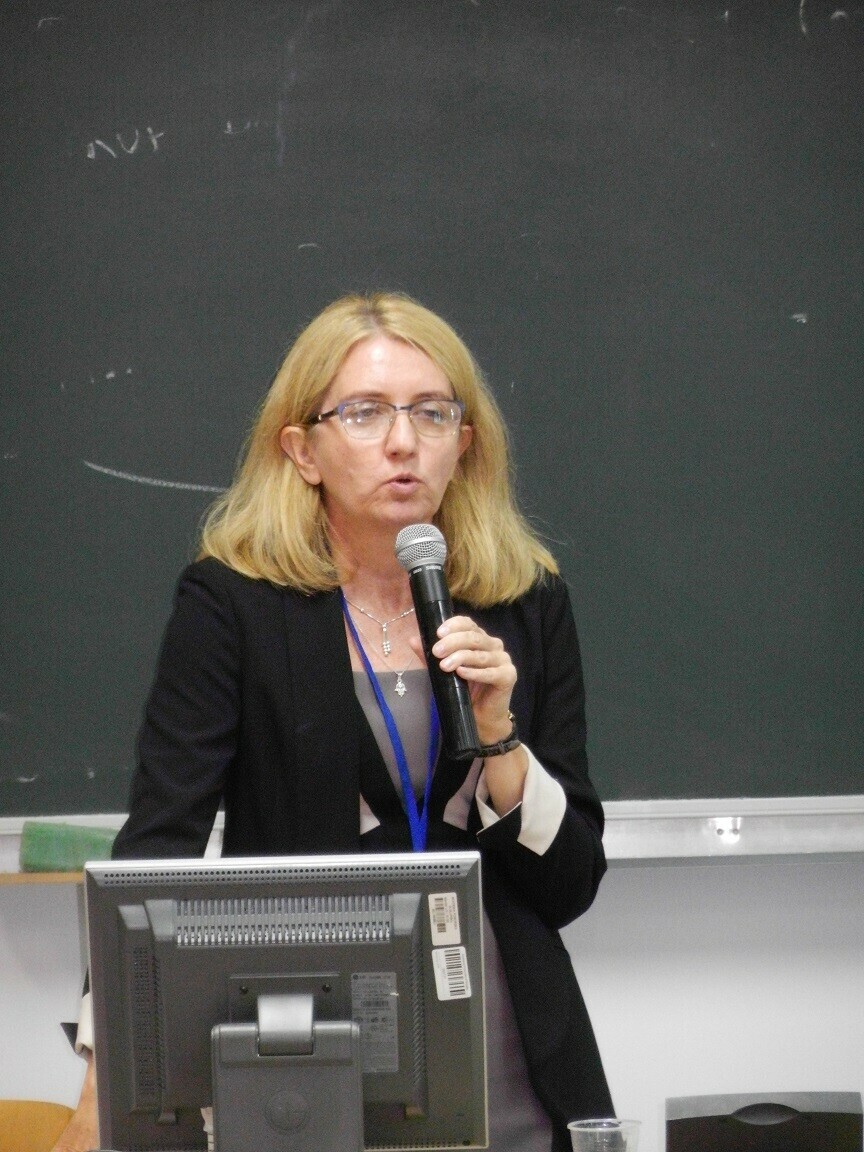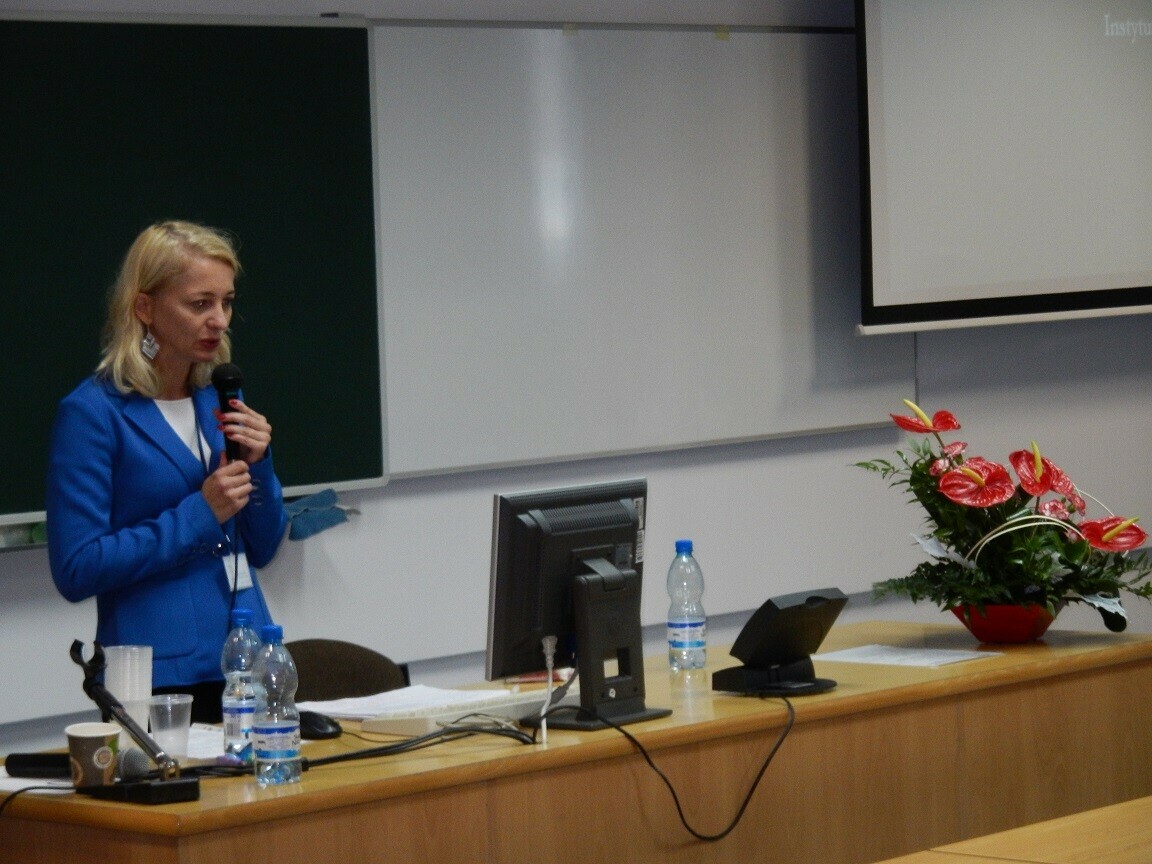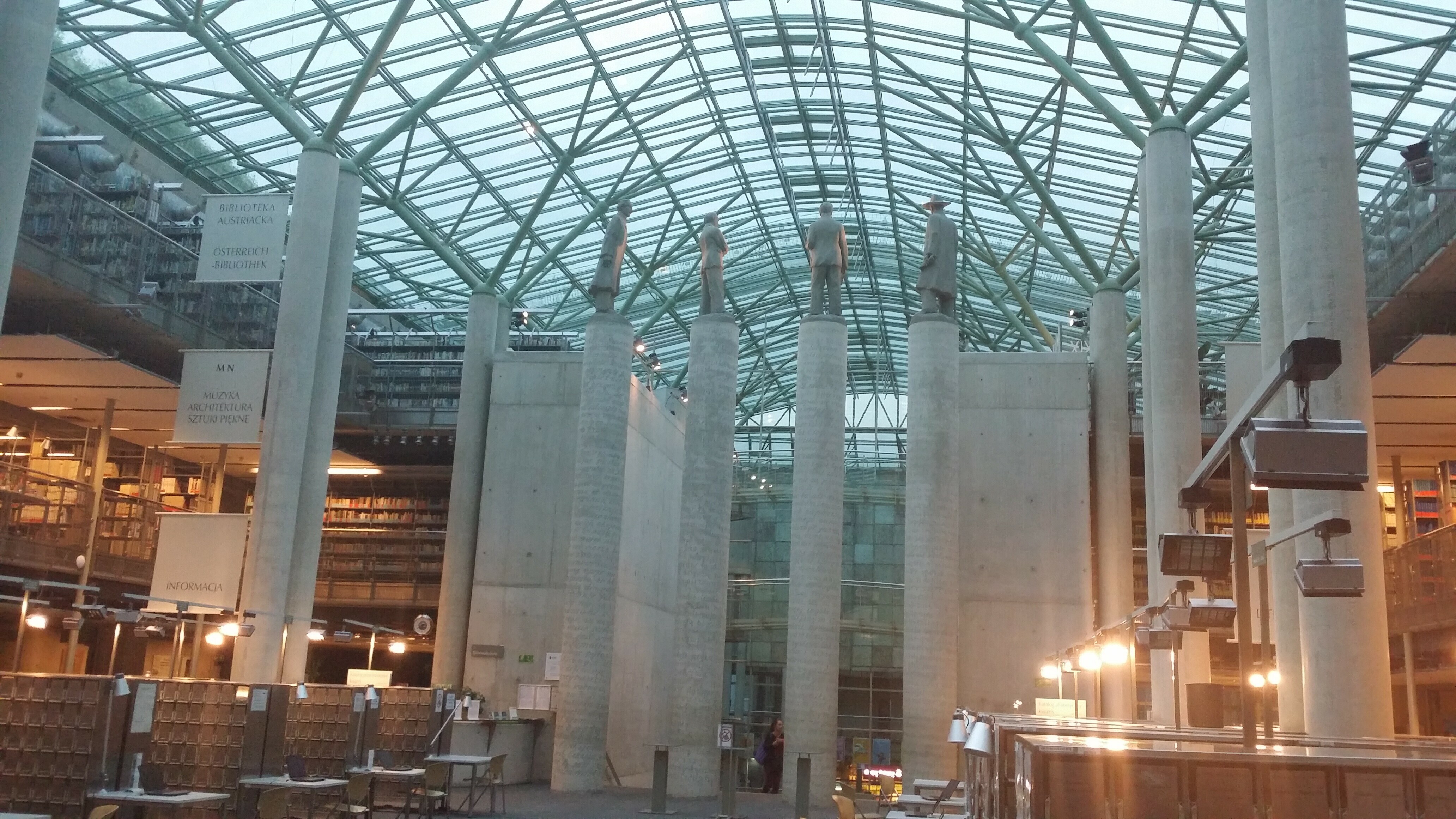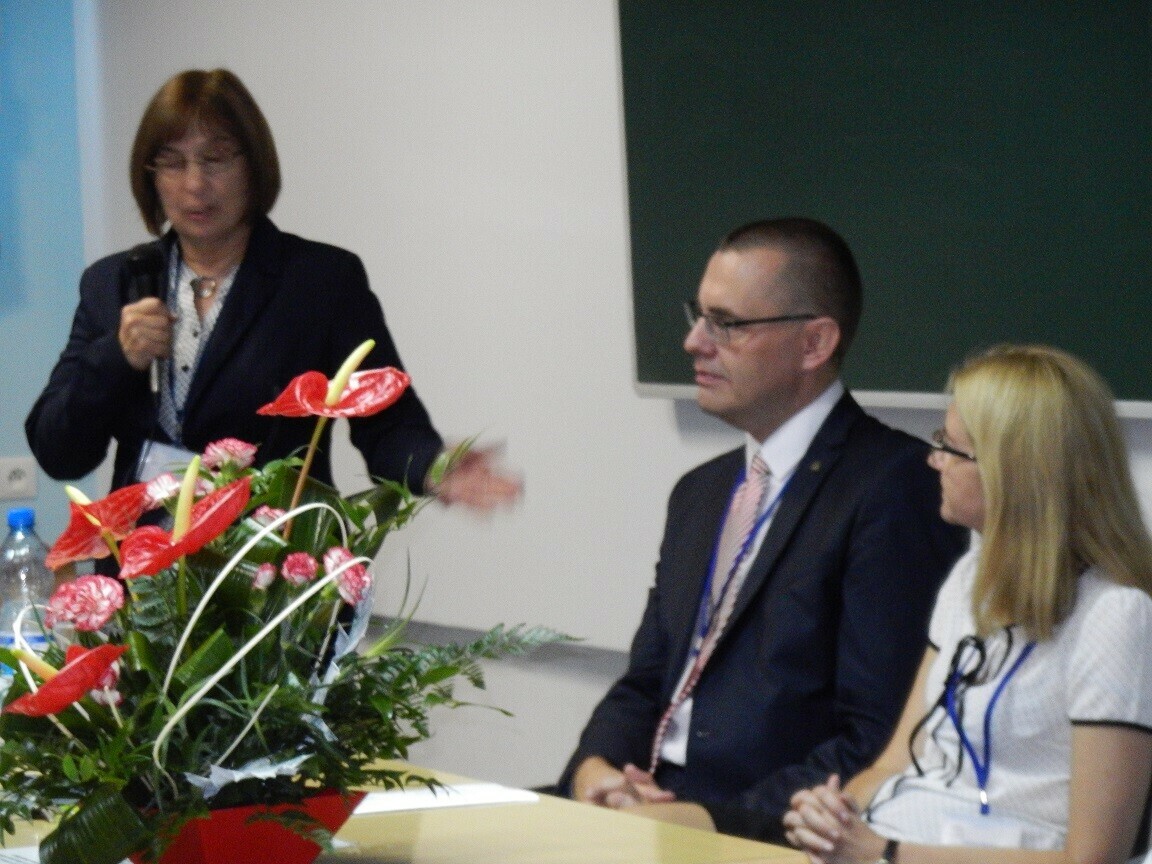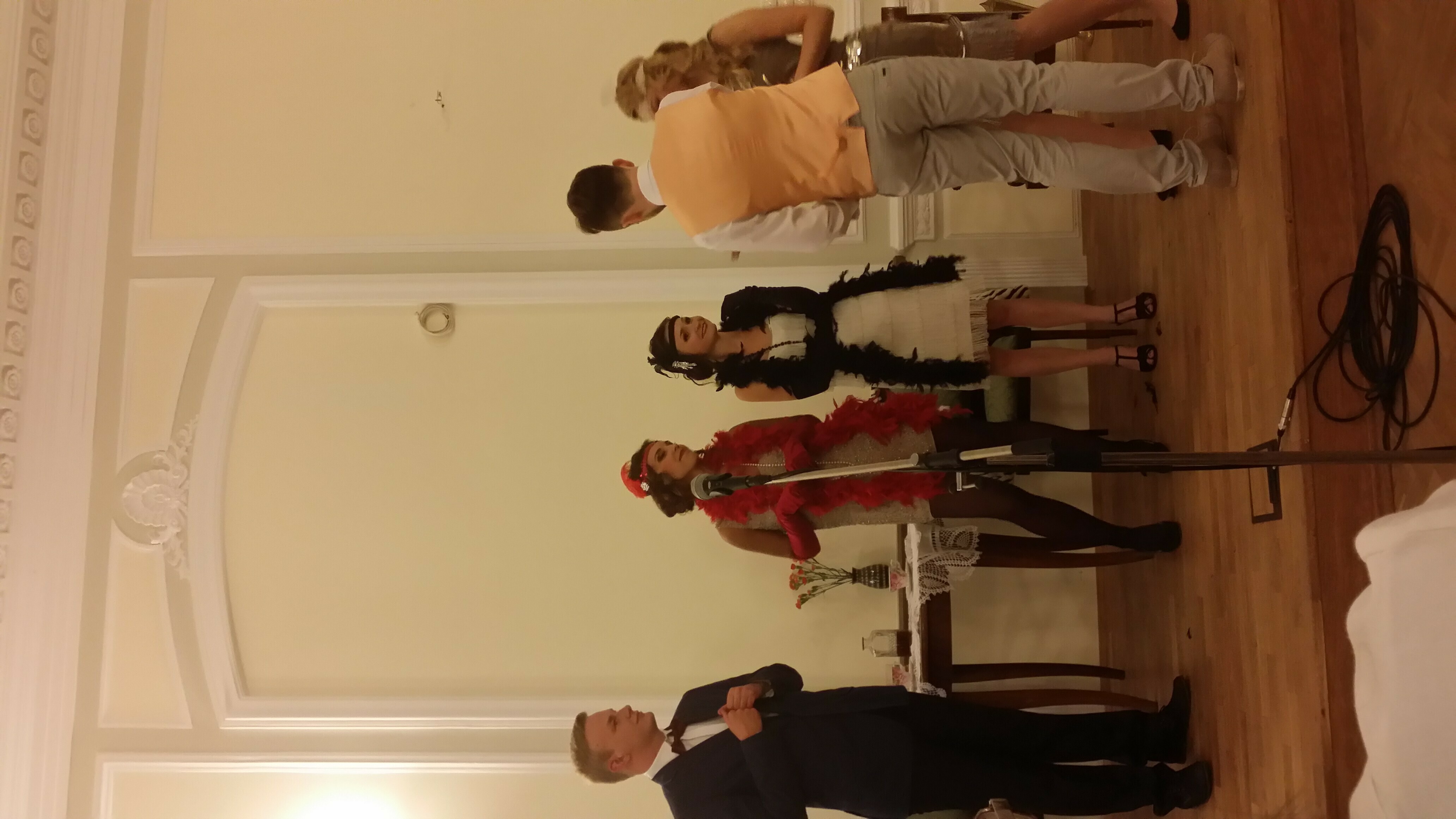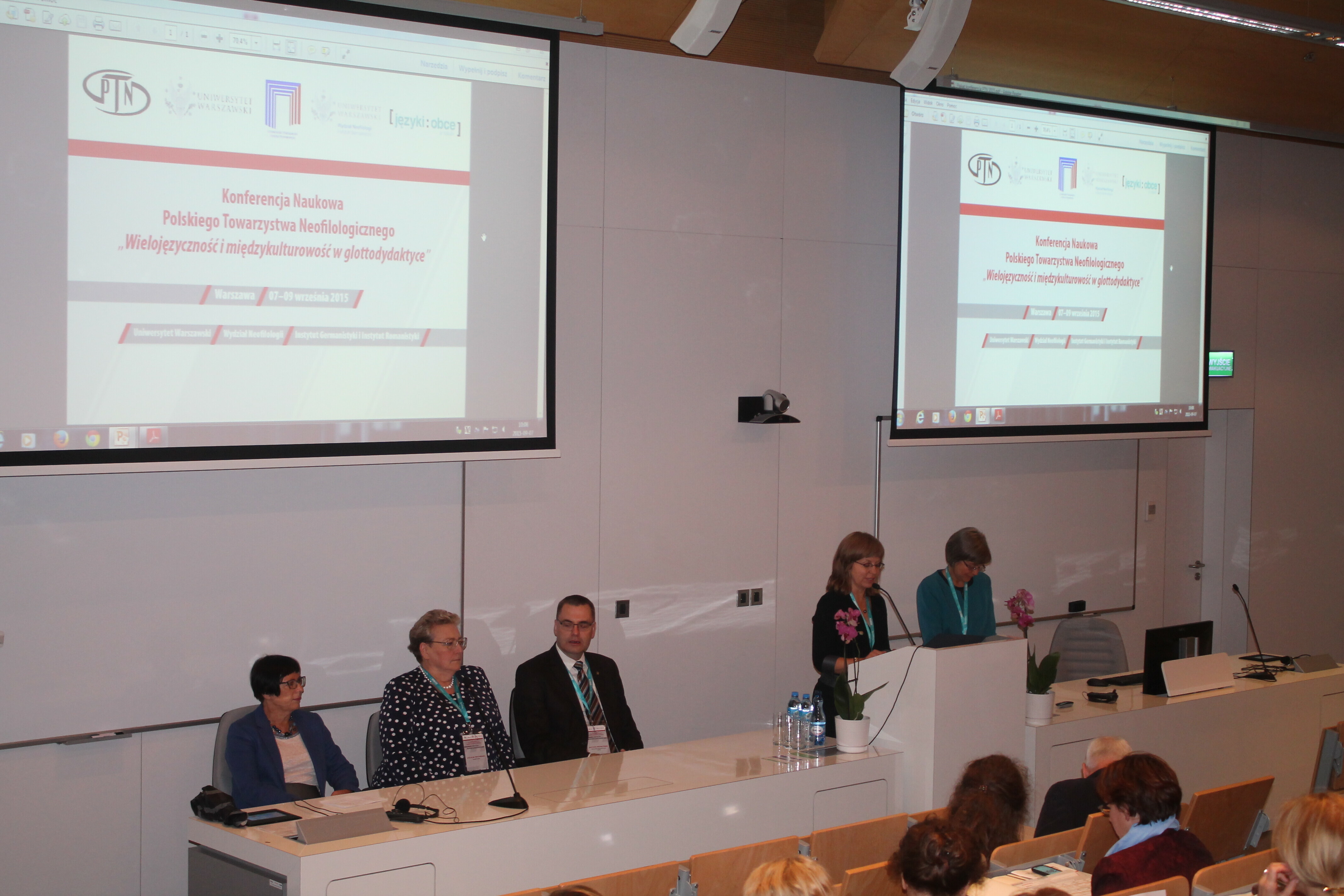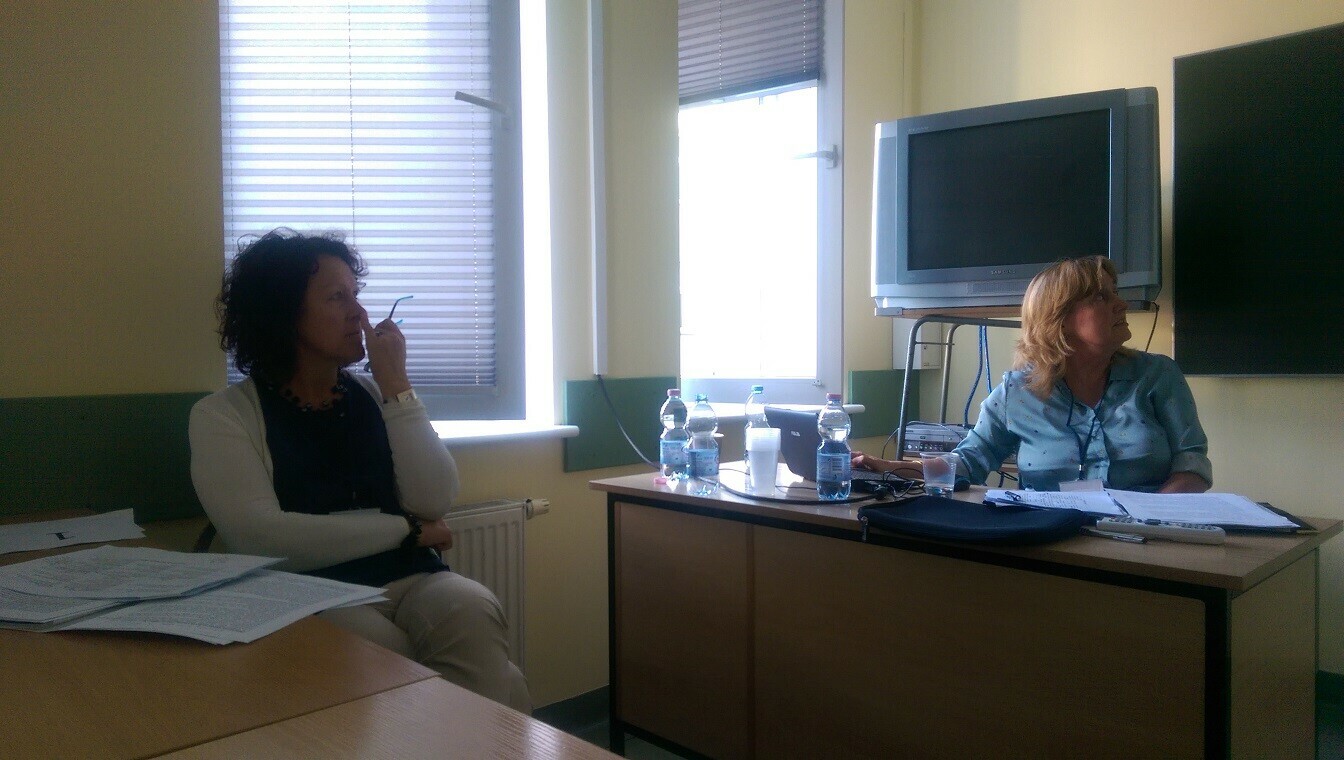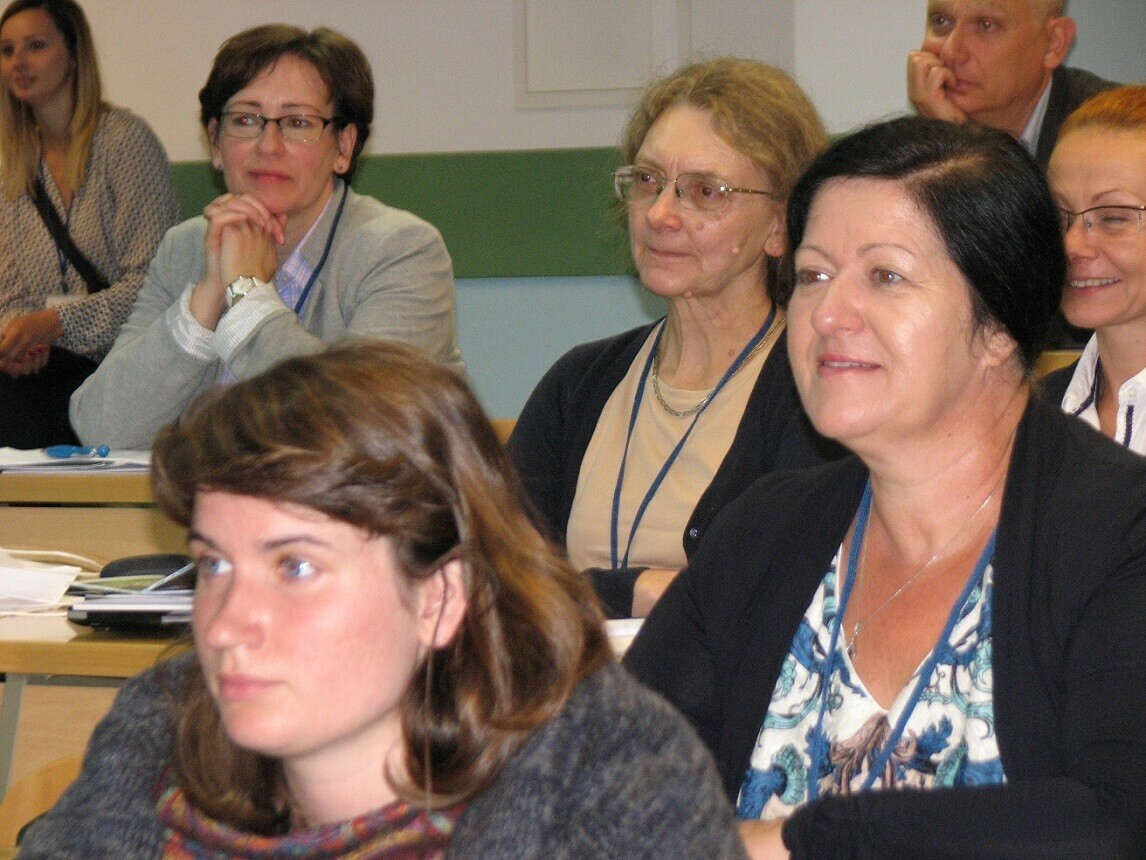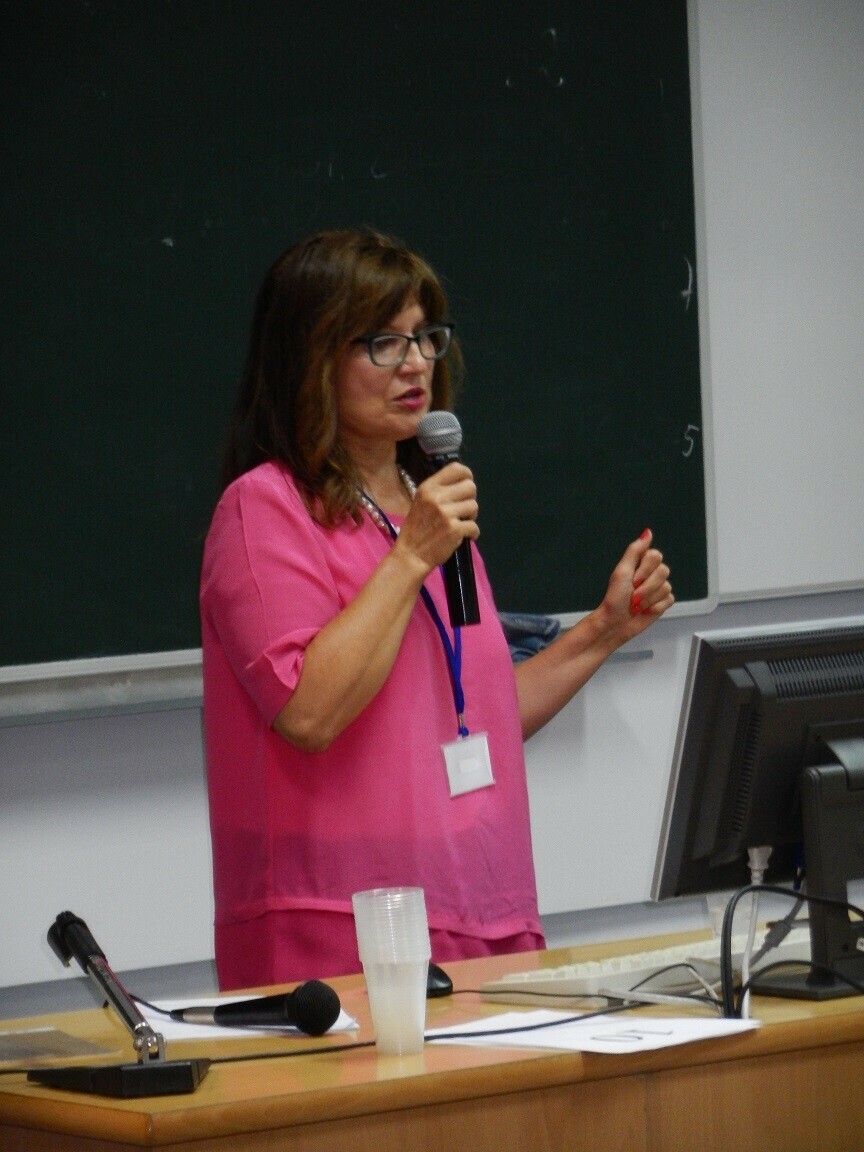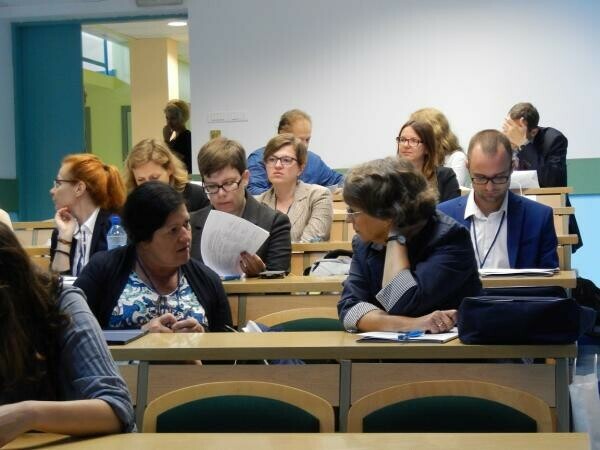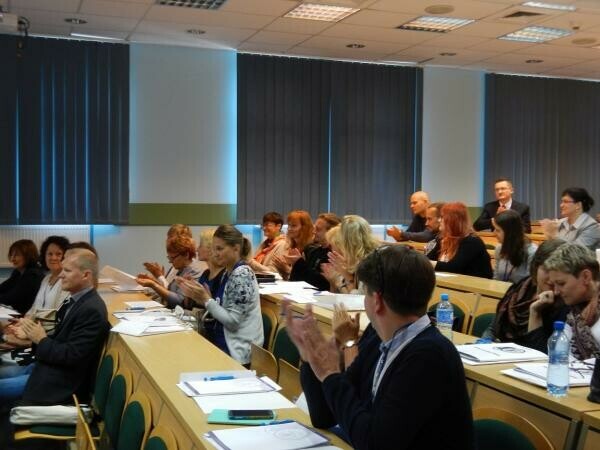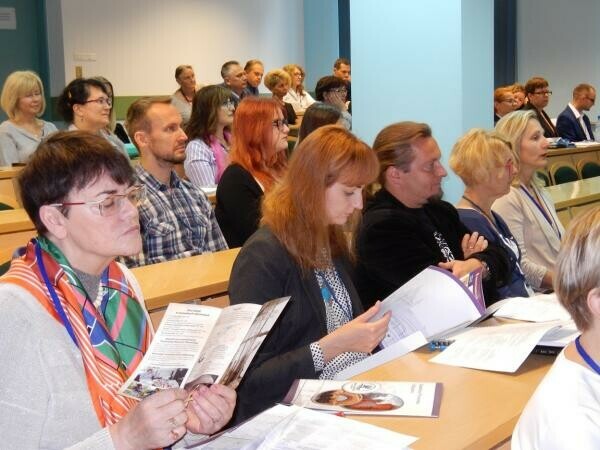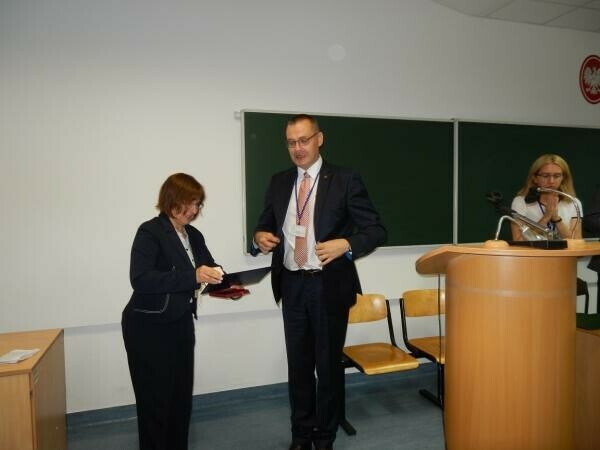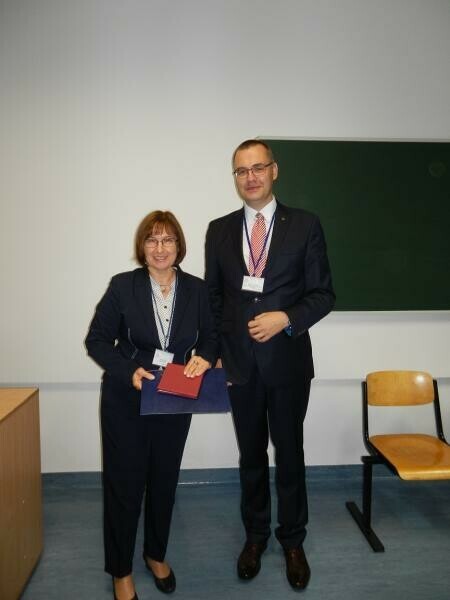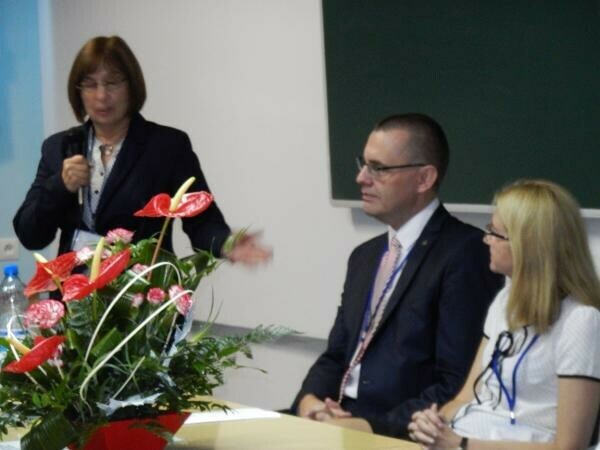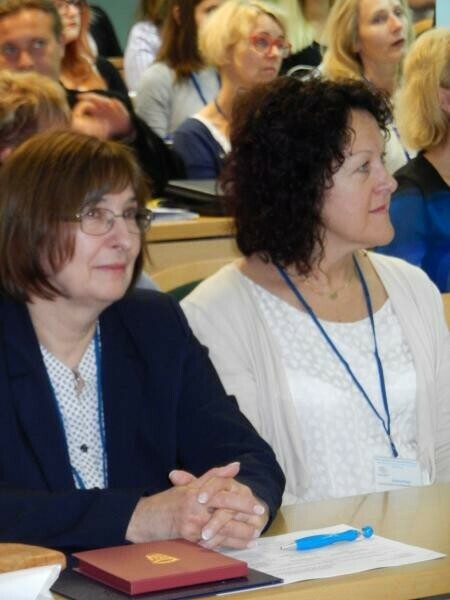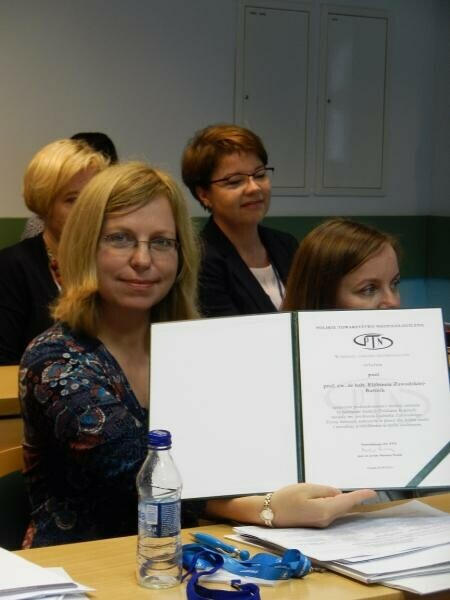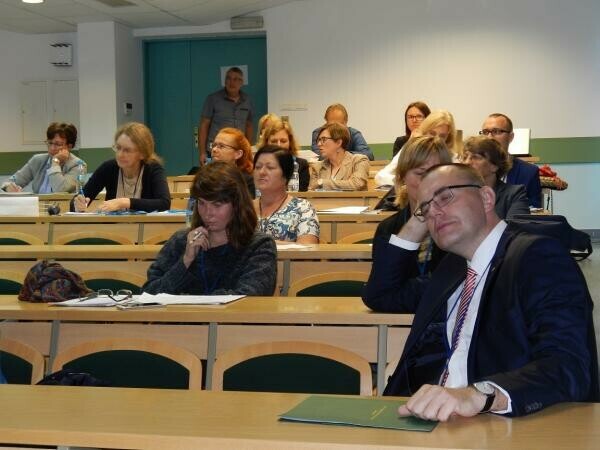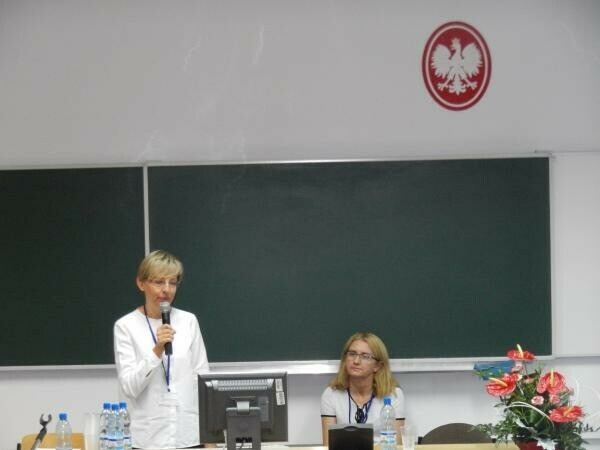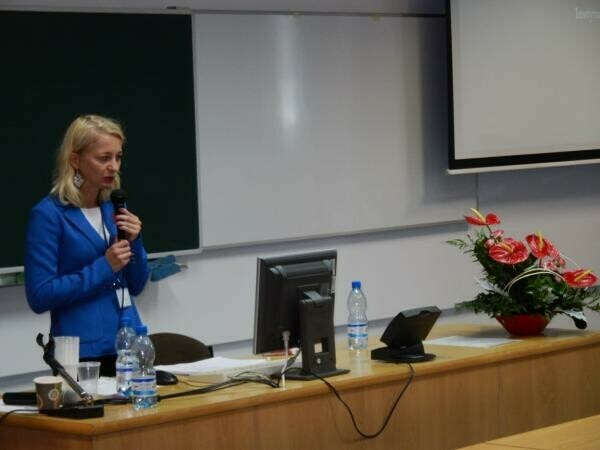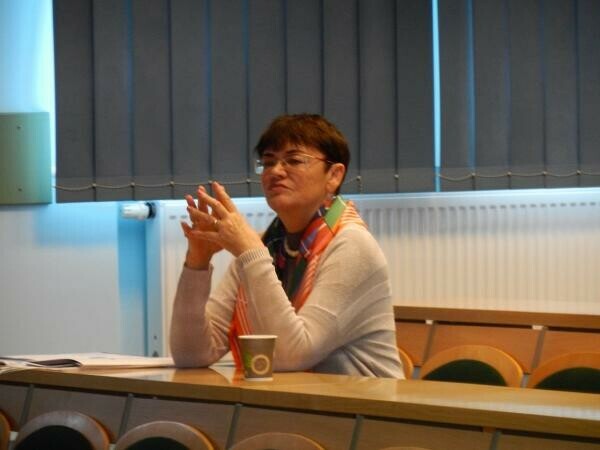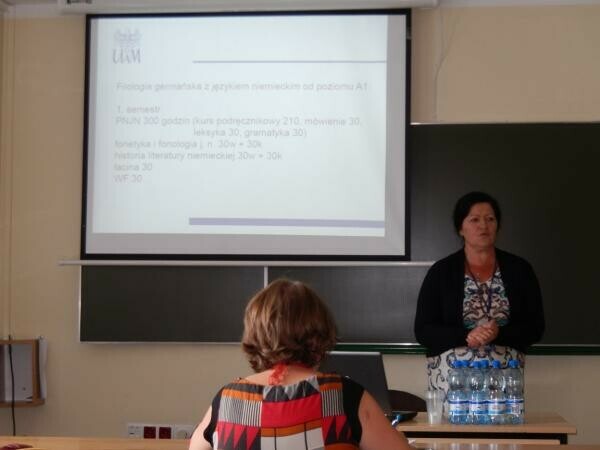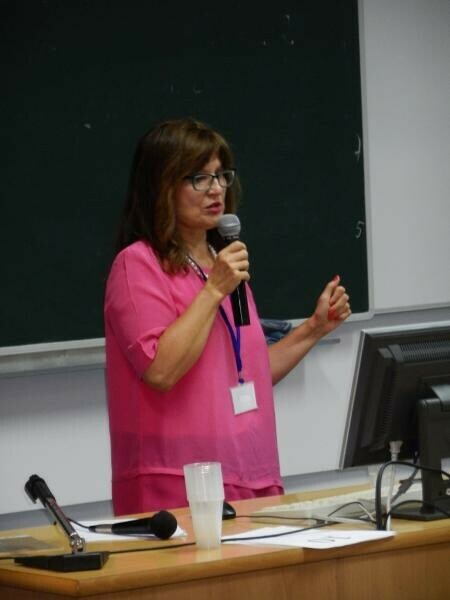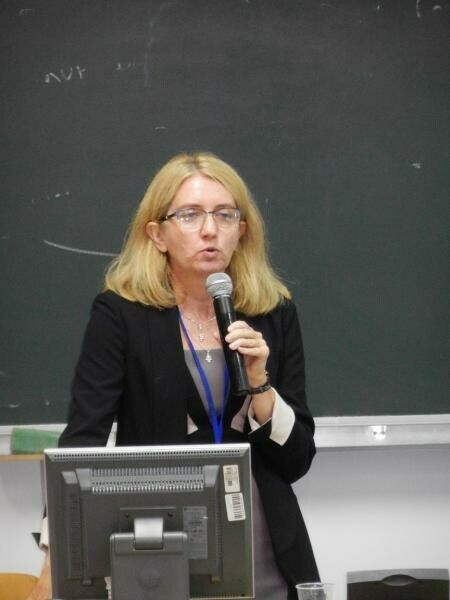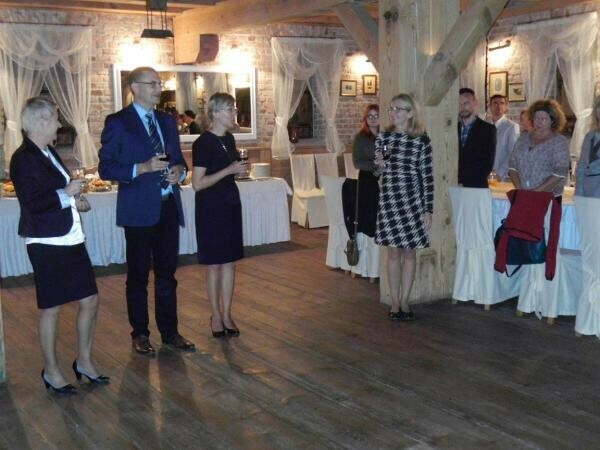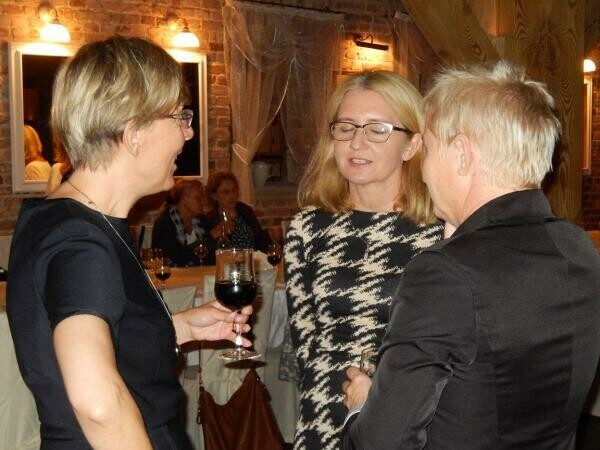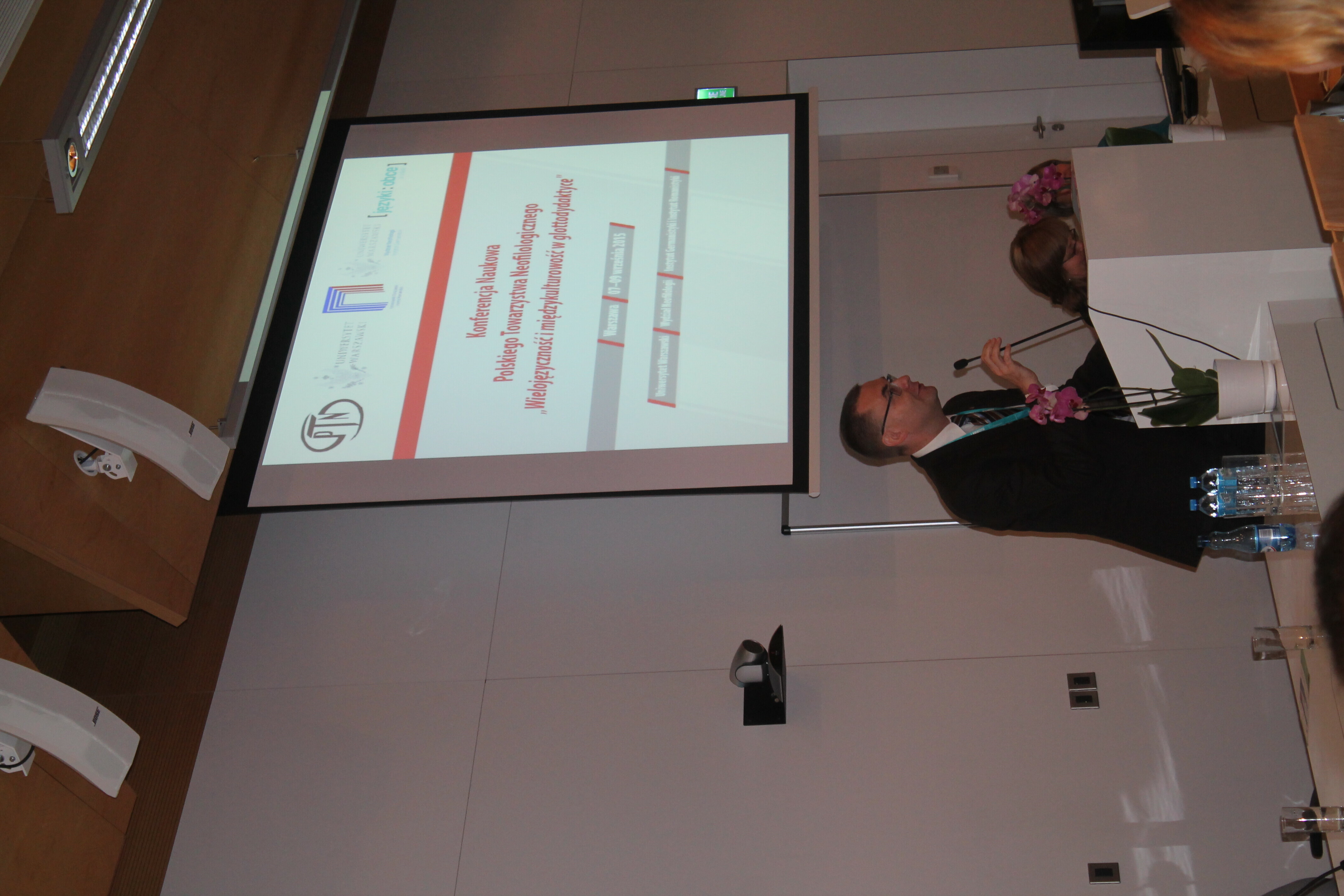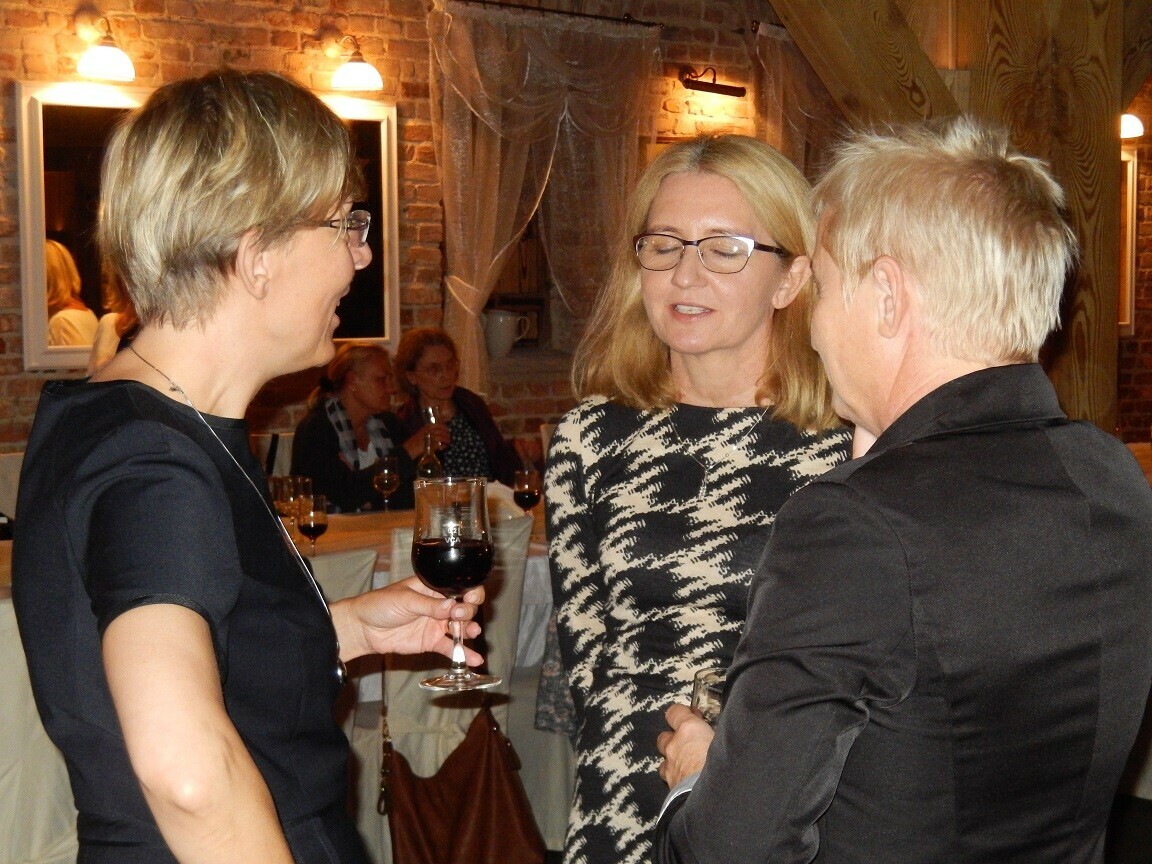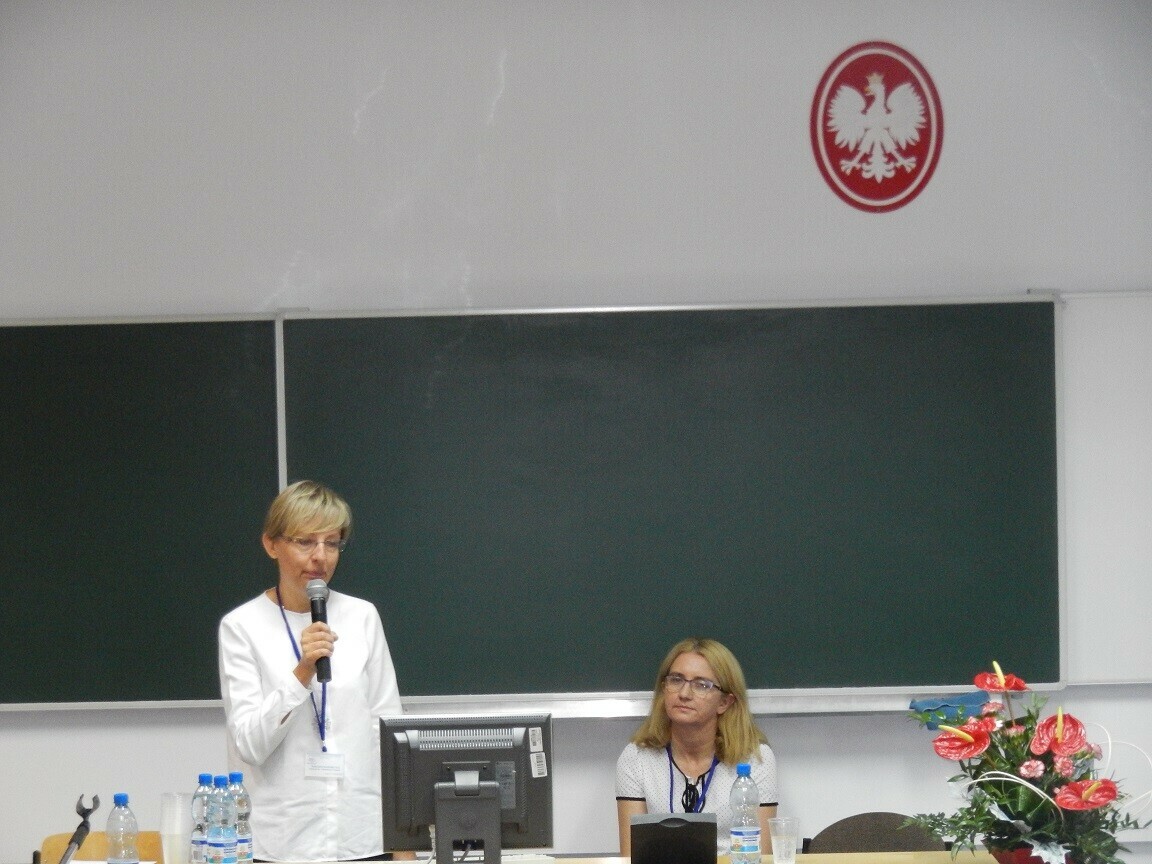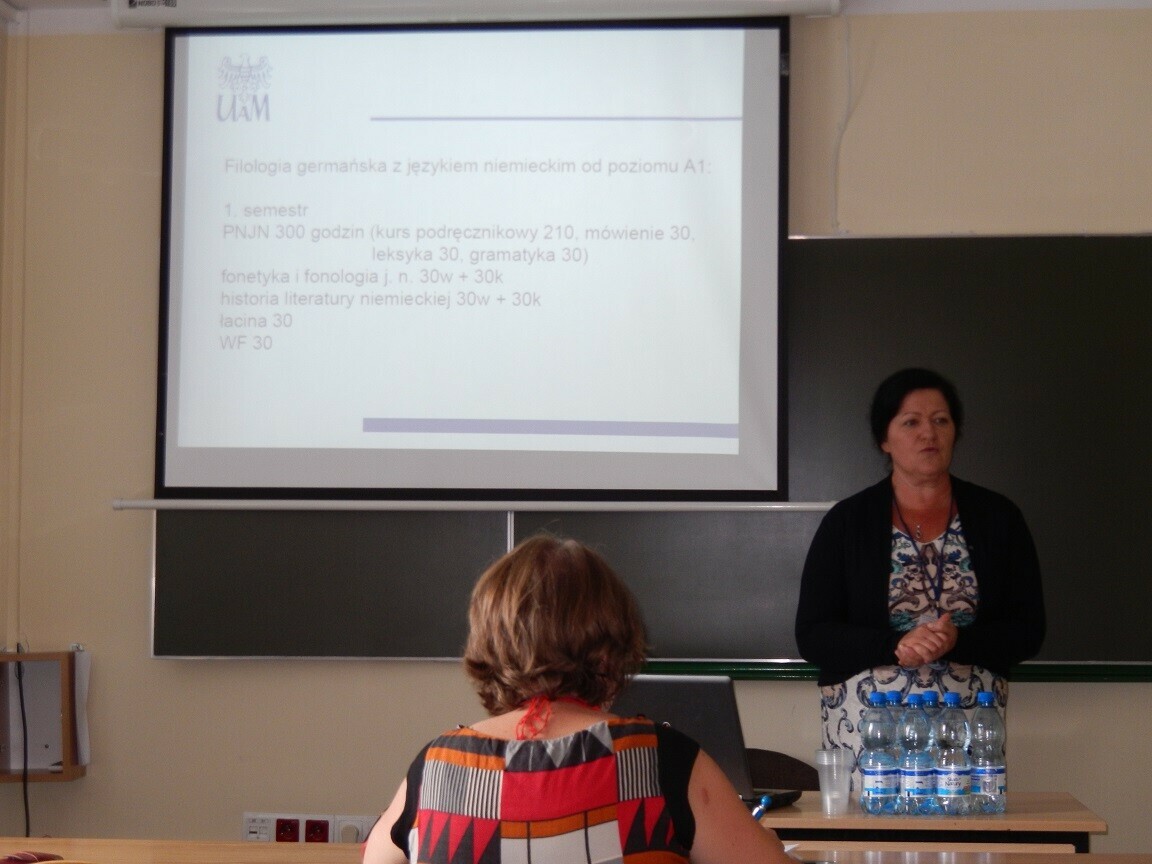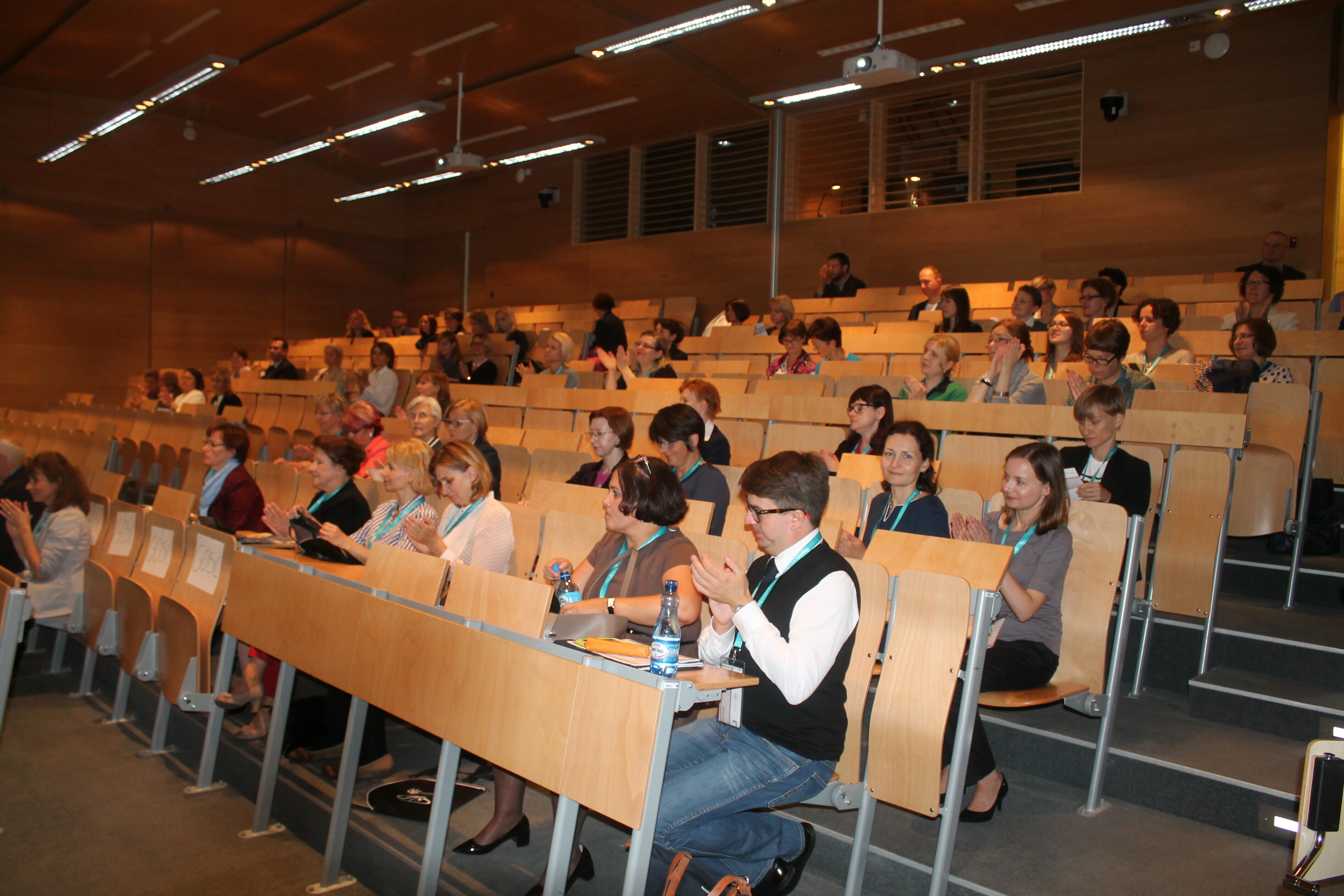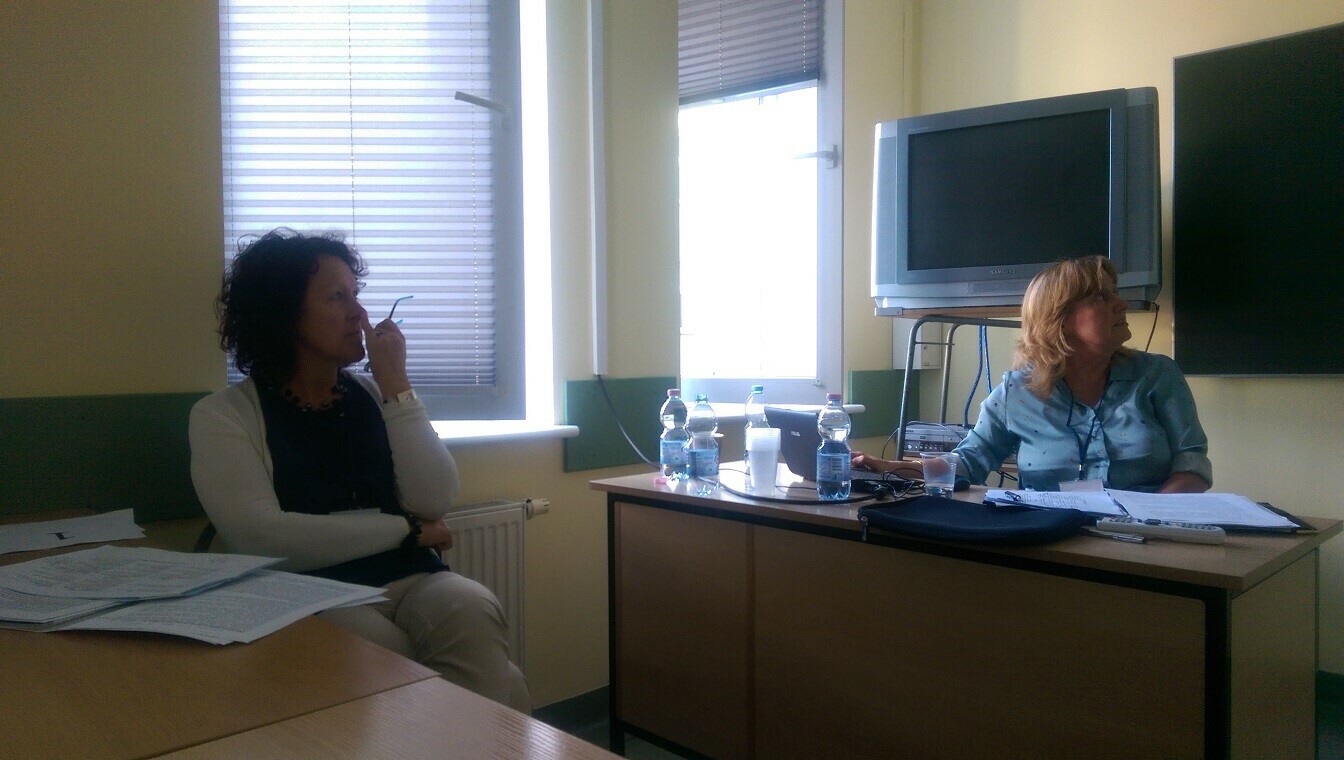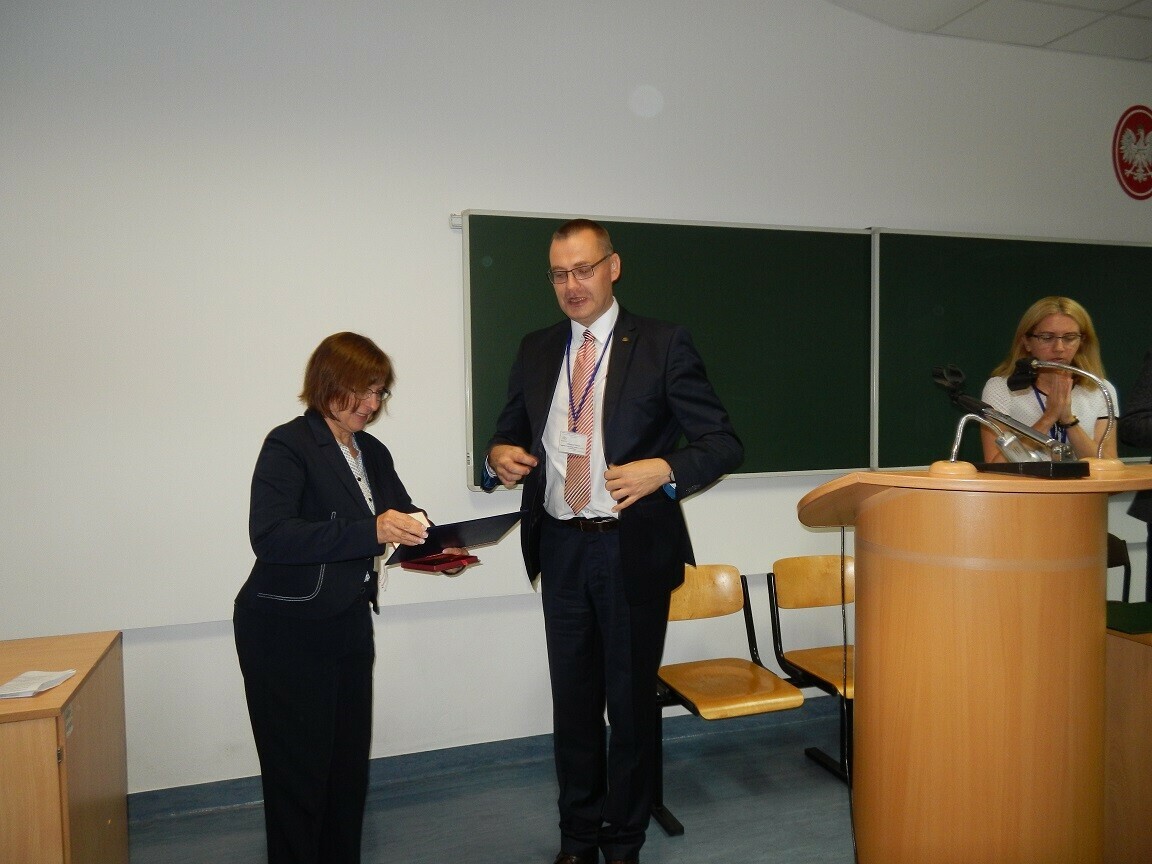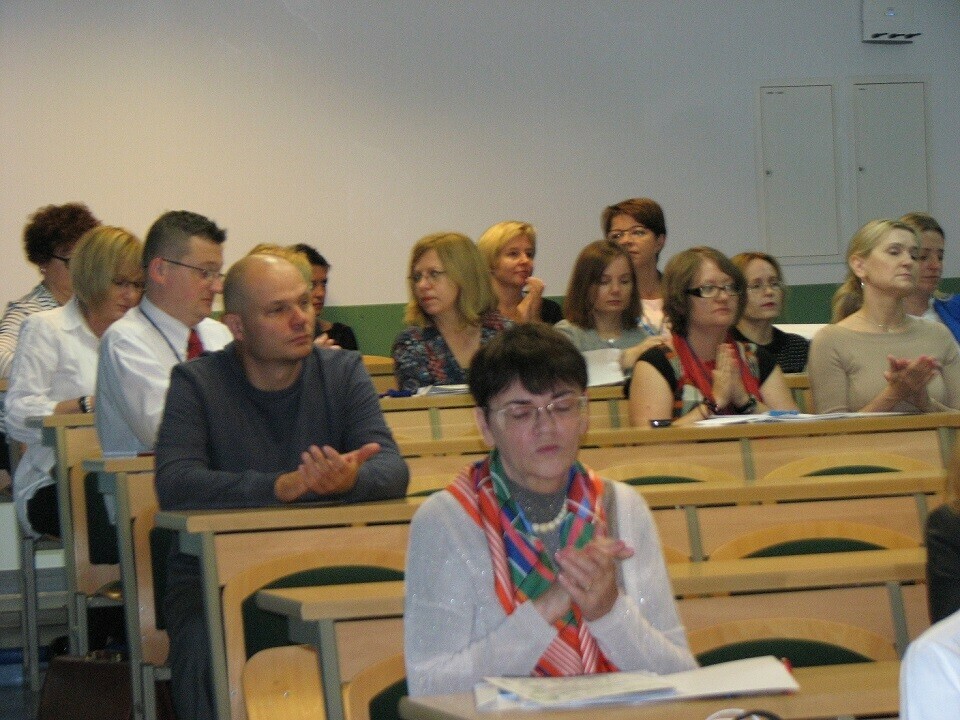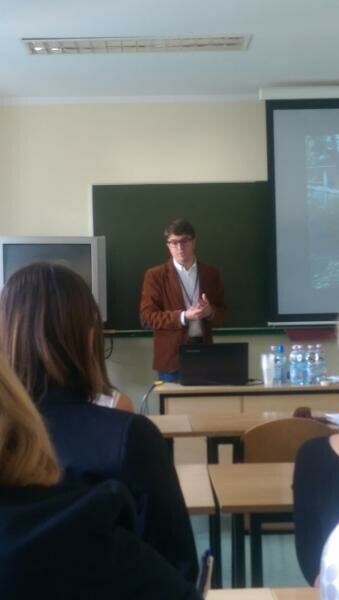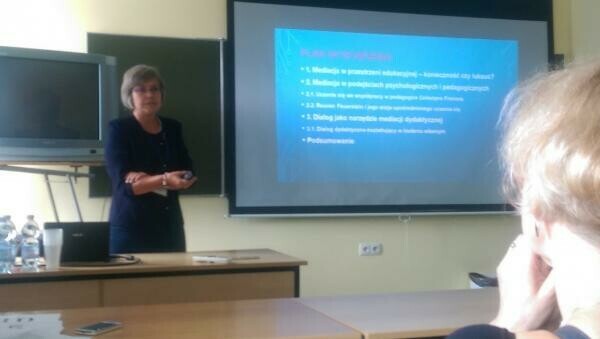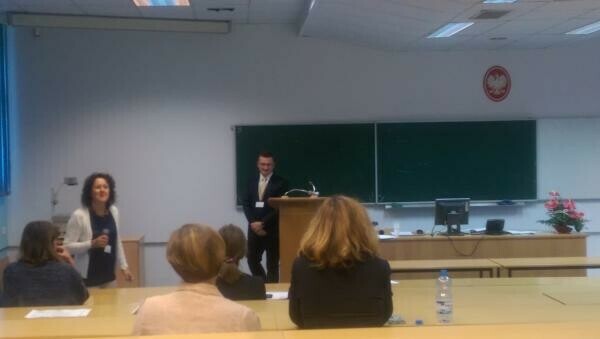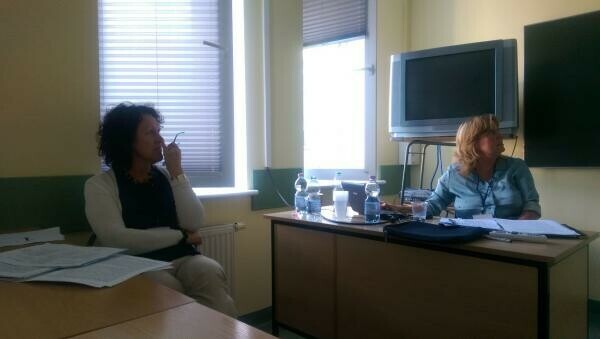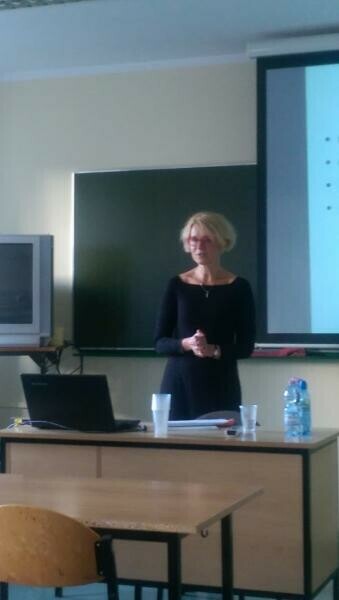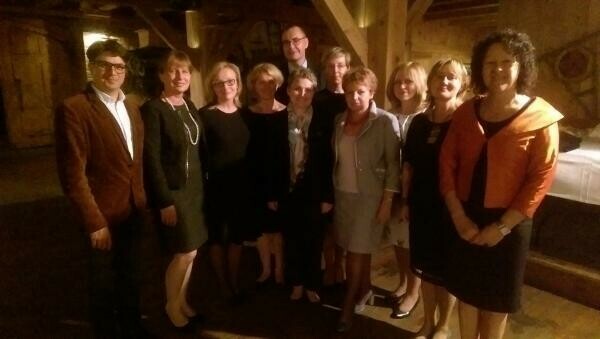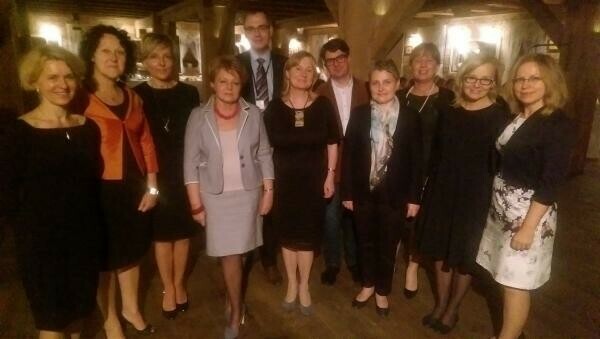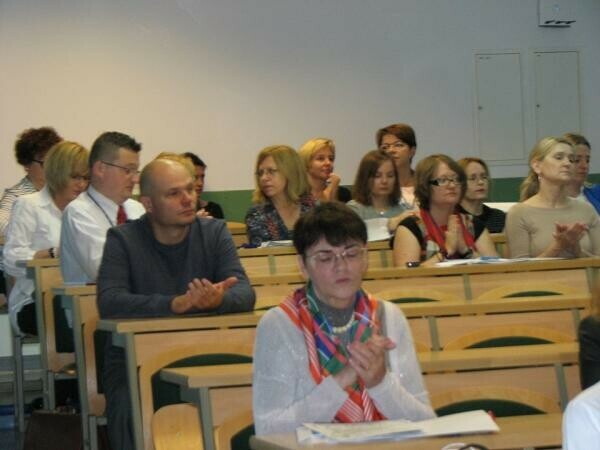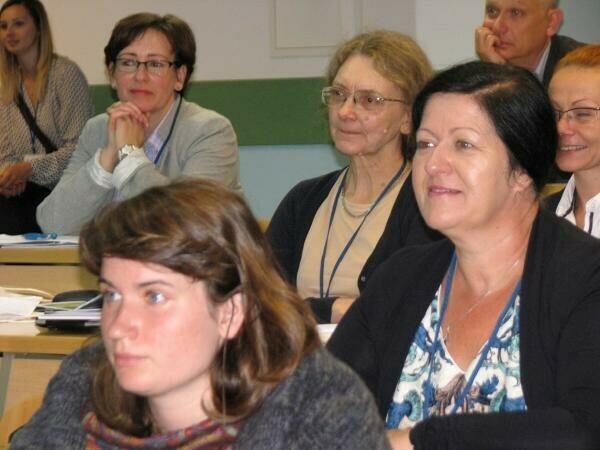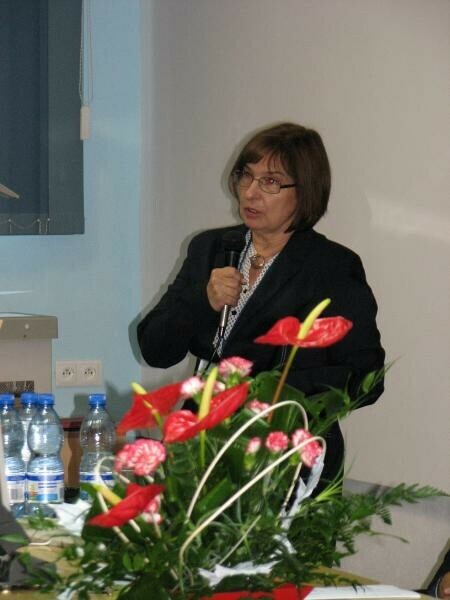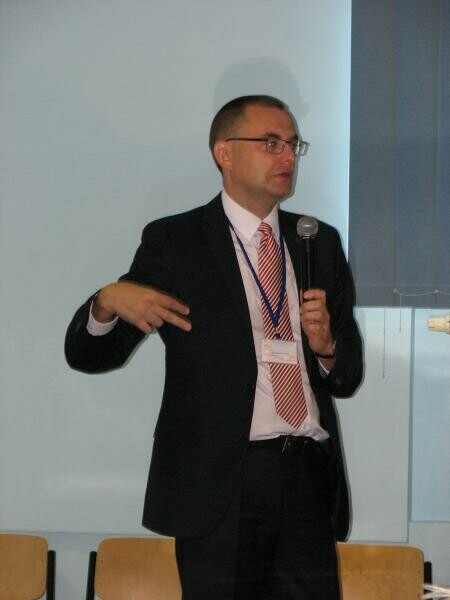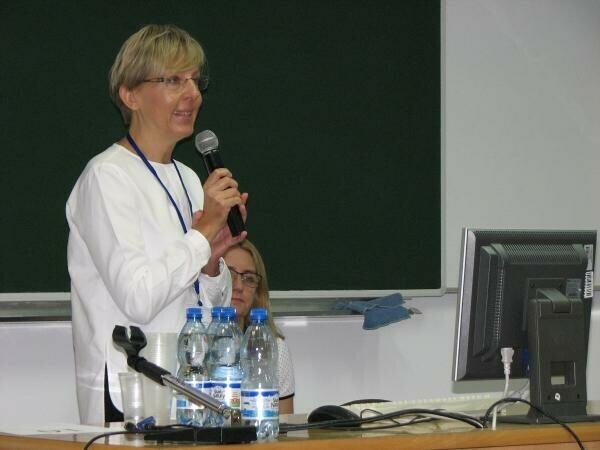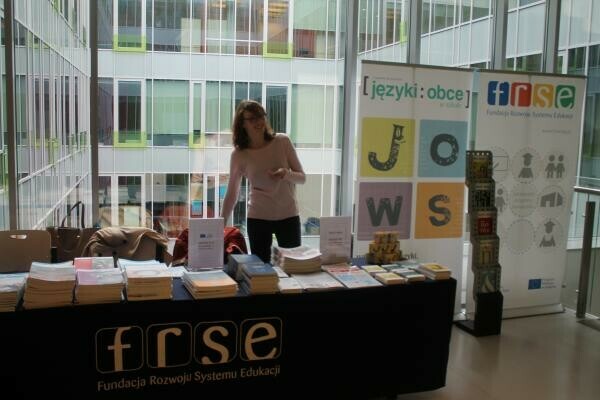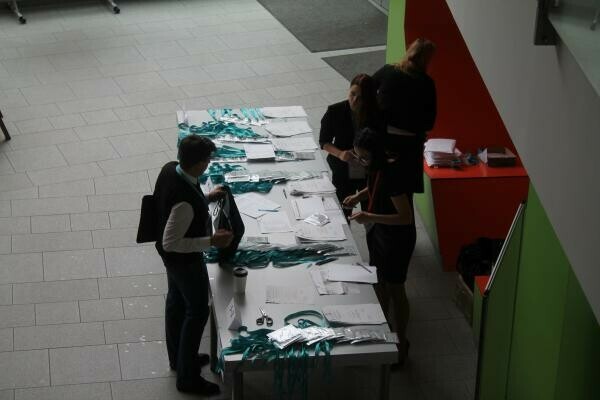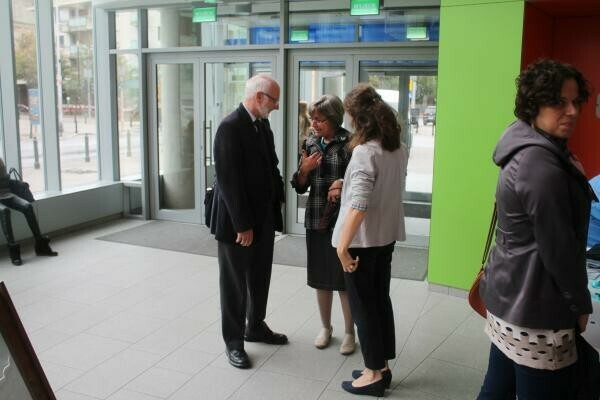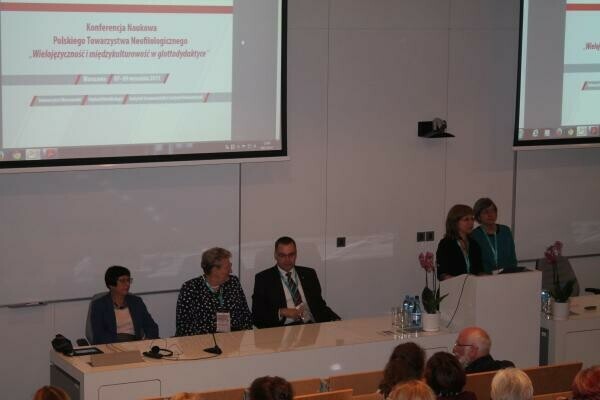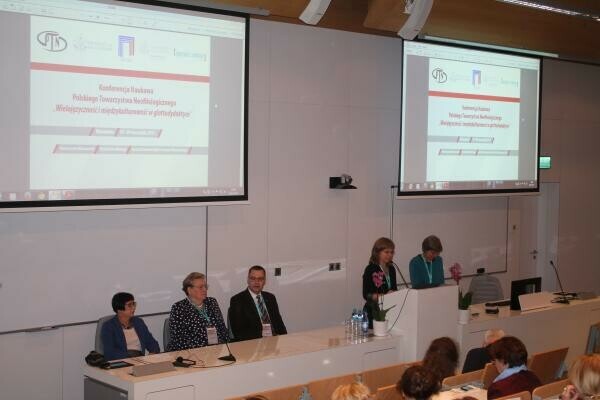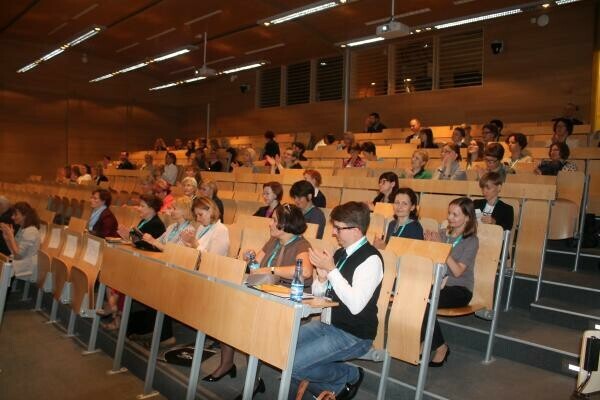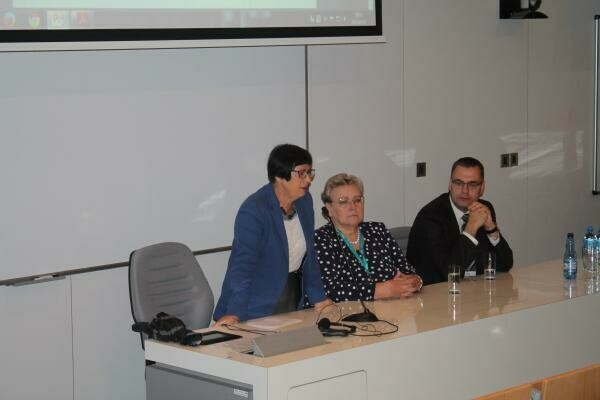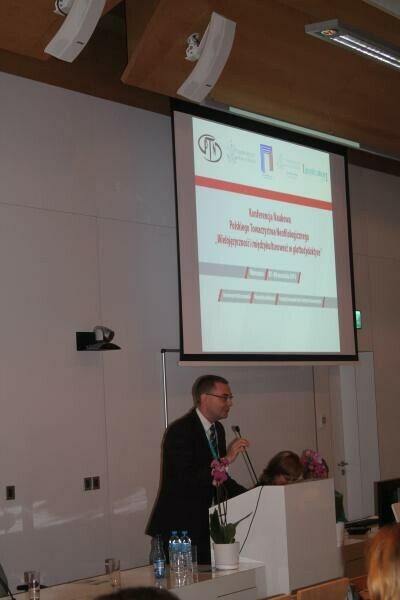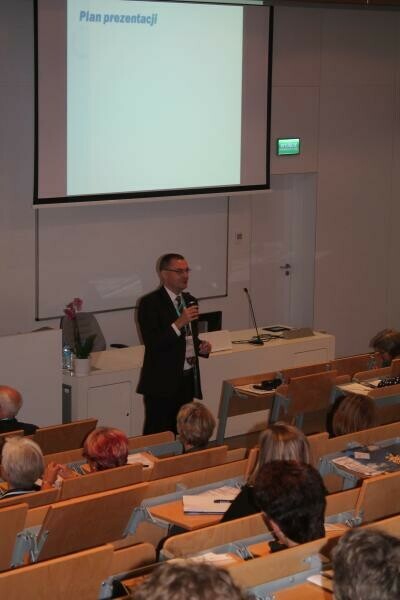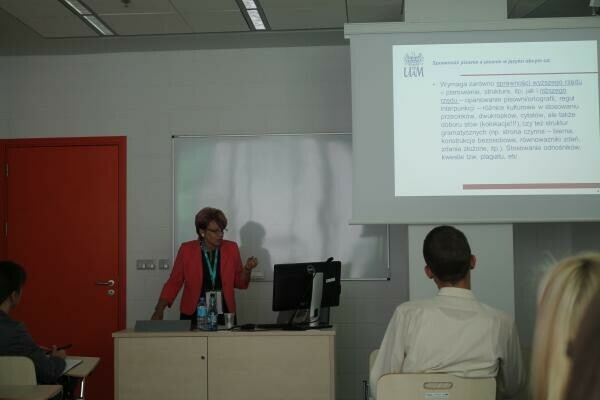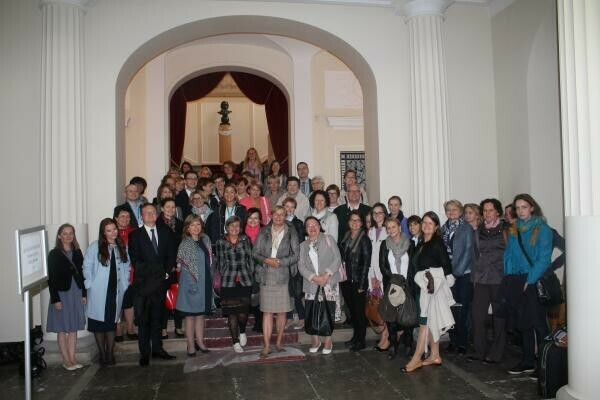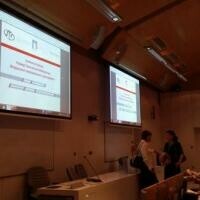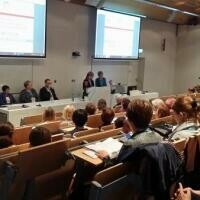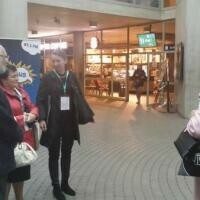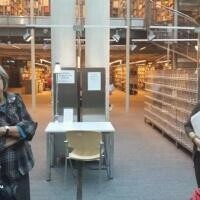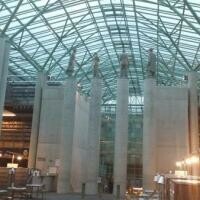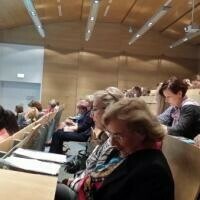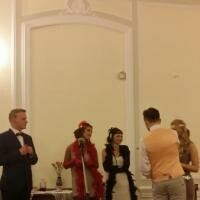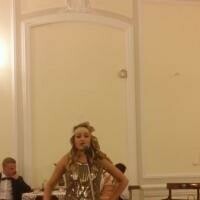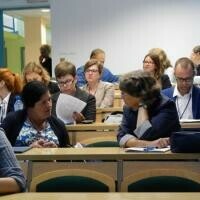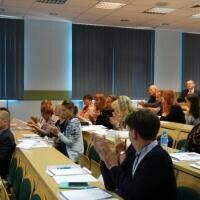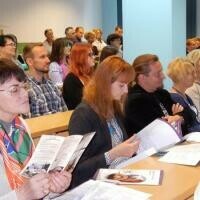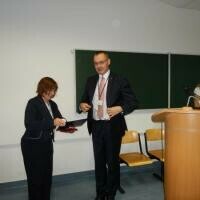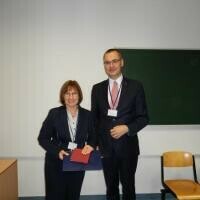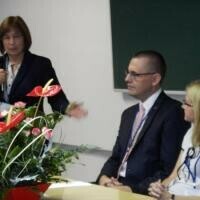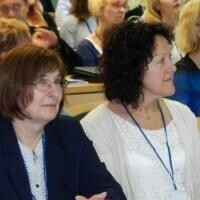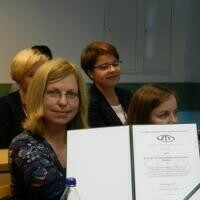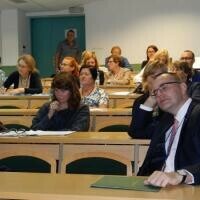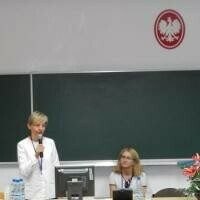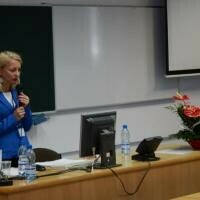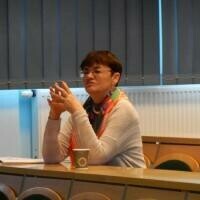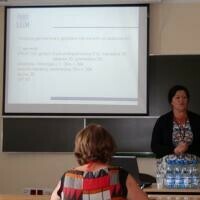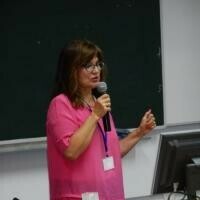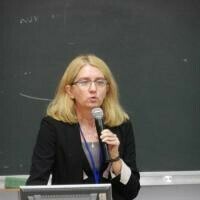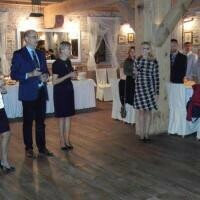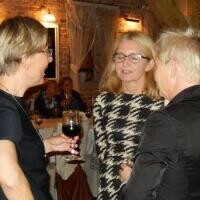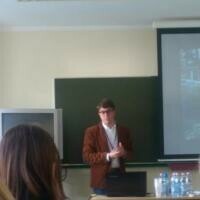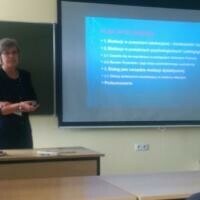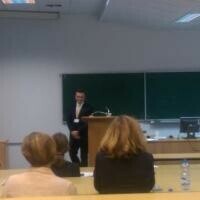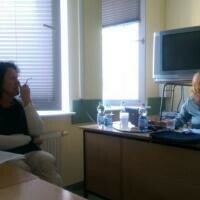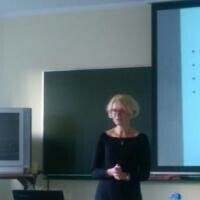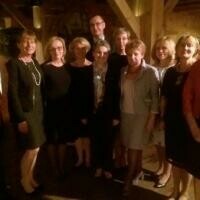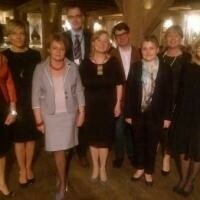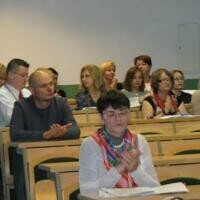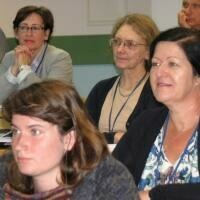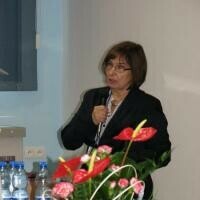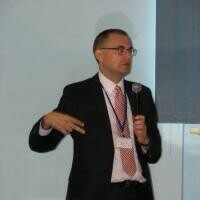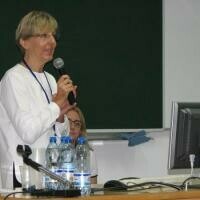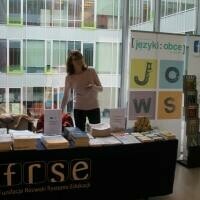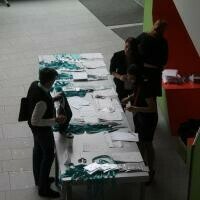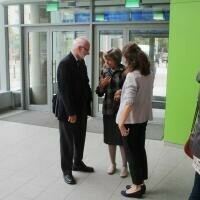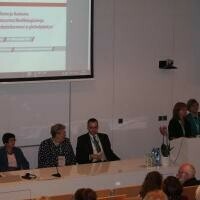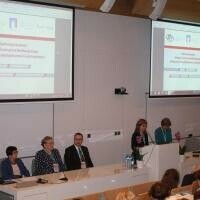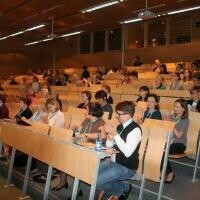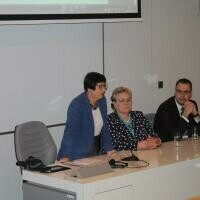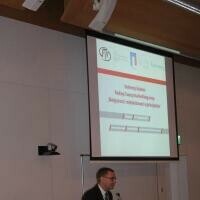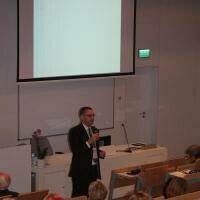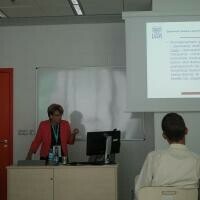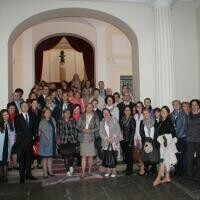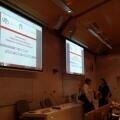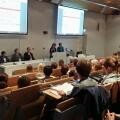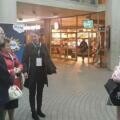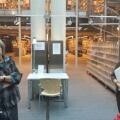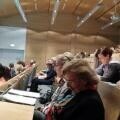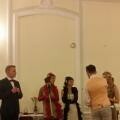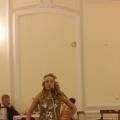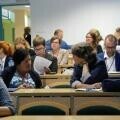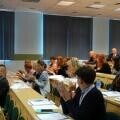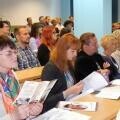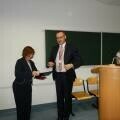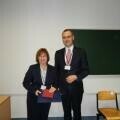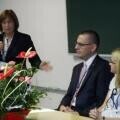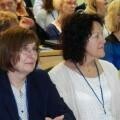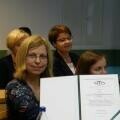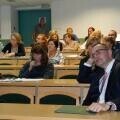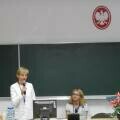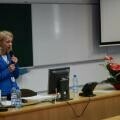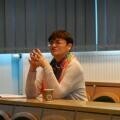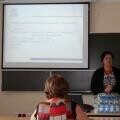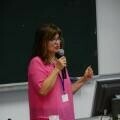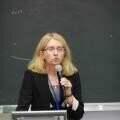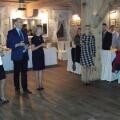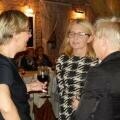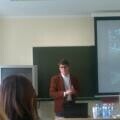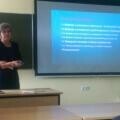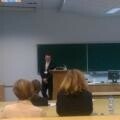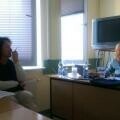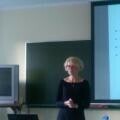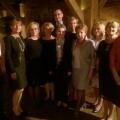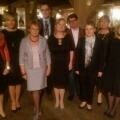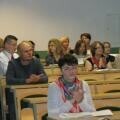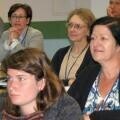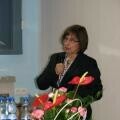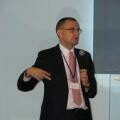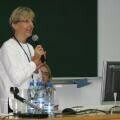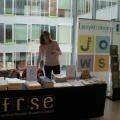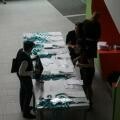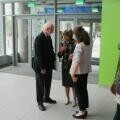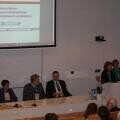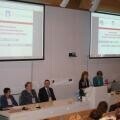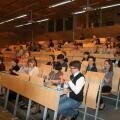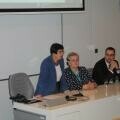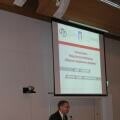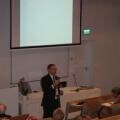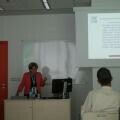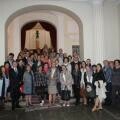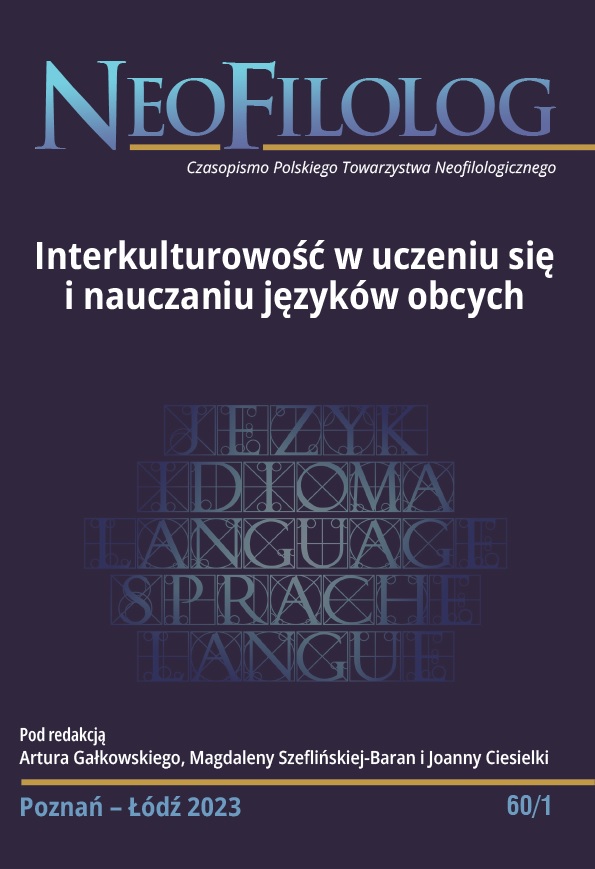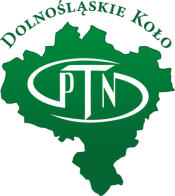3rd International conference on classroom-oriented research RECONCILING THEORY AND PRACTICE
Institute of Modern Languages, State School of Higher Professional Education, Konin
Department of English Studies, Faculty of Pedagogy and Fine Arts, Adam Mickiewicz University, Kalisz,
and
Institute of English Studies, Faculty of Philology , University of Łódź,
in collaboration with IATEFL Research SIG (http://resig.iatef.org)
are happy to announce 3rd International conference on classroom-oriented research:
CLASSROOM-ORIENTED RESEARCH: RECONCILING THEORY AND PRACTICE
Konin, October 14th-16th, 2013
Call for papers
THEME
The conference will be devoted to various aspects of classroom-oriented research, focusing in particular on the ways in which theory, research and classroom practice can be successfully reconciled. The event will provide a forum for disseminating latest research findings in this area, which is of pivotal importance to foreign and second language pedagogy, and it will be of relevance not only to academics, researchers, teacher educators or material writers, but also to language teachers wishing to enhance their instructional practices.
PLENARY SPEAKERS
The following scholars have agreed to participate in the conference and deliver plenary talks:
· prof. Anne Burns (Aston University)
· prof. Jean-Marc Deawale (Birkbeck College, University of London)
· prof. Diane Larsen-Freeman (University of Michigan)
· prof. David Nunan (Anaheim University)
· prof. Norbert Schmitt (University of Nottingham)
· prof. David Singleton (Trinity College, Dublin)
· prof. Paul Meara (Swansea University)
ABSTRACT SUBMISSION
We welcome contributions related to the theme of the conference in the form of papers (20 minutes + 10 minutes for discussion), workshops (60 minutes) and posters which could, among other things, focus on the following areas:
- theoretical foundations of classroom-oriented research;
- teaching language skills and subsystems;
- developing intercultural competence in the language classroom;
- individual differences and language learning and teaching;
- learner autonomy and language learning strategies;
- classroom interaction and management;
- teachers’ knowledge and beliefs;
- teacher education;
- coursebooks and materials;
- syllabus design;
- assessing second language knowledge;
- methodology of classroom-oriented research;
- disseminating the findings of classroom-oriented research.
Abstracts of papers, workshops and posters in the range of 250-300 words should be submitted by e-mail to classroomresearch2013@gmail.com by May 31st, 2013. The proposals should include the title, name, affiliation, e-mail address and a short biographical note, about 60-80 words in length. Notifications of acceptance will be sent by June 30th, 2013.
FURTHER INFORMATION
Further information about the conference will be available in October 2012. Queries regarding the event can be sent to classroomresearch2013@gmail.com or to Professor Mirosław Pawlak, Head of the Organizing Committee (pawlakmi@amu.edu.pl).
With best regards,
Mirosław Pawlak
3rd international conference on teaching and learning speaking in a foreign language PSYCHOLINGUISTIC AND SOCIOLINGUISTIC PERSPECTIVES
Institute of Modern Languages, State School of Higher Professional Education, Konin
and
Department of English Studies, Faculty of Pedagogy and Fine Arts Adam Mickiewicz University, Kalisz
are happy to announce
3rd international conference on teaching and learning speaking in a foreign language:
SPEAKING IN A FOREIGN LANGUAGE:
PSYCHOLINGUISTIC AND SOCIOLINGUISTIC PERSPECTIVES
Konin, May 13th-15th, 2013
CALL FOR PAPERS
THEME
The conference will be devoted to various aspects of developing speaking skills in the foreign language classroom, as viewed from both a psycholinguistic and sociolinguistic perspective. It will be organized by the Institute of Modern Languages, State School of Higher Professional Education, Konin, Poland, and the Department of English Studies, Faculty of Pedagogy and Fine Arts, Adam Mickiewicz University, Kalisz, Poland. The languages of the conference will be English and Polish, with all the plenary talks given in the former.
PLENARY SPEAKERS
The following scholars have agreed to participate in the conference and deliver plenary talks:
· Ronald Carter (University of Nottingham)
· Pauline Foster (St. Mary’s University College, Twickenham, London)
· Judit Kormos (Lancaster University)
· Przemysław Krakowian (University of Łódź)
· Merrill Swain (University of Toronto)
· Ema Ushioda (University of Warwick)
ABSTRACT SUBMISSION
We welcome contributions related to the theme of the conference in the form of papers (20 minutes + 10 minutes for discussion), workshops (60 minutes) and posters which could, among other things, focus on the following areas:
- psycholinguistic and sociolinguistic aspects of speech production;
- the role of grammar and lexis in developing speaking skills;
- the place of phonetics and phonology in developing speaking skills;
- pronunciation instruction in a second or foreign language;
- the pragmatic dimension of developing speaking skills;
- interaction in the foreign language classroom;
- techniques, methods and resources used in developing speaking skills;
- communication tasks and the development of speaking skills;
- using computer technology in learning and teaching speaking in a foreign language;
- the role of communication strategies in speaking in a foreign language;
- learning strategies and the development of speaking skills;
- assessing speaking skills in a foreign language;
- methodology of research on learning and teaching speaking in a foreign language.
Abstracts of papers, workshops or posters in the range of 200-300 words should be submitted by e-mail to speaking2013@gmail.com by March 10th, 2013. The proposals should include the title, name, affiliation, e-mail address and a short biographical note, about 60-80 words in length. Notifications of acceptance will be sent by April 7th, 2013.
FURTHER INFORMATION
Further information about the event will be available in September 2012. Queries regarding the event can be sent to speaking2013@gmail.com or to the Conference Organizers.
CONFERENCE ORGANIZERS
Mirosław Pawlak (pawlakmi@amu.edu.pl)
Ewa Waniek-Klimczak (ewaklim@uni.lodz.pl)
LATEUM
LATEUM
ELT and Linguistics 2013
NEW STRATEGIES FOR BETTER SOLUTIONS
XIth International Conference
with the participation of the British Council, the American Embassy, IATEFL and FIPLV
DATES: 2-4 October 2013
THEME: LATEUM has always sought to bridge the gap between the academia and EFL practitioners by bringing together leading theorists in linguistics and teachers with hands-on experience. These days one can't help but recognize an urgent need for innovation and cutting-edge solutions to meet the demands of the digital age. LATEUM's 11th International Conference will offer many opportunities for professional contact and development, for blending time-honoured traditions with technology-enhanced language education. Better solutions come from insightful questions, shared practices and creative ideas that are generated in panel discussions and workshops led by true enthusiasts. Join us in this celebration of EFL teaching and learning!
WORKING LANGUAGES: English, Russian (except Plenaries)
Participants are encouraged to participate in plenaries, round-table discussions, interest groups and workshops on the following topics:
Cognitive and Corpus-Based Discourse Studies in ELT (Chair: Olga Aleksandrova, Natalia Gvishiani)
The programme of the round-table discussion is designed to broaden the ELT perspective so as to encompass a range of issues from the relevant theoretical fields of cognitive and corpus-based discourse studies. Nowadays language corpora are seen as an indispensable tool of the linguist’s trade in dealing with language phenomena at all levels, including the functional-stylistic, the communicative-pragmatic, and the cognitive ones. In a provisional way we invite the speakers to focus on cognitive methods providing for better understanding of verbal communication in multicultural discourse and address the questions of computer corpora ‘support strategies’ in the study of language variation and change.
Teaching and Researching Business English (Chair: Tamara Nazarova)
Participants of this Special Interest Group are invited and encouraged to share their experience in either teaching or researching the English used in business settings across geographical borders and national cultures. The format is as follows: the session will open with a 20-min. presentation by Professor Tamara Nazarova who is going to review the main trends in TBE (Teaching Business English) and also comment on some of the more interesting research projects currently under way at the English Department (Faculty of Philology, Moscow State University). All the practitioners and theorists from different departments and universities who plan to attend the SIG will be given an opportunity to take the floor and add something of interest and use in both the day-to-day teaching of priority skills in ELT classrooms and the painstaking organized scientific research of this exciting field of study.
Literature and Translation (Chair: Aschen Mikoyan, Velta Zadornova)
Translation has been the chief means of communication between languages and cultures since the times metaphorically referred to by George Steiner as “After Babel”, i.e. from the time when human communities inhabiting the prehistoric world began to use distinctive means of verbal communication. Any contact, at least any peaceful contact that members of a speech community had with members of another speech community created a need for a means of overcoming the language barrier, and it was translation, first in its oral and eventually also in its written form that satisfied that need. With the emergence of national literatures, translation assumed another, a more creative and a loftier role, providing for mutual interpenetration of national literary Cultures. It has still retained this role today, just as its other, more mundane roles; and even with the worldwide use of English as an almost universal lingua franca, and despite the continual growth of speakers of English as a second language, the role of translation in today’s world remains indisputably important. The participants of the round table on Literature and Translation will be invited to discuss a broad range of issues pertaining to the study of literature and its ‘re-incarnations’ in translation, to various kinds of translation per se, both in terms of theory and practice, and to the challenges of translation training.
Media Discourse (Chair: Elena Mendzheritskaya)
Media discourse informs, influences, and introduces us to the world of news and opinions. It implies various linguistic and extralinguistic strategies of passing on both information and impact. Treating mass media in terms of discourse presupposes inviting scholars from diverse spheres including general theory of communication, discourse analysis, cognitive and media studies, mass media language teaching. Being linguists we are also interested in practical implementation of all the theoretical assumptions to mass media language acquisition. Such a multifaceted approach prompts the format of the round-table discussion with the participation of different representatives of these interdisciplinary studies.
Phonetics in ELT in Global English Context (Chair: Svetlana Decheva, Irina Maguidova)
The main focus of this round-table discussion is on supporting phonetic studies in modern English environment, when English has become “lingua franca” and is welcome in politics, economics, business, technology etc. The final goal of ELT in this sphere is to raise and develop the learners’ awareness of Global English phonation, as well as their perceptive and productive skills. The emphasis is laid on cultured English speech and phonetic variability to maintain communication in a way which will meet the demands of the English-speaking community the world over. We invite all the participants to share their views on how the scope of English phonetics can be extended still further, since we can no longer confine ourselves to the one-sided exclusively British-oriented pronunciation teaching.
Culture-Specific Component in Language Teaching and Research (Chair: Ludmila Baranova, Tatiana Komova)
The integration of linguistic and cultural studies is essential at present, when the increasing diversity of World Englishes has reached unprecedented heights. The suggested subject for the round-table discussion may be approached from various perspectives, therefore ELT professionals and scholars are cordially invited to contribute to the discussion of a wide range of cultural issues which are vital for understanding the language now and which are going to be in the focus of the future studies of English. It is of the essence to keep up with the cultural changes taking place not only in the English-speaking countries, but also wherever English is used as a foreign tongue, or has a significant presence. Moving towards understanding these changes is the ultimate goal of this round-table discussion.
Technology Assisted Linguistic Research and Instruction (Chair: Marklen Konurbaev)
This panel will discuss global trends in computer-assisted linguistic analysis and ways to improve language awareness in students based on the new methods of semantic analysis of texts including data mining, knowledge extraction and information discovery. The outburst of information has created a totally new environment where language learners are literally drowned in terabytes of texts, e-mails, video and audio material. It is a great challenge for modern linguistics to find and suggest new effective means to assist modern learner in structuring and systematizing this information for individual or professional purposes and desirably help the students to preserve the cultural edge in this process that is growing more and more spontaneous and intuitive. This poses a new task before educational institutions to overcome a simplistic and purely pragmatic foreign language acquisition and keep up with the ever increasing pace of the information era.
Language Testing and Assessment (Chair:)
The panel will discuss the latest developments in language assessment as a theory. Then it will focus on the research held by Cambridge University and its partner universities, based on the Learner Corpus – a unique database of past papers produced by candidates with various L1 backgrounds and at various levels of L2 proficiency. The panel speakers will share their experiences of participation in international projects such as English Profile, PROSET (current European Union project on language assessment in which 11 Russian and 4 European universities are taking part) and other major and minor research initiatives in the area. Practical outcomes of language assessment for teacher training in Russia and language education as a whole will also be looked at in the context of Russian State Exam development and various language contests that determine young people’s educational and career opportunities.
VENUE: Lomonosov Moscow State University
NEW! DEADLINE FOR SPEAKER’S PROPOSALS: 15 June 2013
Proposals accepted / not accepted (information of the Executive Committee): June 2013
REGISTRATION FORM and SPEAKER’s PROPOSAL FORM are available on
CONTACT US:
Maria Burmistrova, Secretary conference@lateum.org
Russia, Moscow, 119899, Lomonosov Moscow State University, Humanities I, Faculty of Philology, Department of English, Room 1045-1046.
Tel.: 7 (495) 939-2036
Fax.: 7 (495) 939-5114, 939-5596
El alumno de ELE: un alumno extraordinari
Międzynarodowa Konferencja Języka Hiszpańskiego
pt. El alumno de ELE: un alumno extraordinario - Niezwykły uczeń języka hiszpańskiego
w ramach
Ogólnopolskiej Olimpiady Języka Hiszpańskiego
W dniach 27-28 września 2013 roku w Instytucie Filologii Romańskiej UAM w Poznaniu odbędzie się I Międzynarodowa Konferencja Języka Hiszpańskiego, pt. El alumno de ELE: un alumno extraordinario (Niezwykły uczeń języka hiszpańskiego)
Kilkudziesięciu nauczycieli, wykładowców, specjalistów z całej Polski zajmujących się dydaktyką języka hiszpańskiego weźmie udział w wykładach, spotkaniach i sesjach dobrych praktyk prowadzonych przez dydaktyków z Polski, Niemiec i Hiszpanii. Wybitni naukowcy oraz nauczyciele-praktycy podzielą się ze słuchaczami nie tylko wiedzą, ale i cennym doświadczeniem. Celem konferencji jest omówienie, z naukowego i praktycznego punktu widzenia, różnorodnych aspektów uczenia się/nauczania języka hiszpańskiego. Konferencja pozwoli na wypracowanie narzędzi dydaktycznych, konfrontację poglądów i wymianę doświadczeń w dziedzinie nauczania języków obcych i pracy z uczniem zdolnym w Polsce. Będzie też okazją do podsumowania działań realizowanych w ramach Olimpiady Języka Hiszpańskiego (z siedzibą w Poznaniu) w ciągu ostatnich trzech lat jej istnienia.
Patronat nad konferencją objął Jego Magnificencja Rektor Uniwersytetu im. Adama Mickiewicza oraz Radca ds. Edukacji Ambasady Hiszpanii.
Konferencja organizowana jest przez Komitet Organizacyjny Olimpiady Języka Hiszpańskiego w ramach projektu systemowego Opracowanie i wdrożenie kompleksowego systemu pracy z uczniem zdolnym. Projekt współfinansowany przez Unię Europejską w ramach Europejskiego Funduszu Społecznego.
Szczegóły
Język konferencji: hiszpański
Miejsce: Uniwersytet im. Adama Mickiewicza w Poznaniu, Collegium Novum, Al. Niepodległości 4, sale: C2, 402A, 513A.
Czas: 27 września 2013 (piątek) - 28 września 2013 (sobota)
Udział w konferencji jest bezpłatny. Nabór uczestników został zamknięty po wyczerpaniu limitu miejsc. Możliwy jest jednak udział w sesjach plenarnych w charakterze wolnego słuchacza (w przypadku gdy w sali pozostaną wolne miejsca).
Program konferencji dostępny jest na stronie Olimpiady: www.ojh.edu.pl
W związku z tym, że wyżej opisana konferencja jest pierwszym tego typu wydarzeniem w Polsce, o charakterze przełomowym dla wciąż powiększającego się środowiska nauczycieli języka hiszpańskiego w naszym kraju, zapraszamy Państwa do kontaktu z nami oraz odwiedzenia konferencyjnych wydarzeń.
Komitet Organziacyjny Olimpiady Języka Hiszpańskiego
